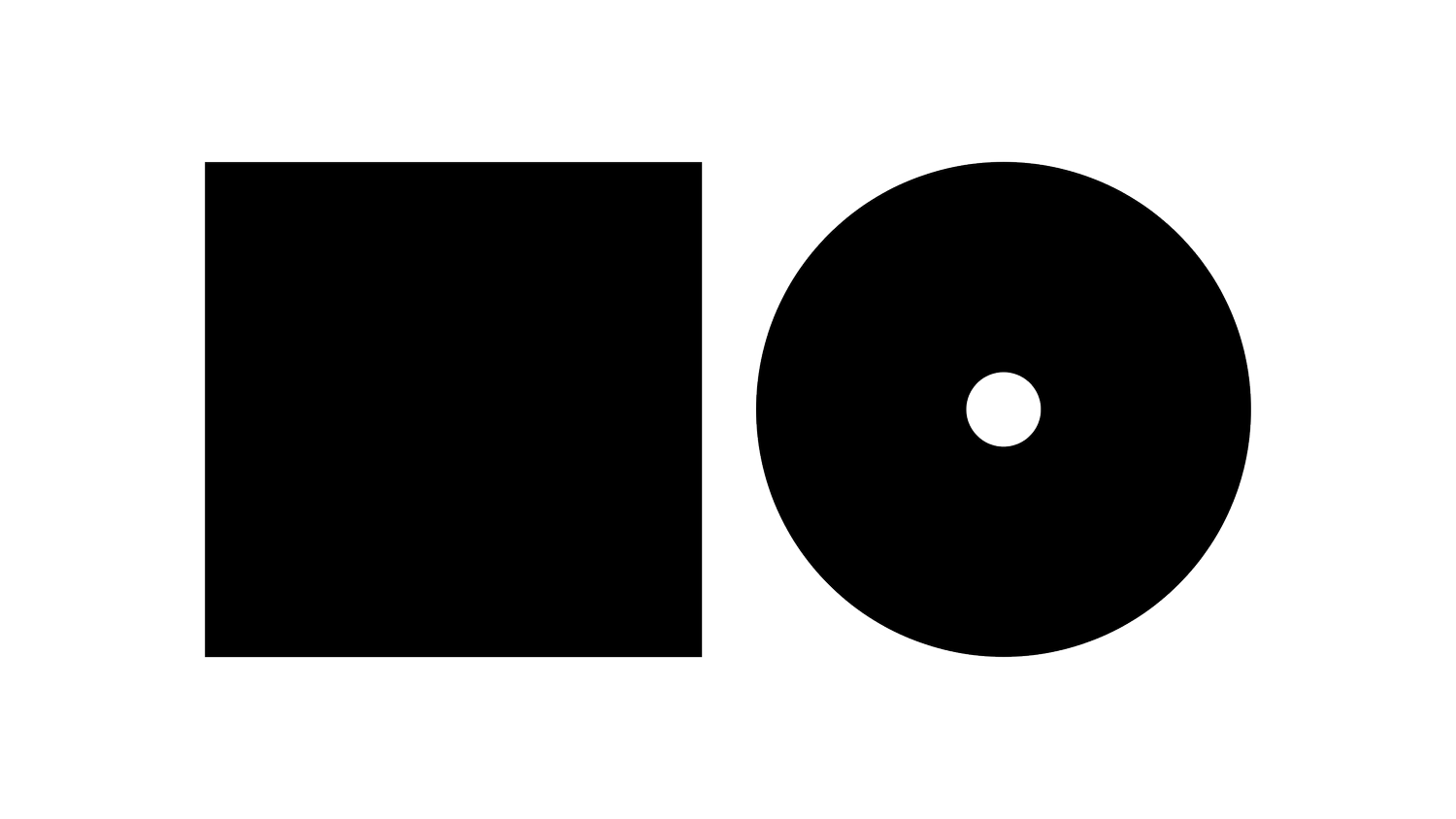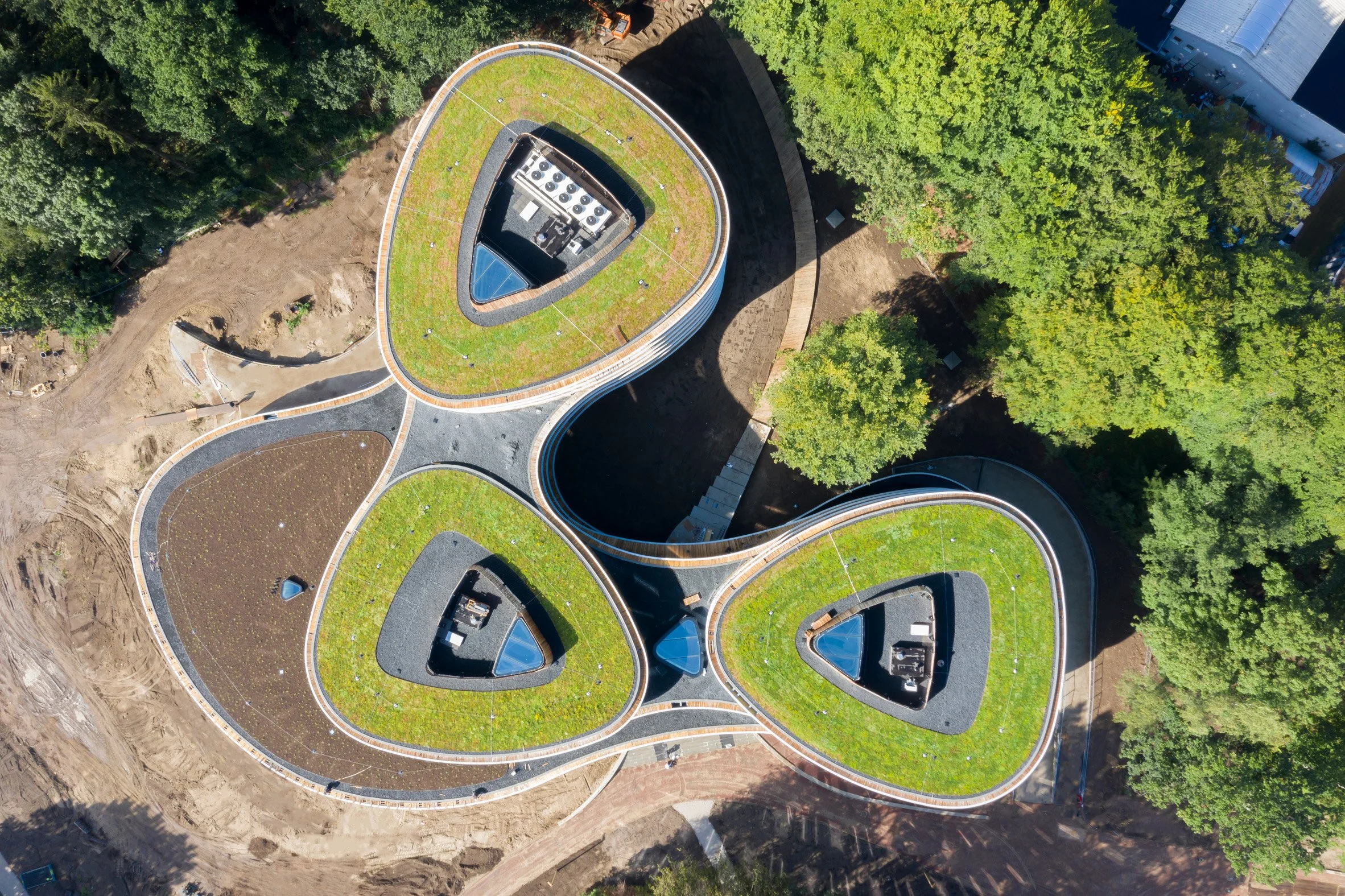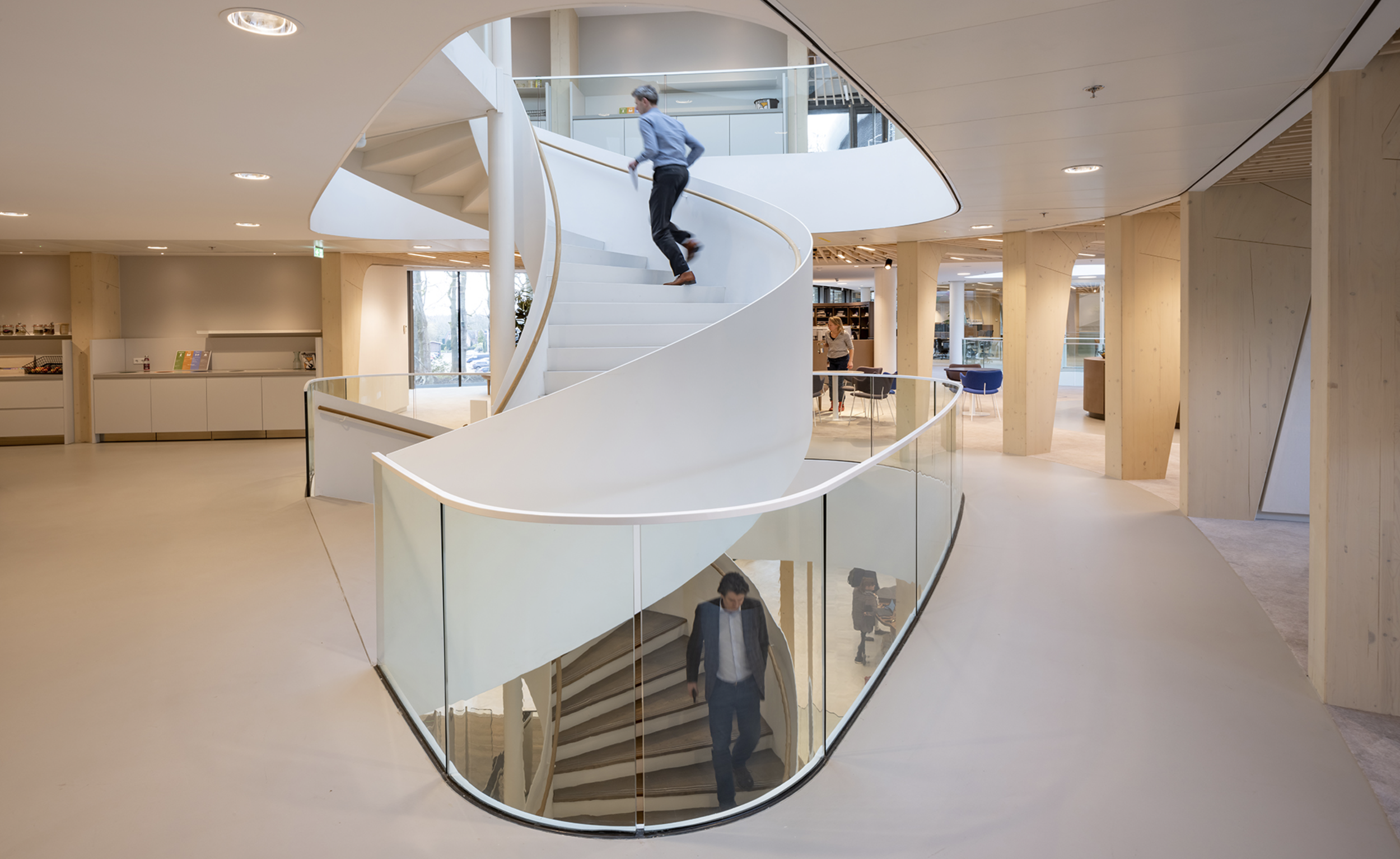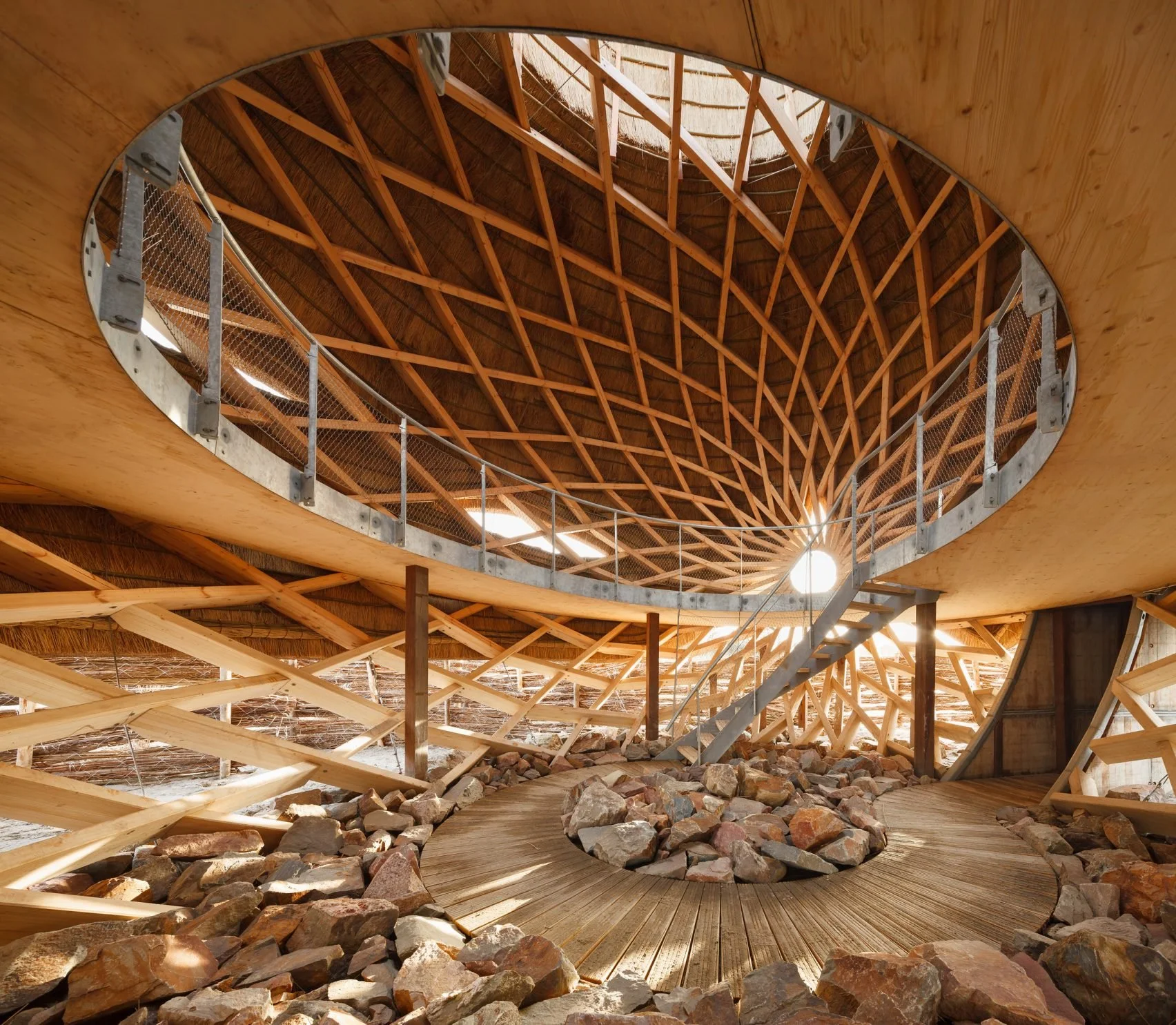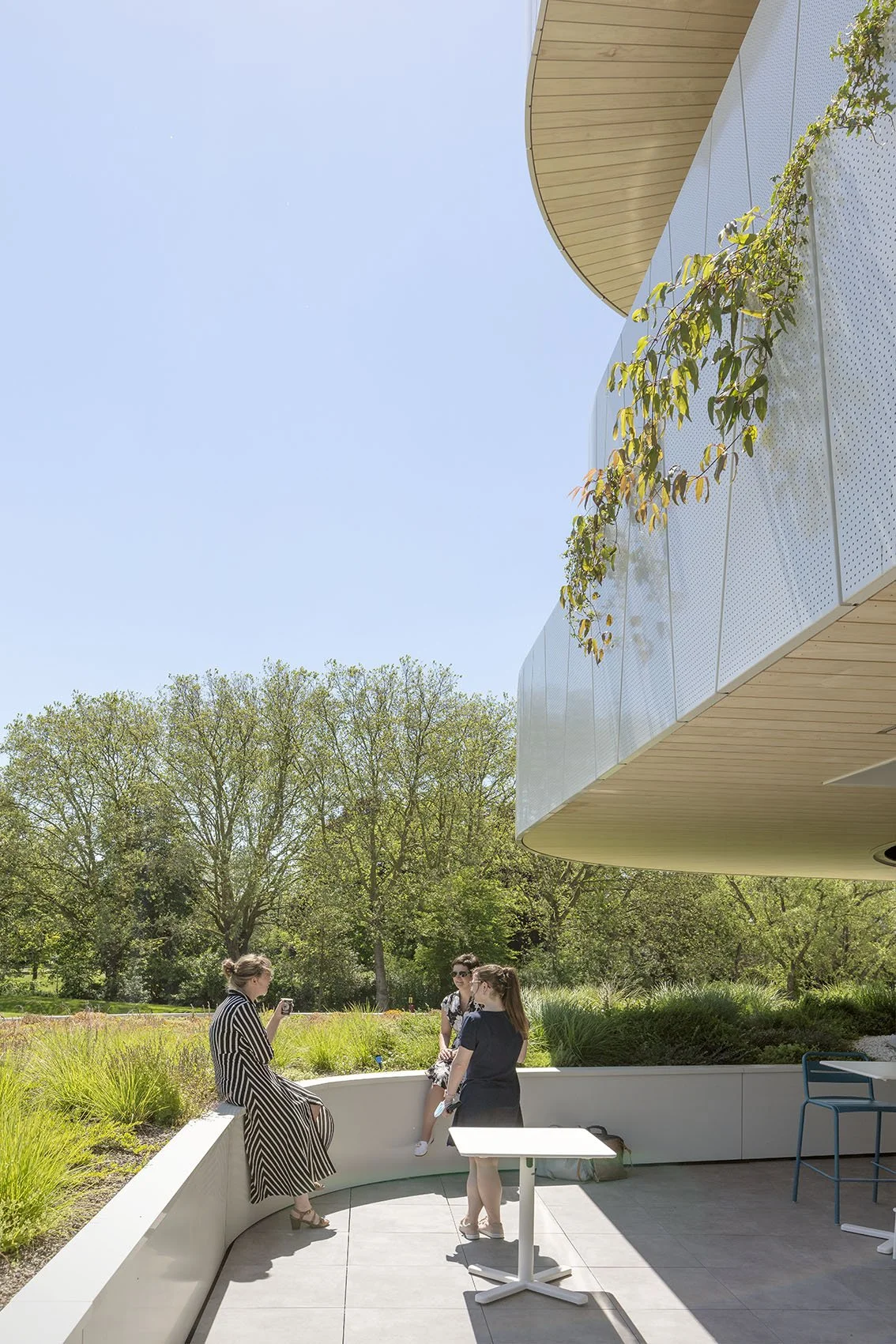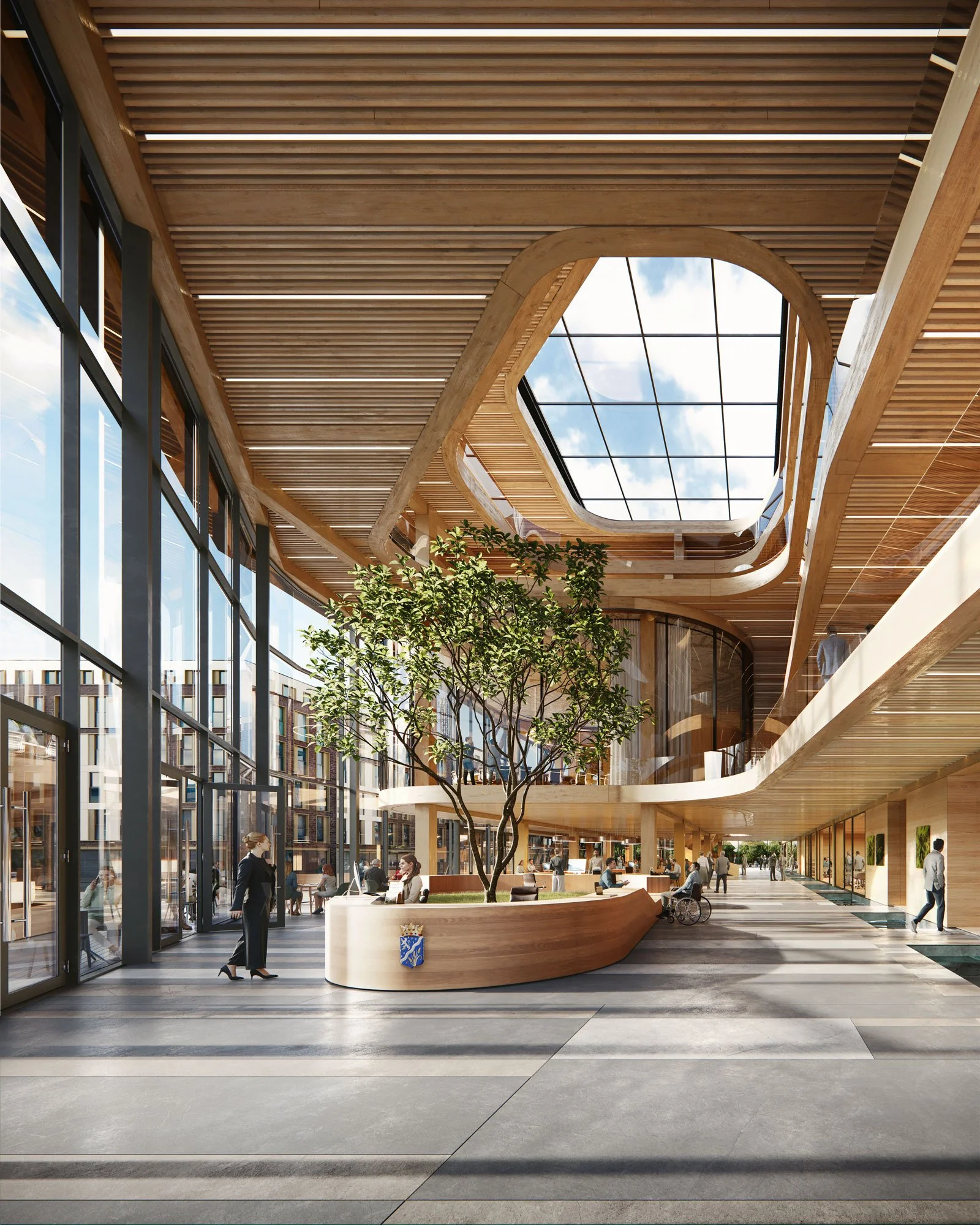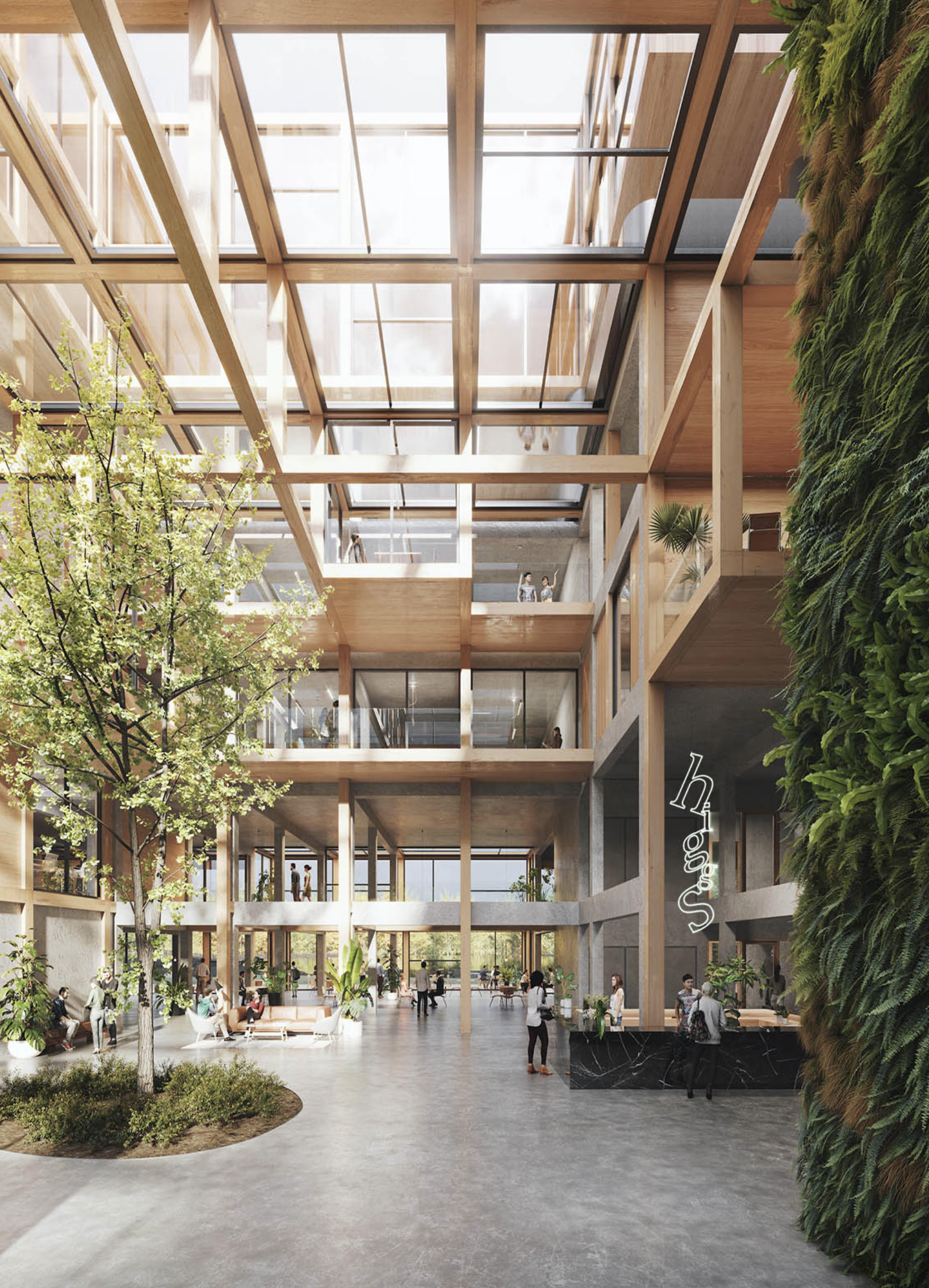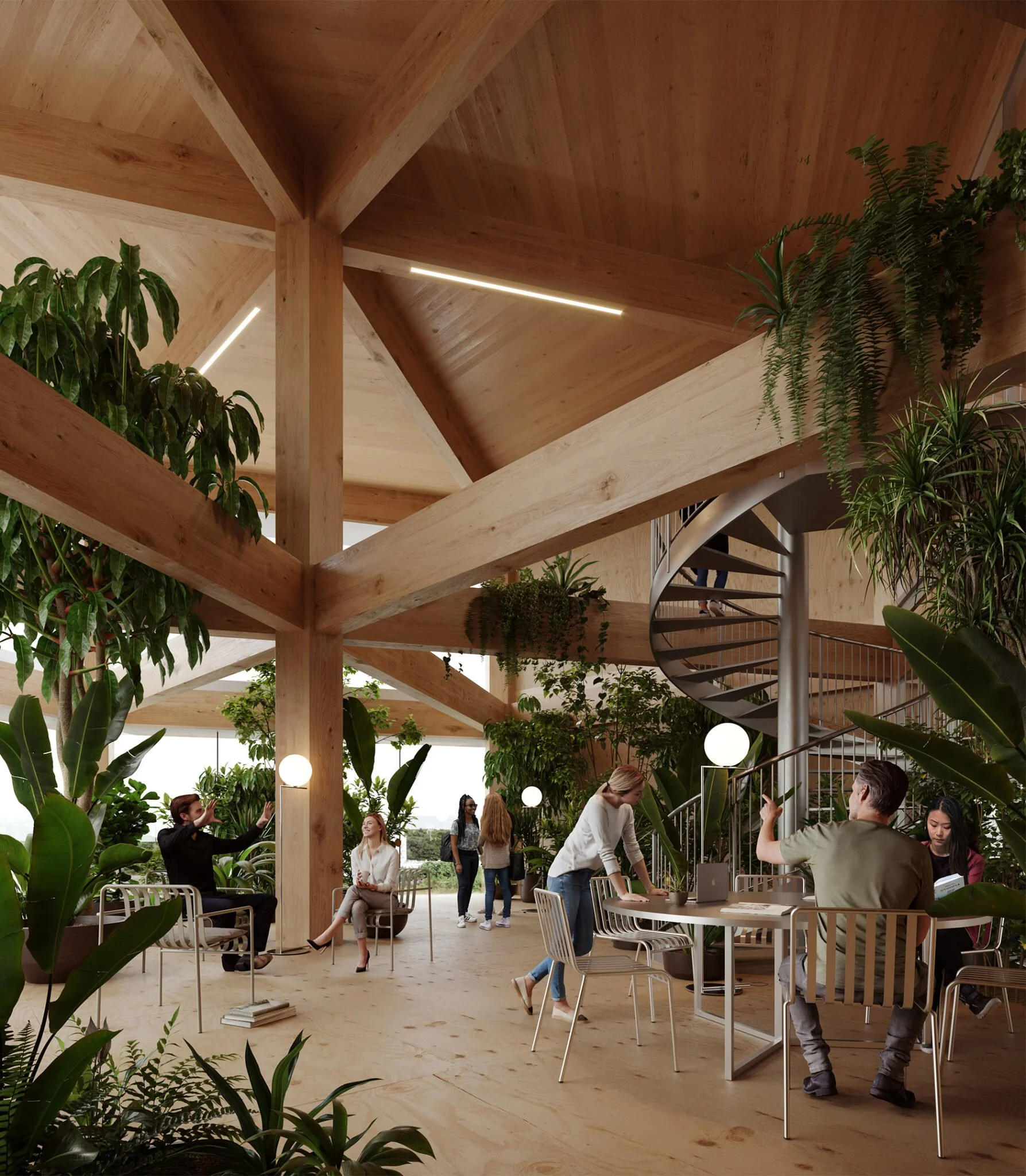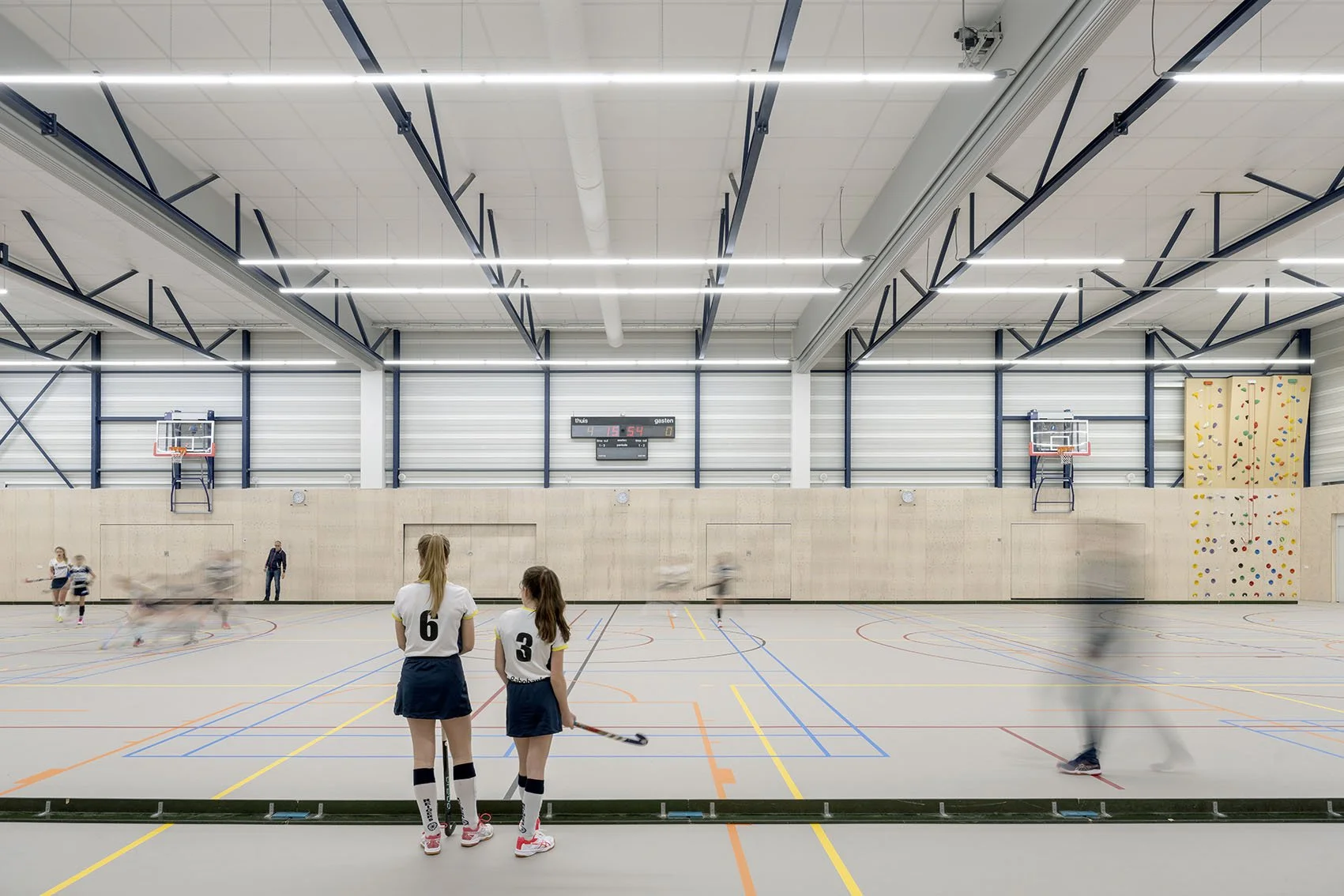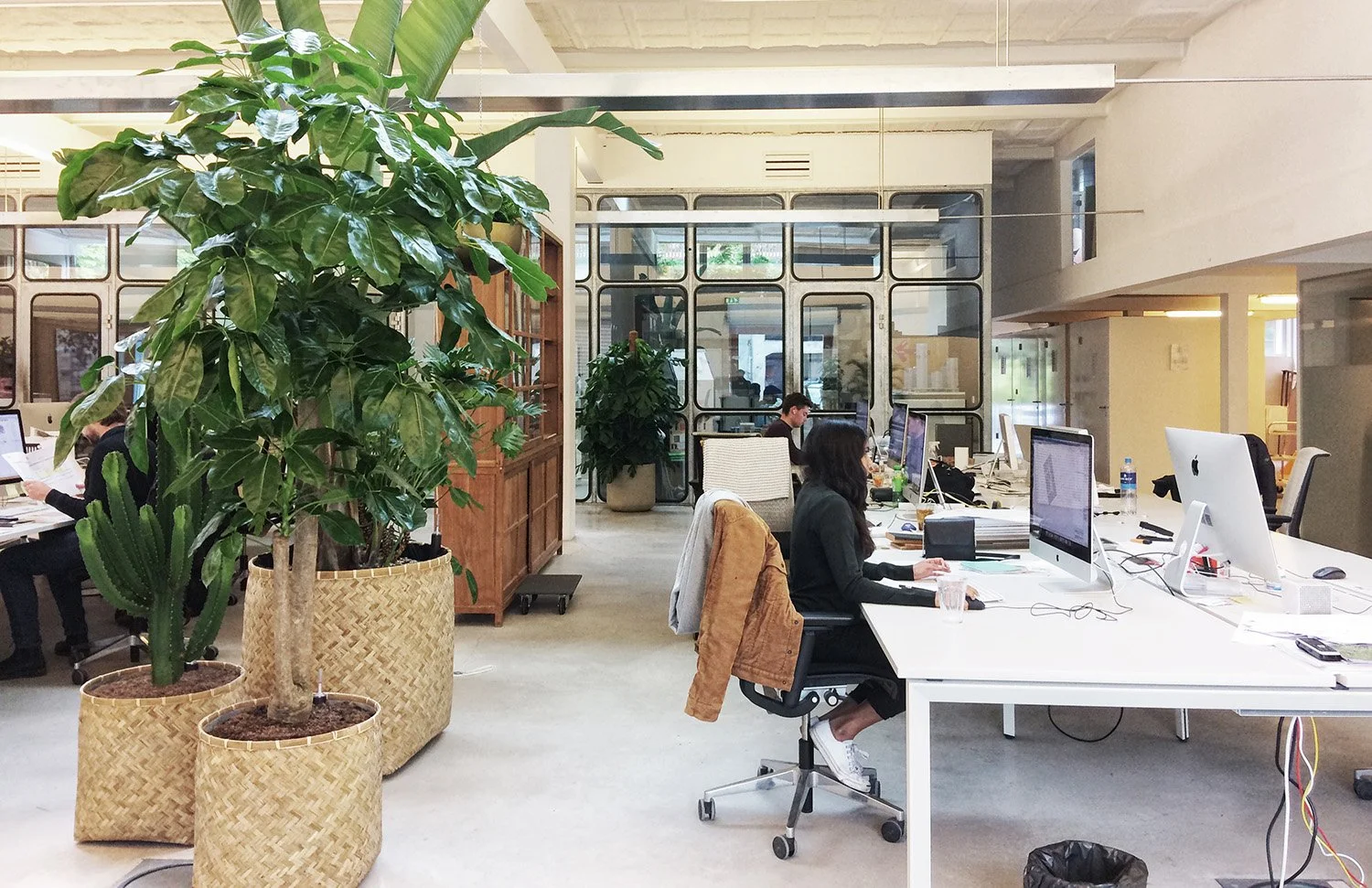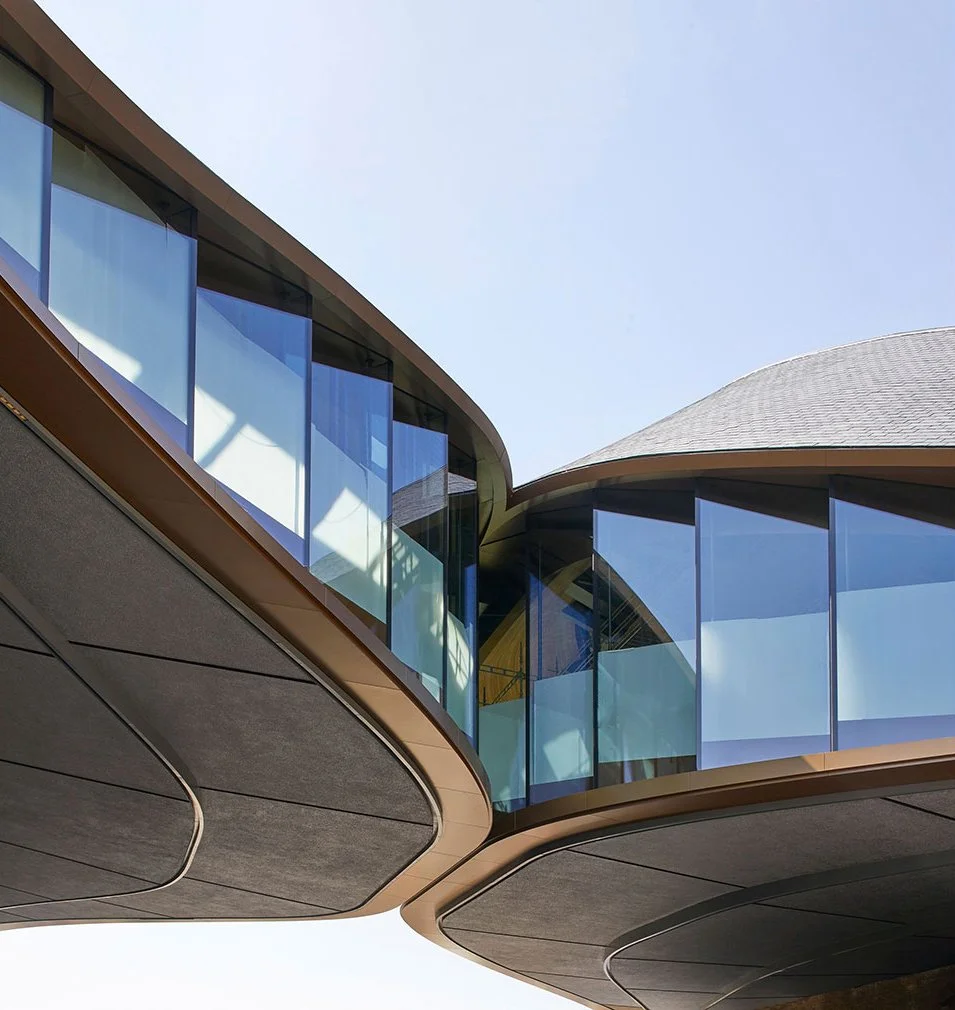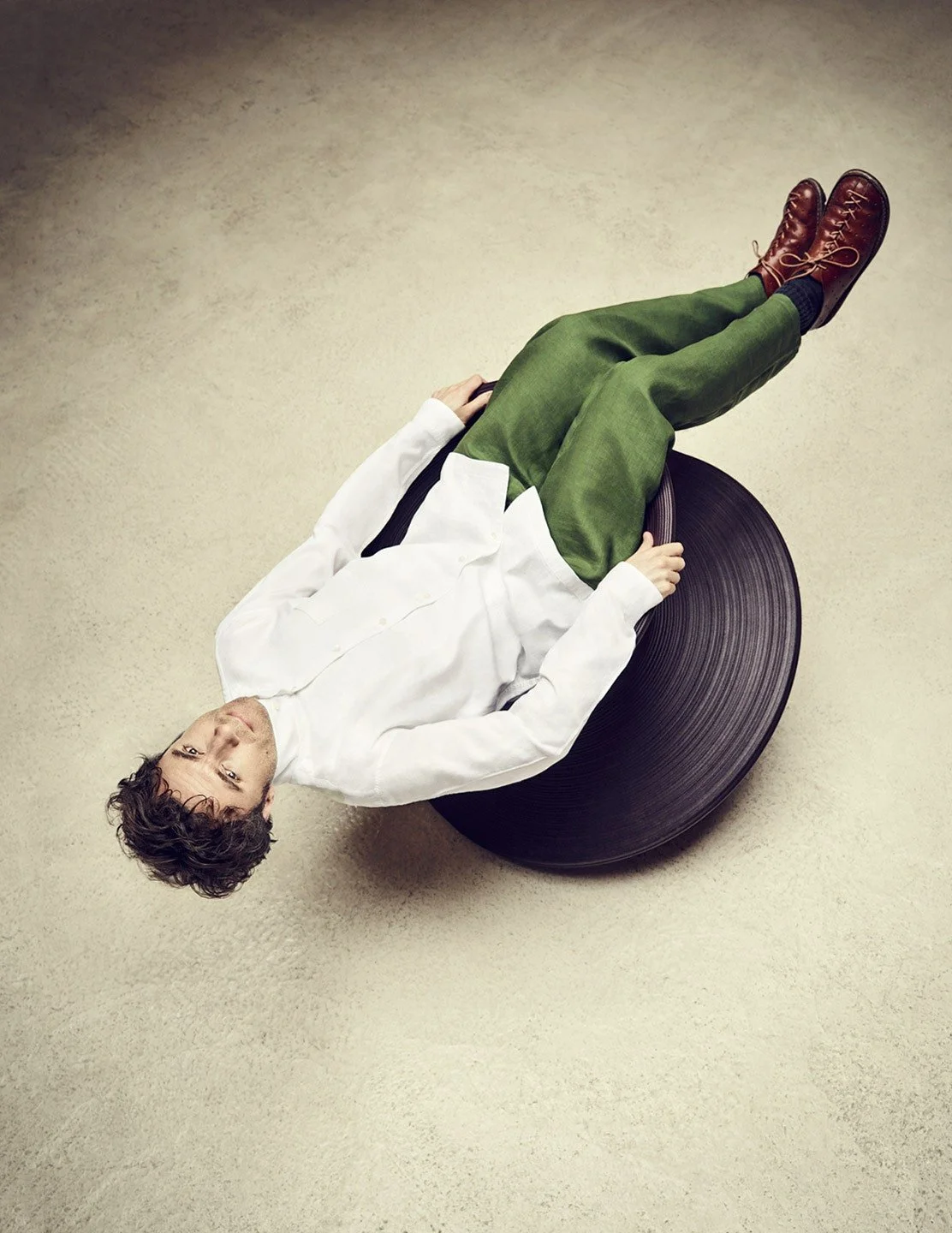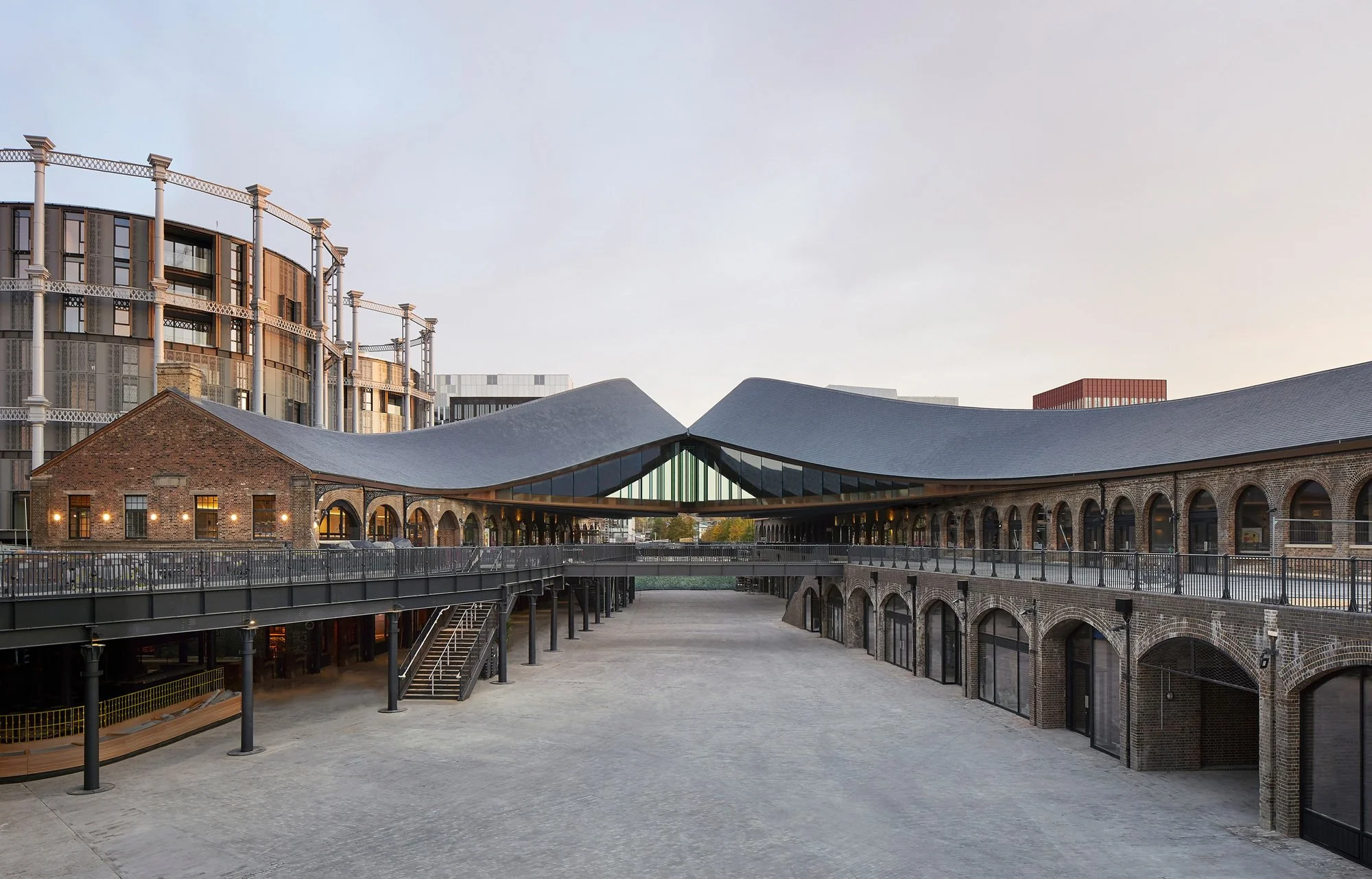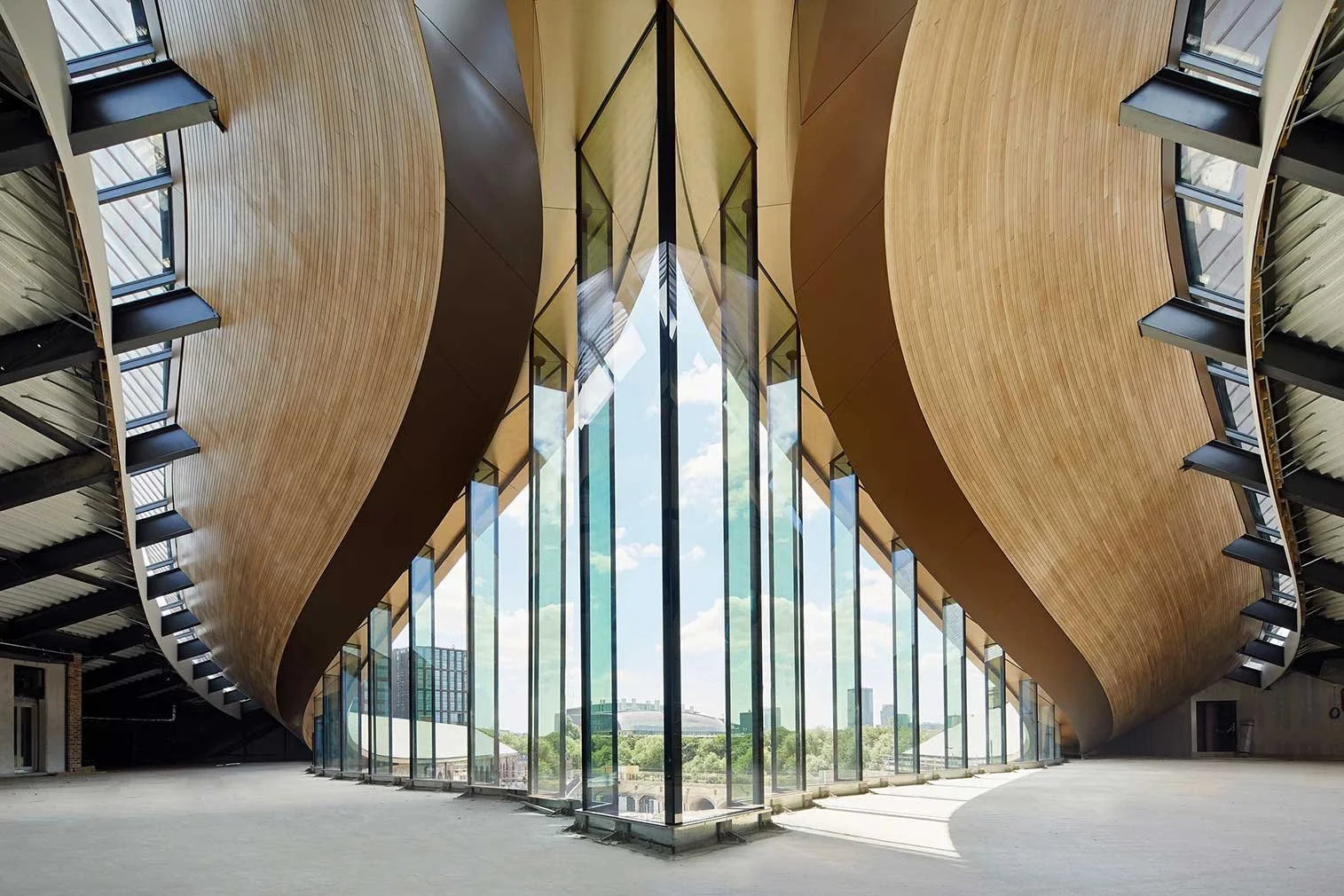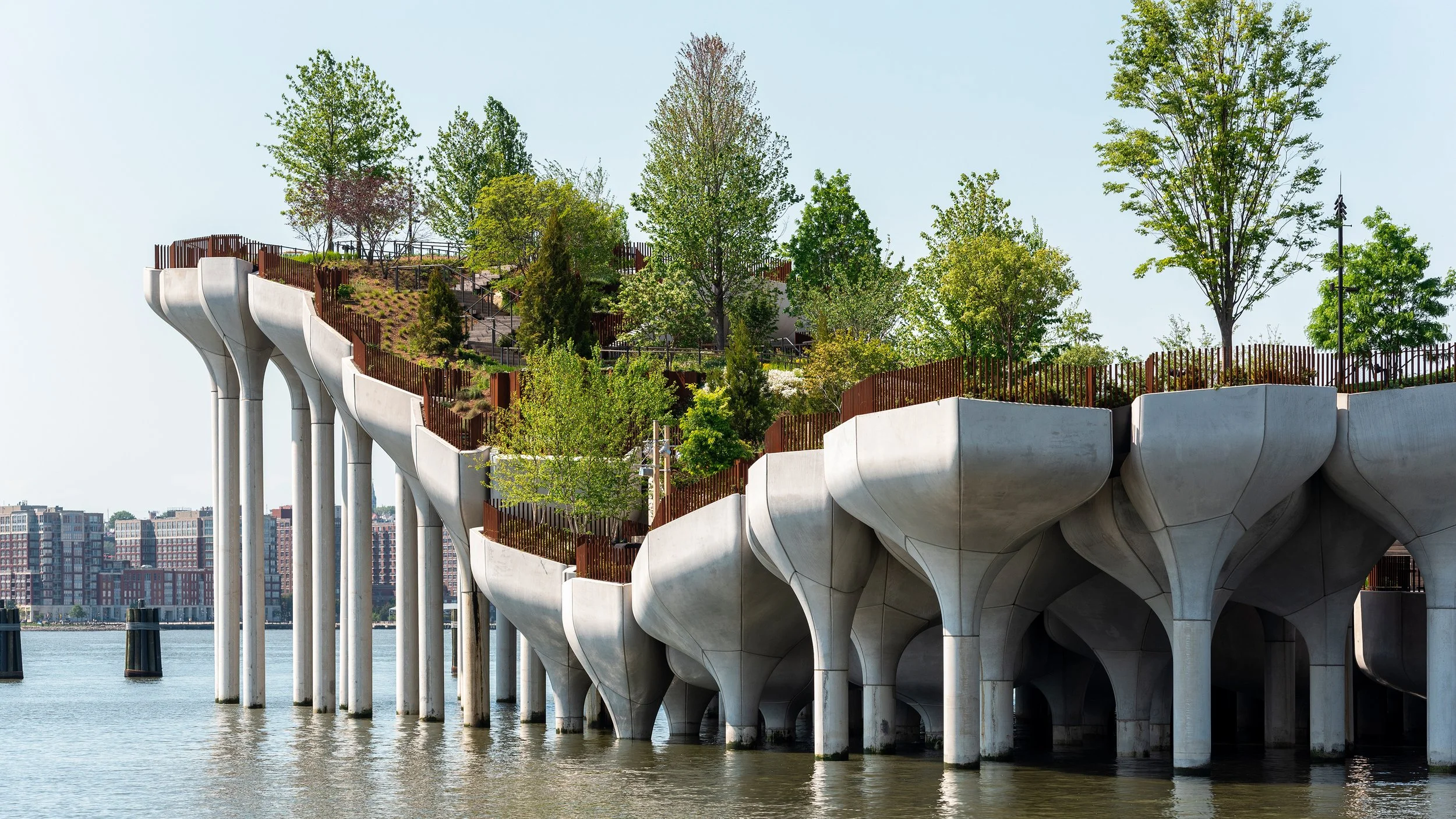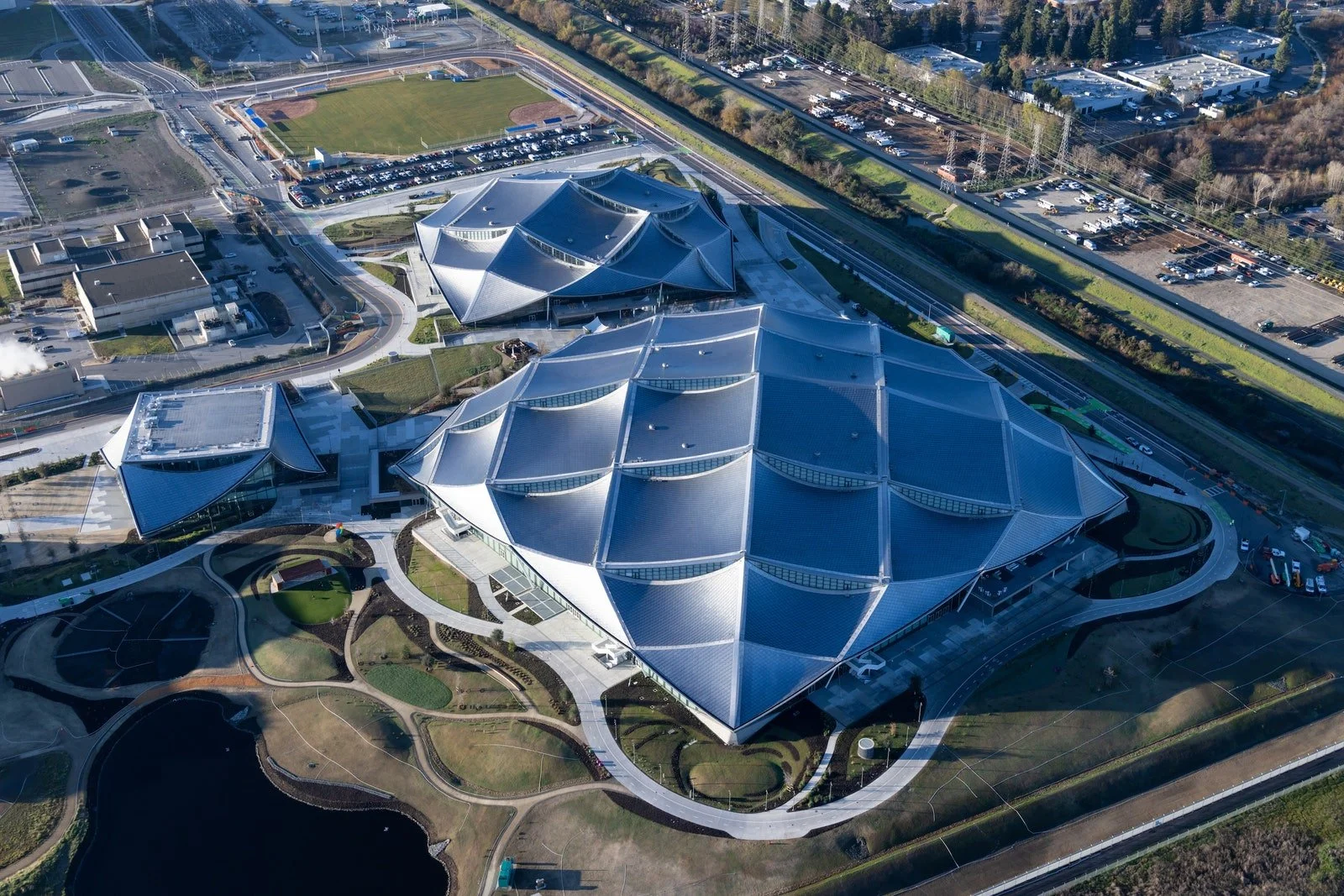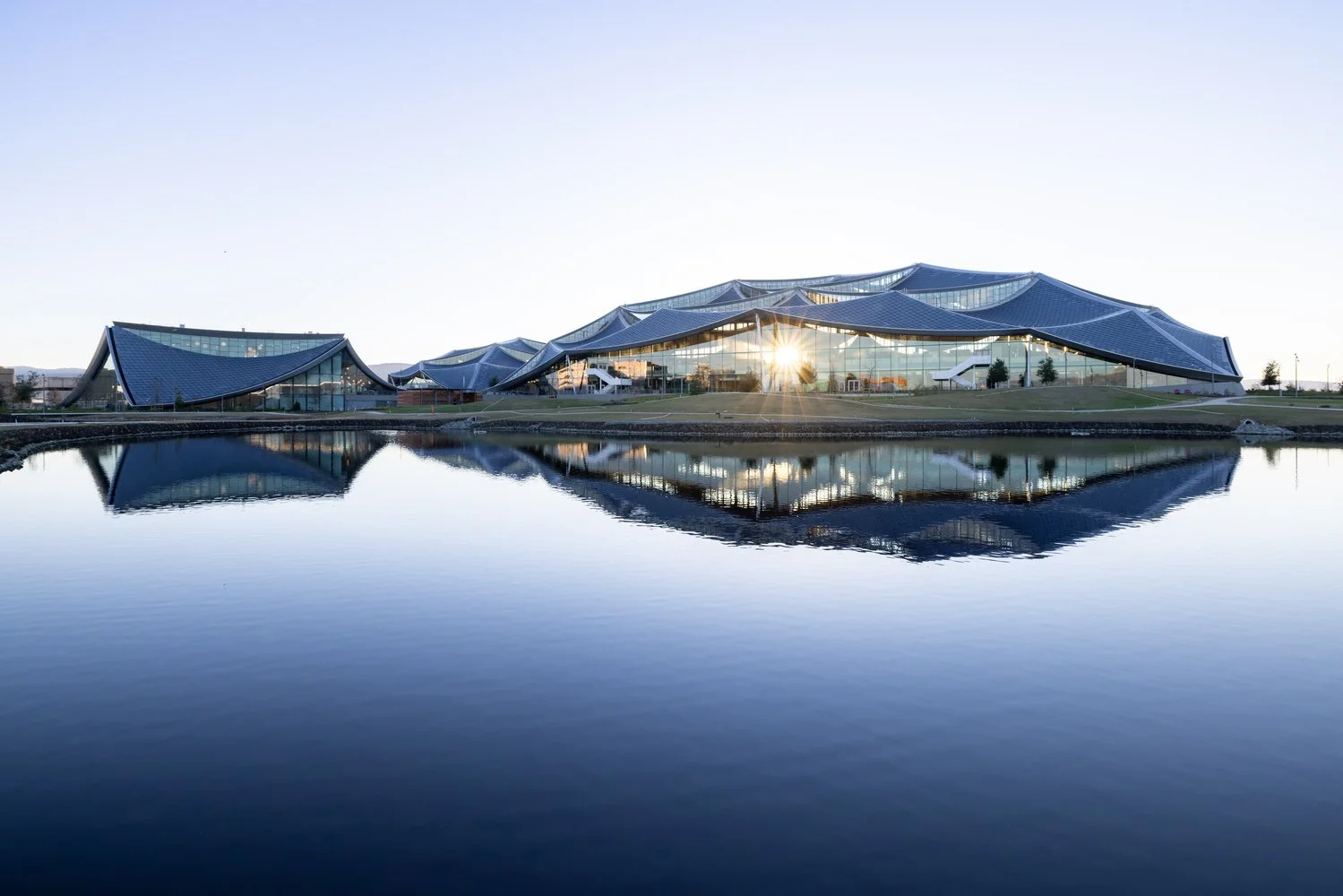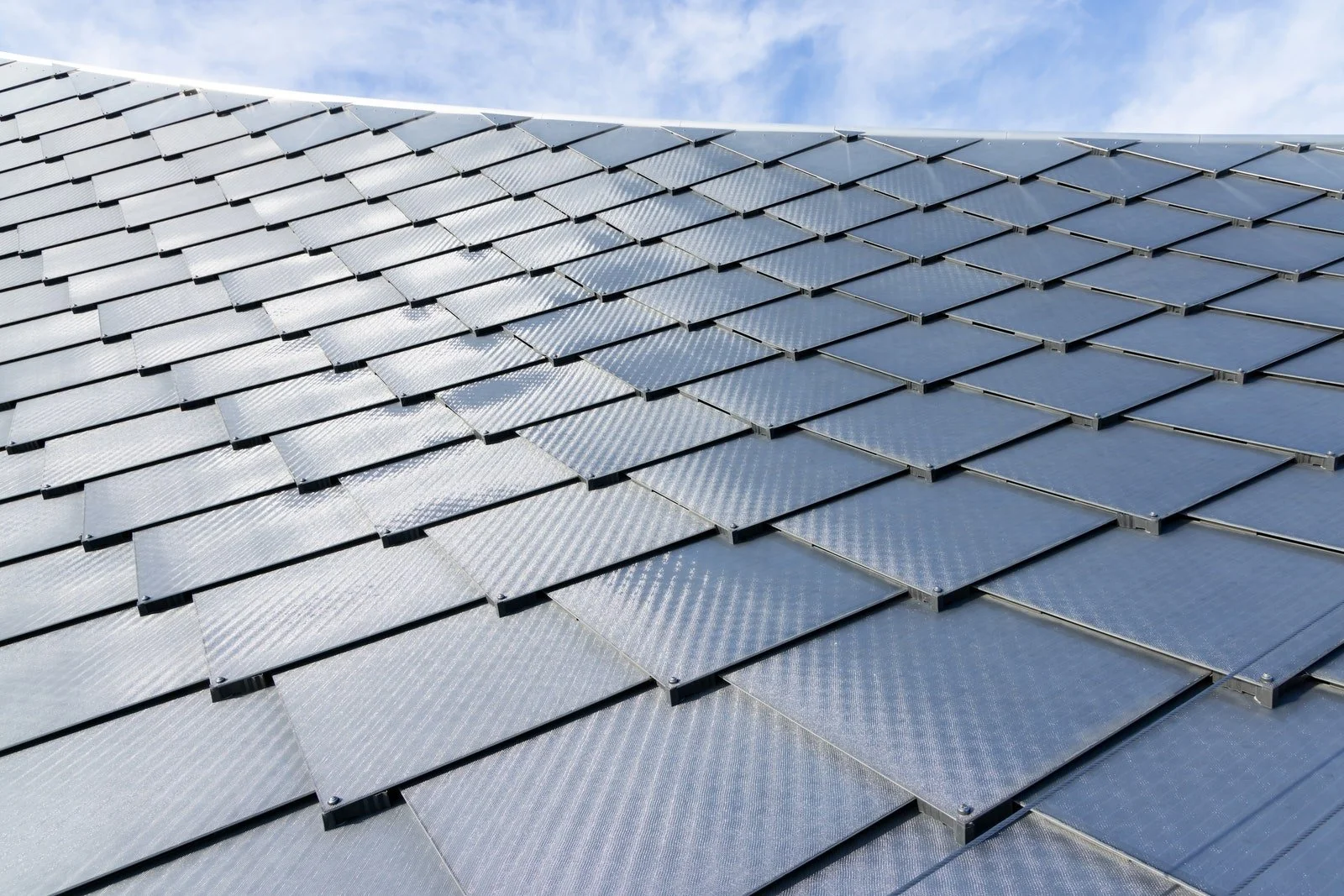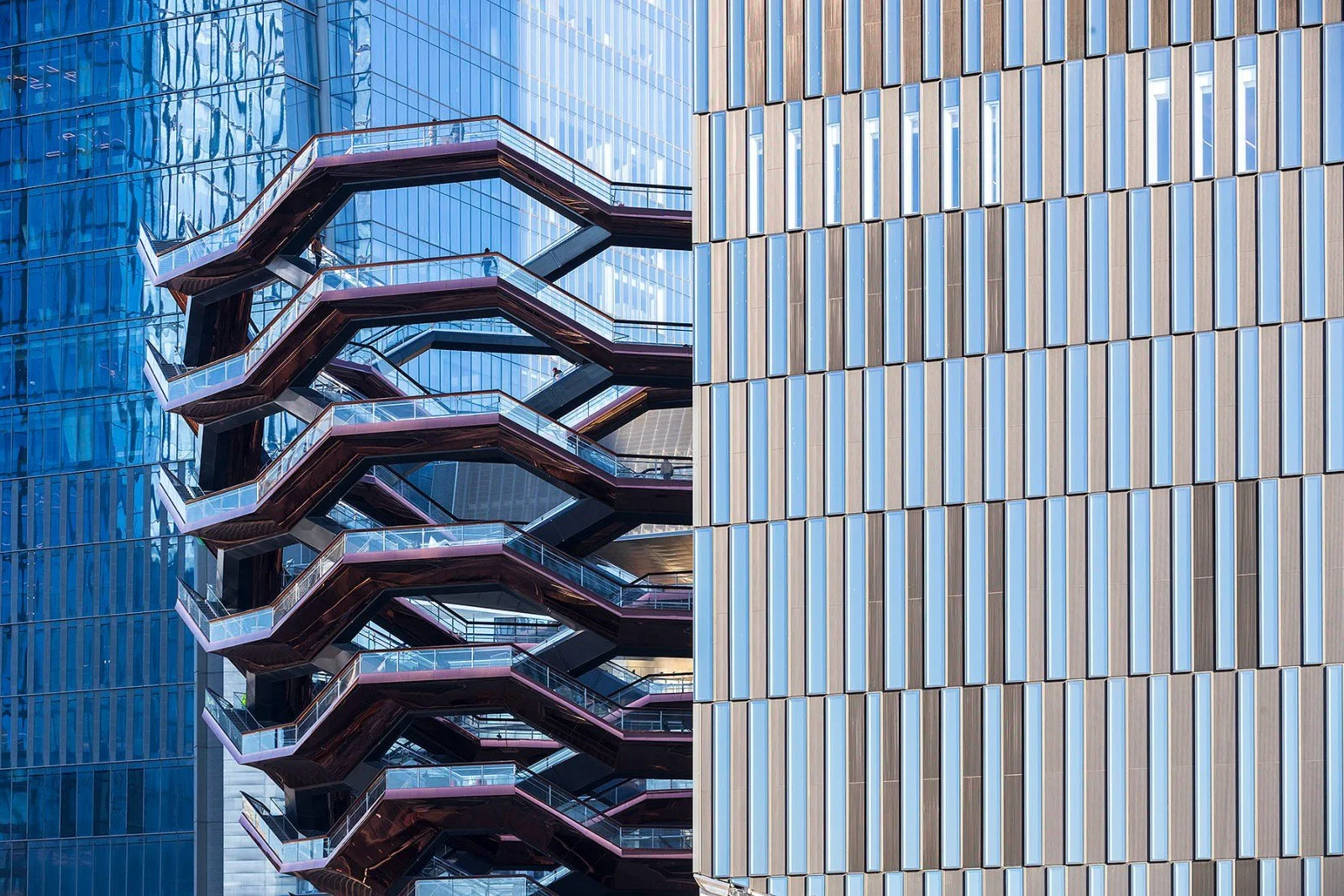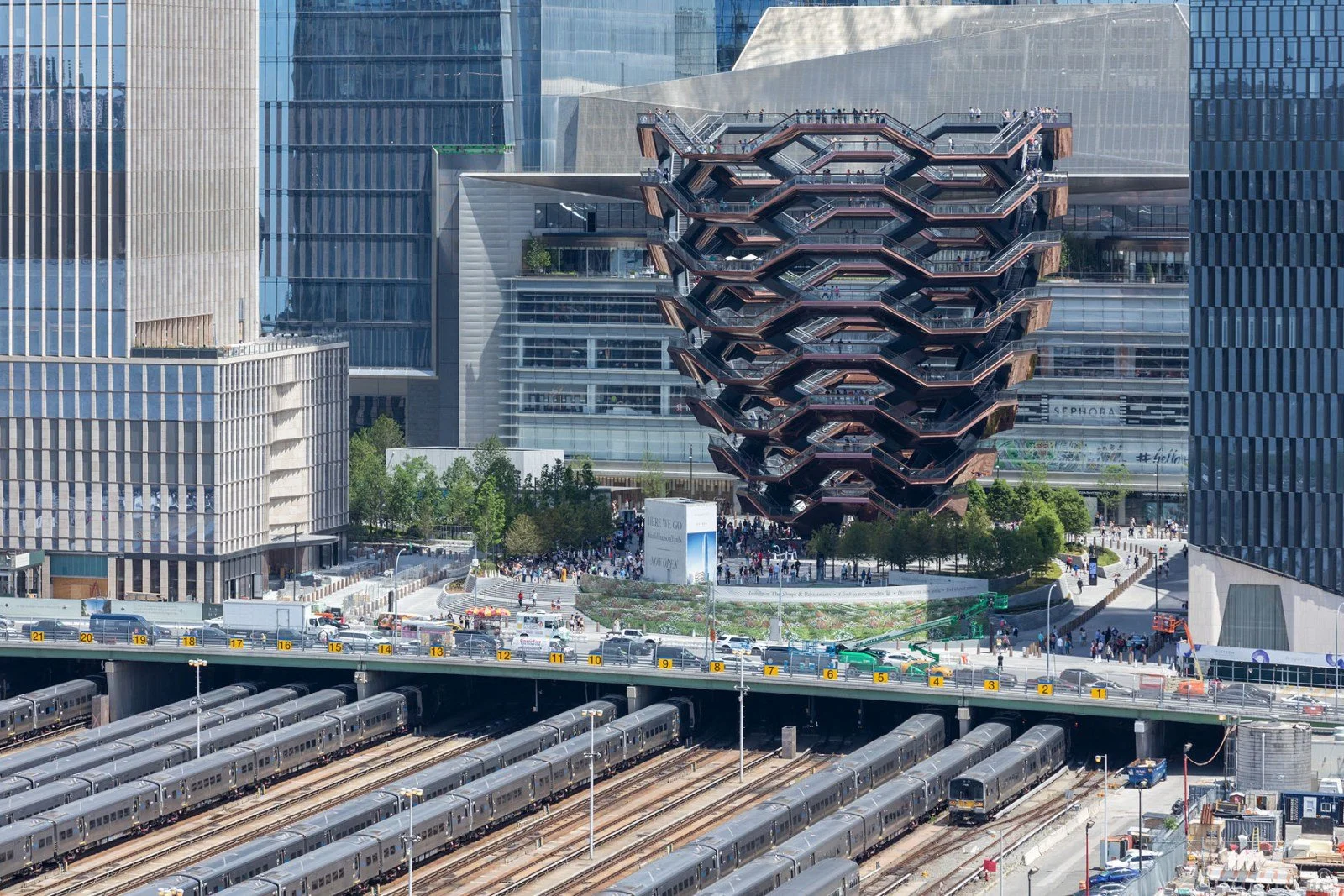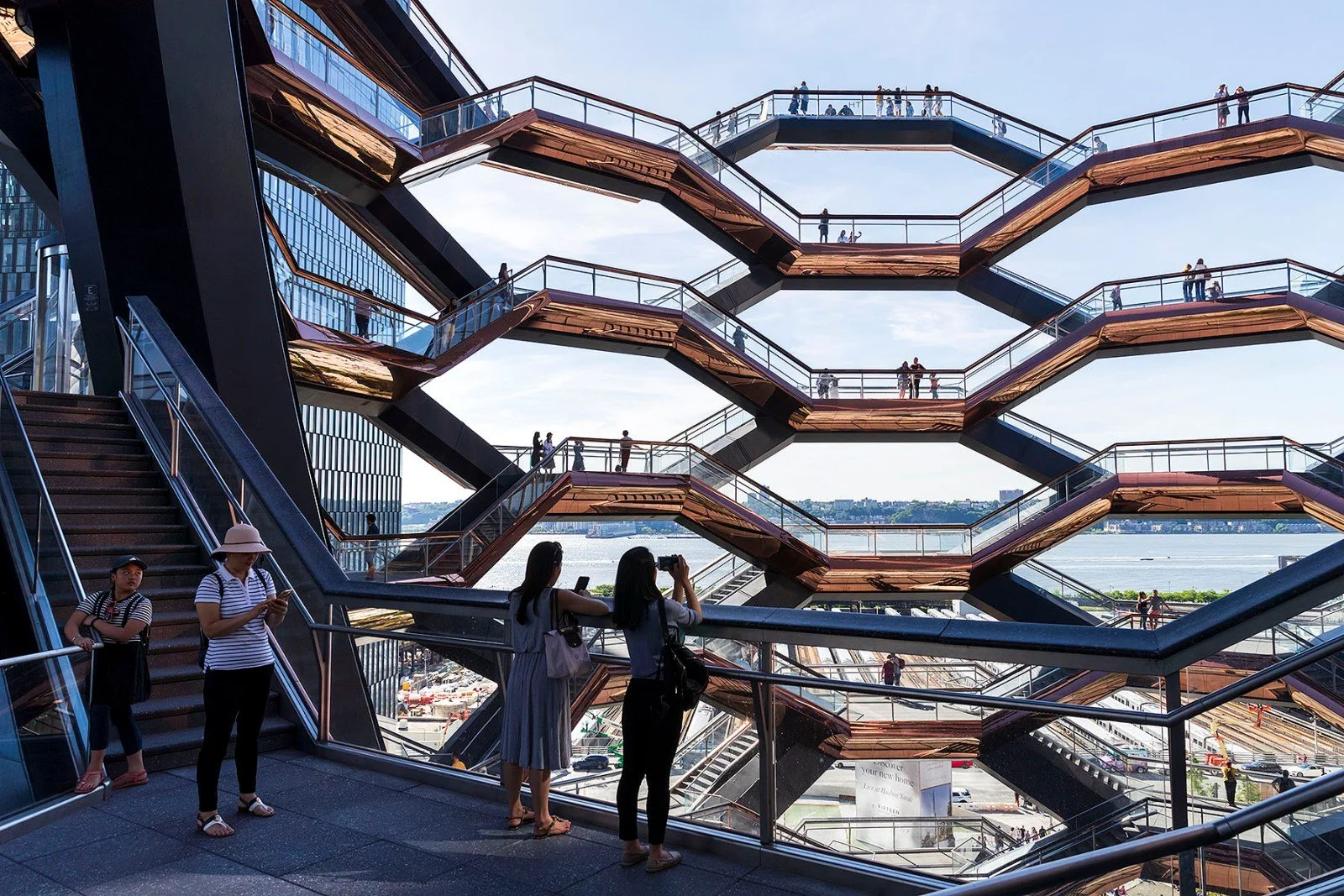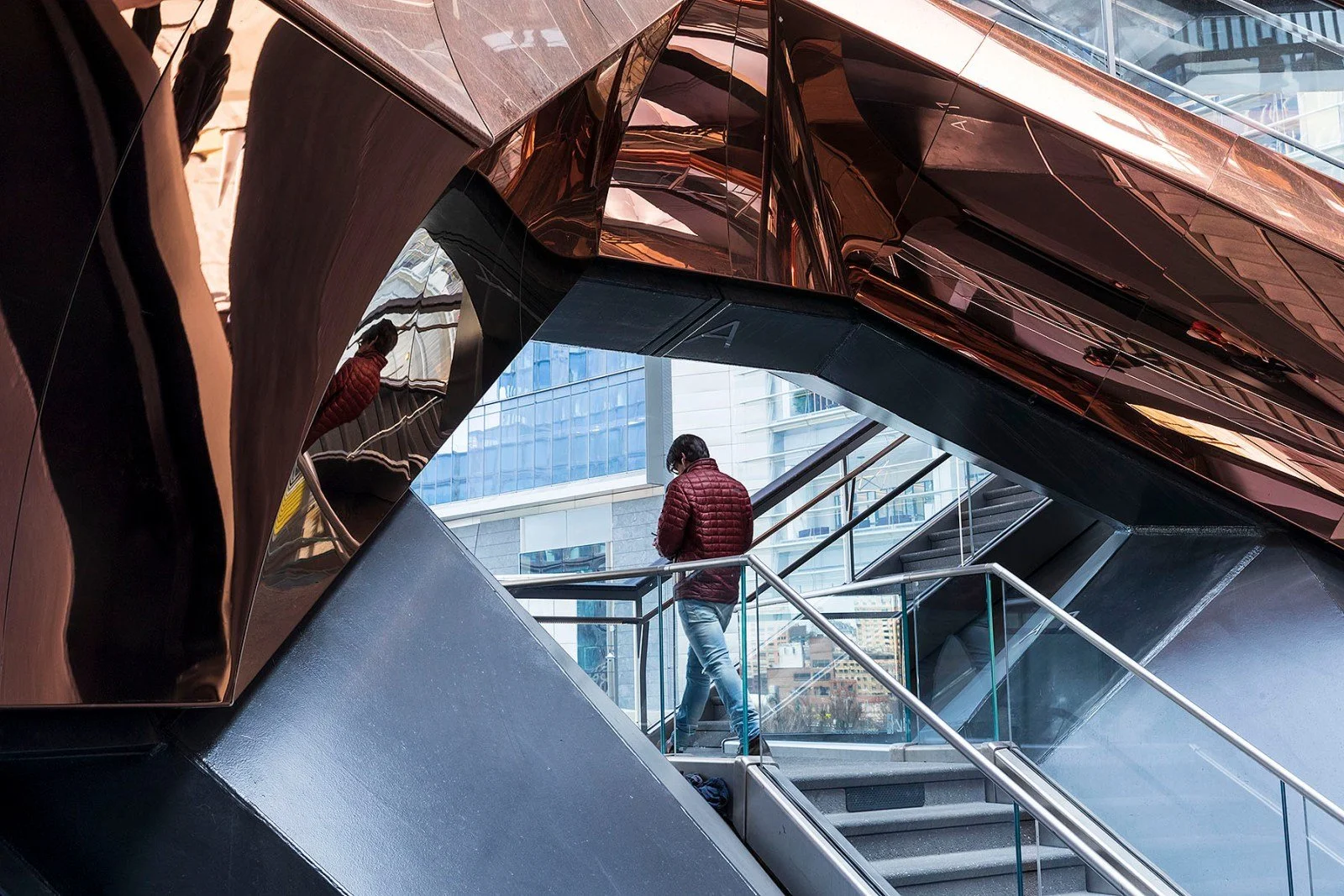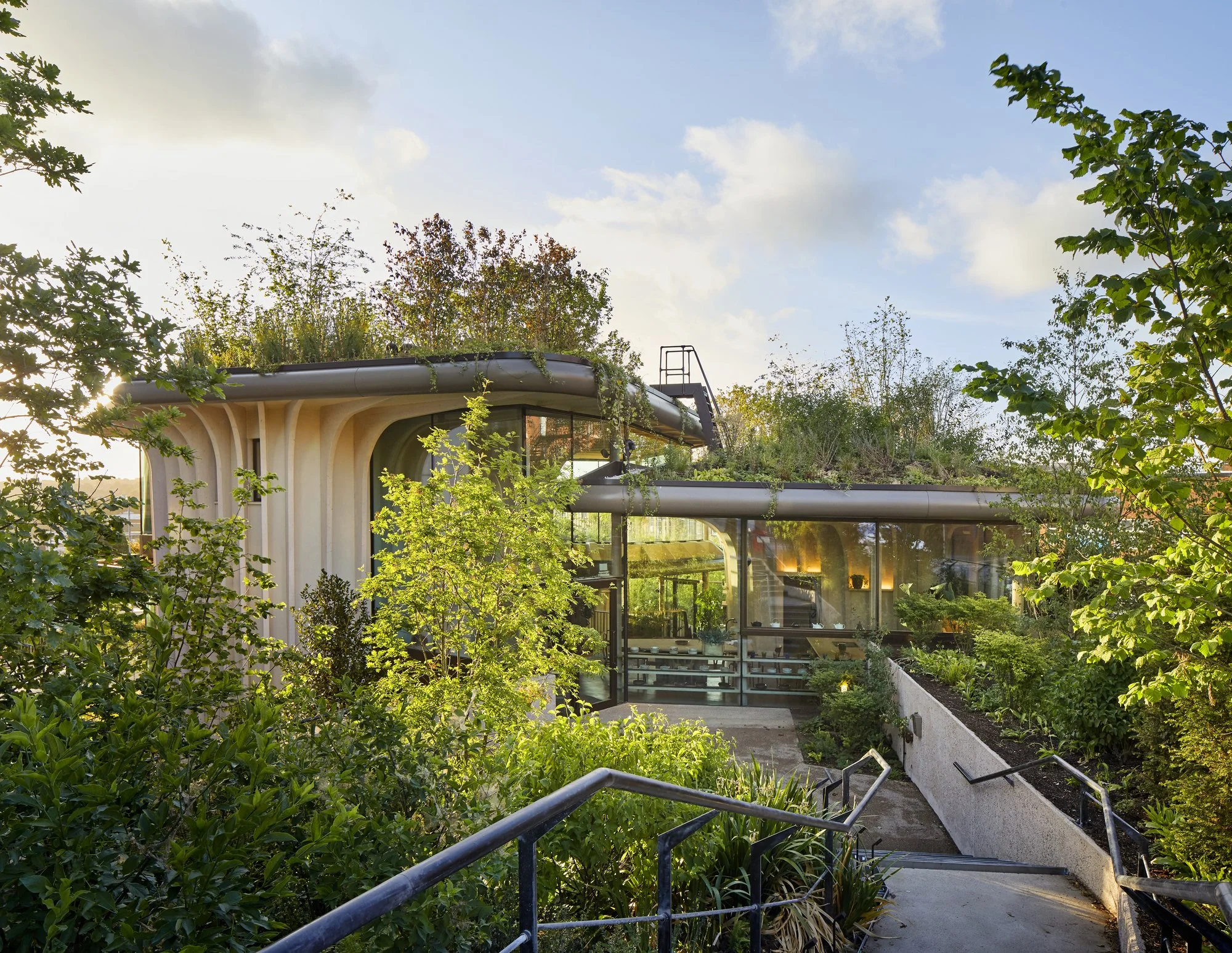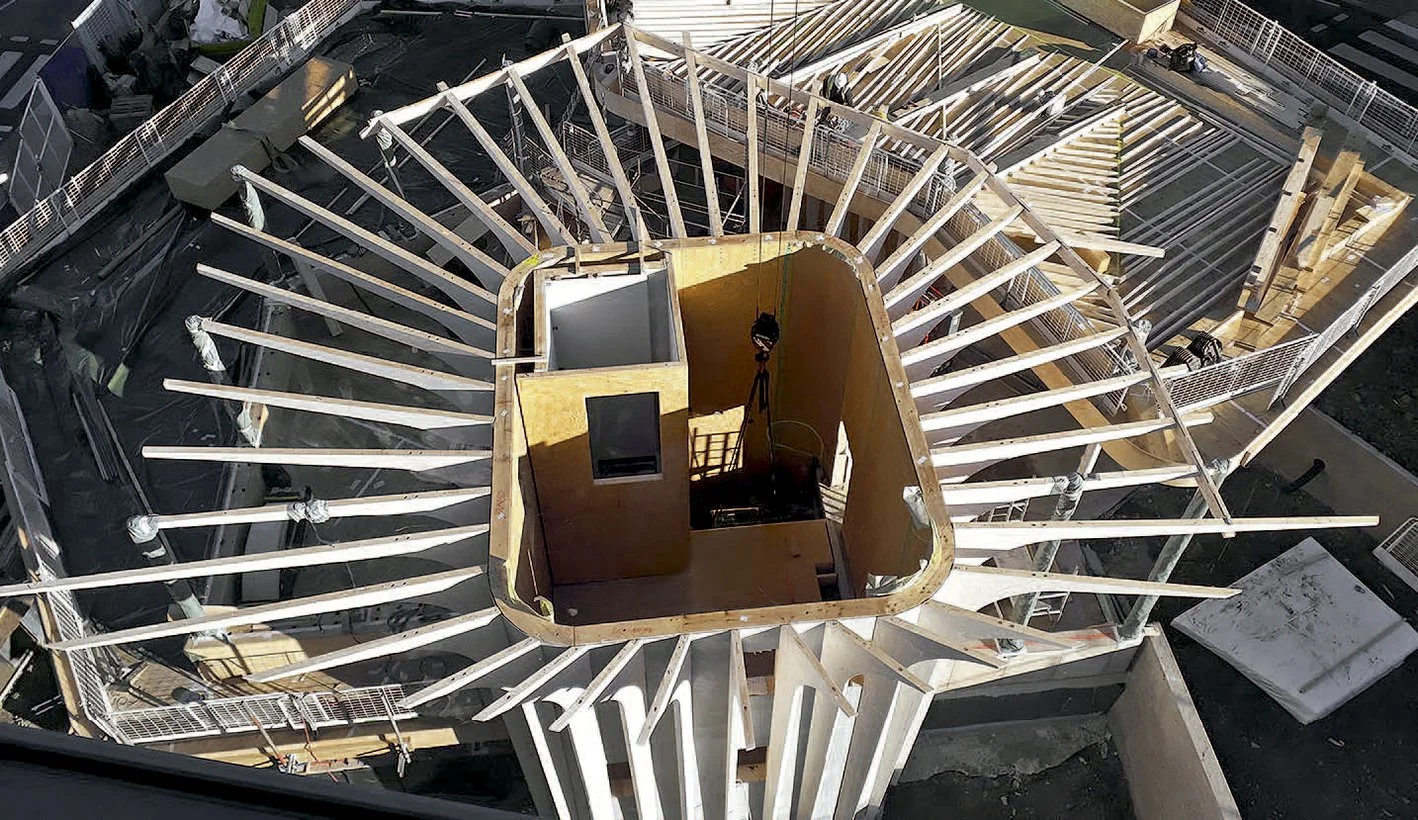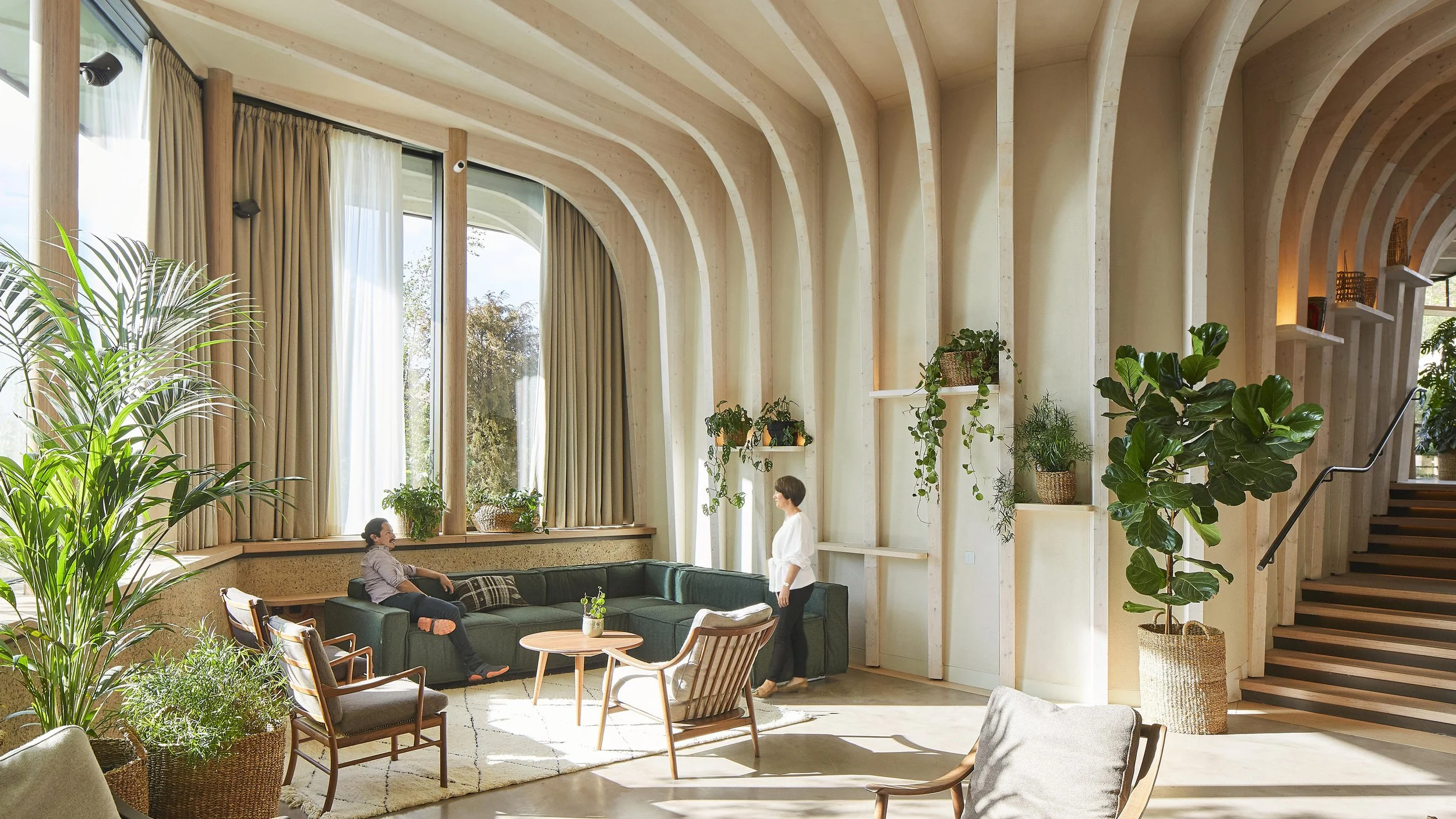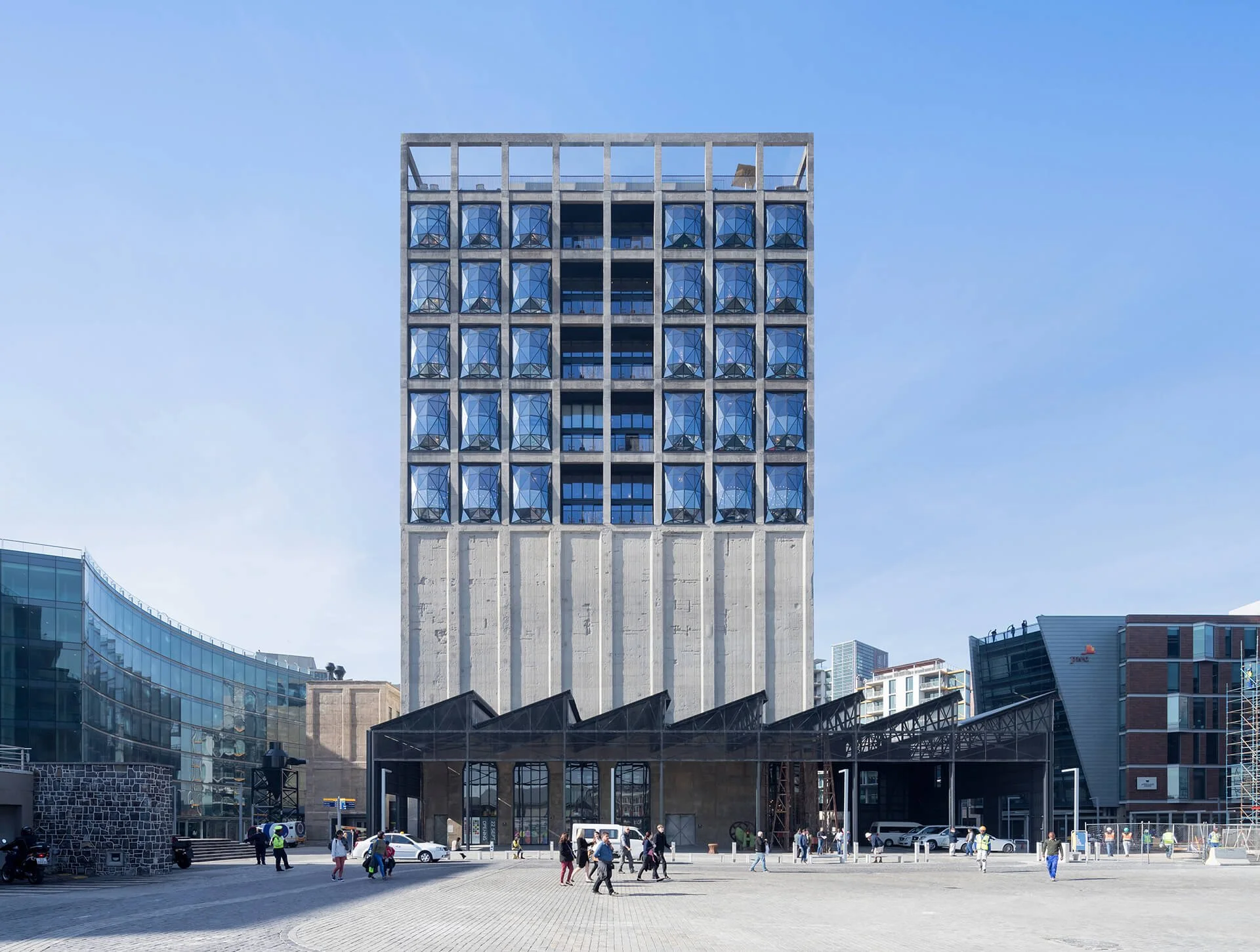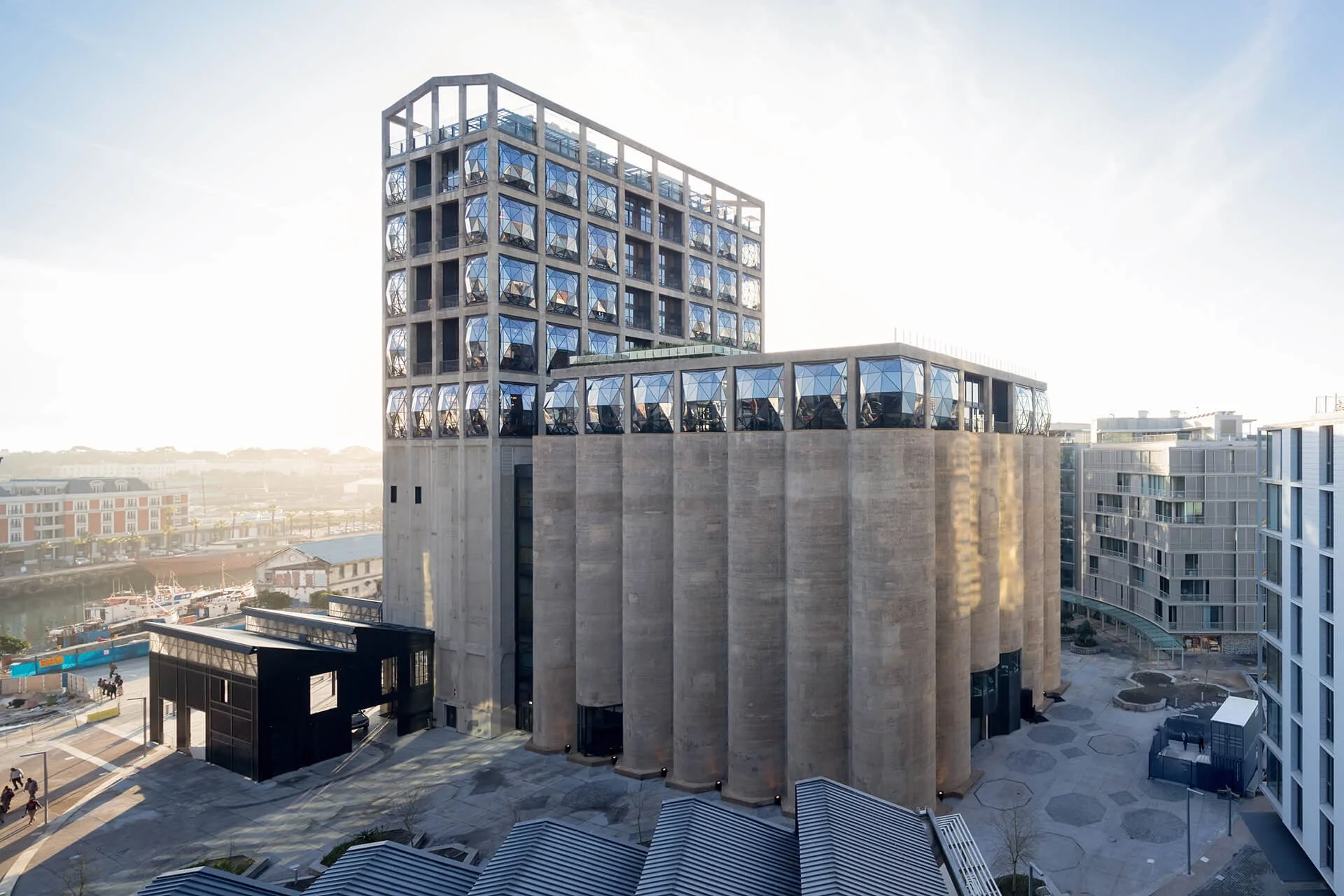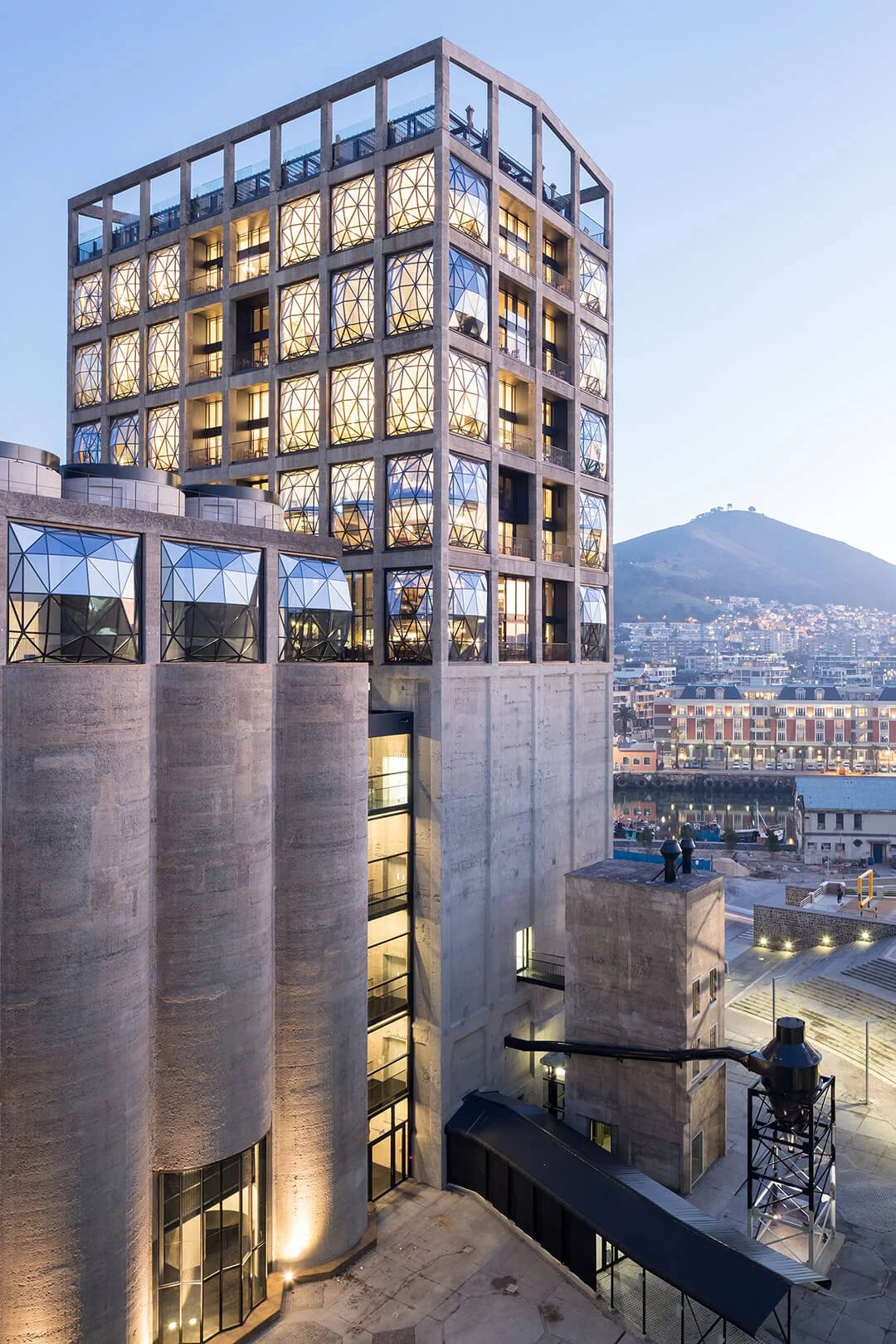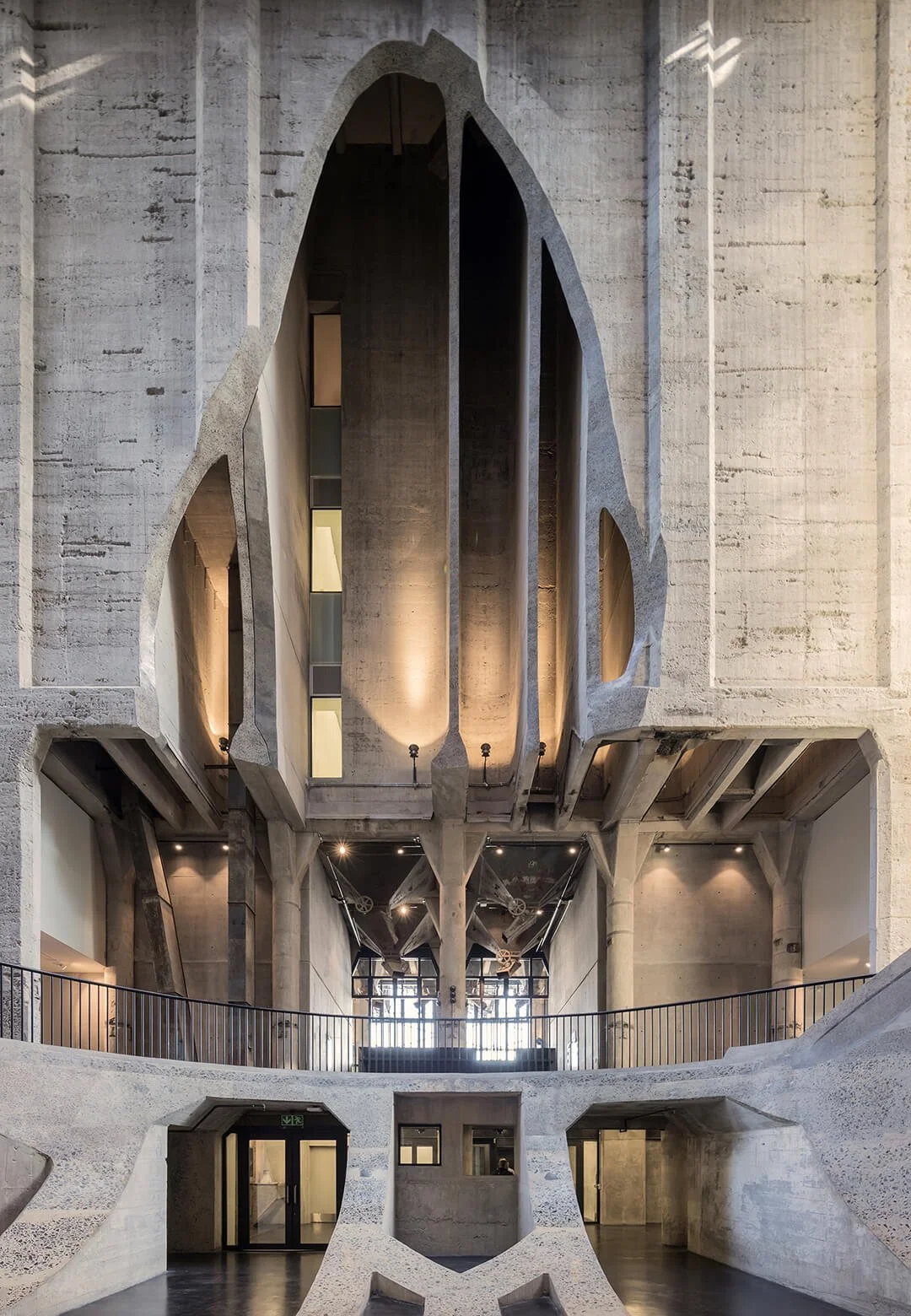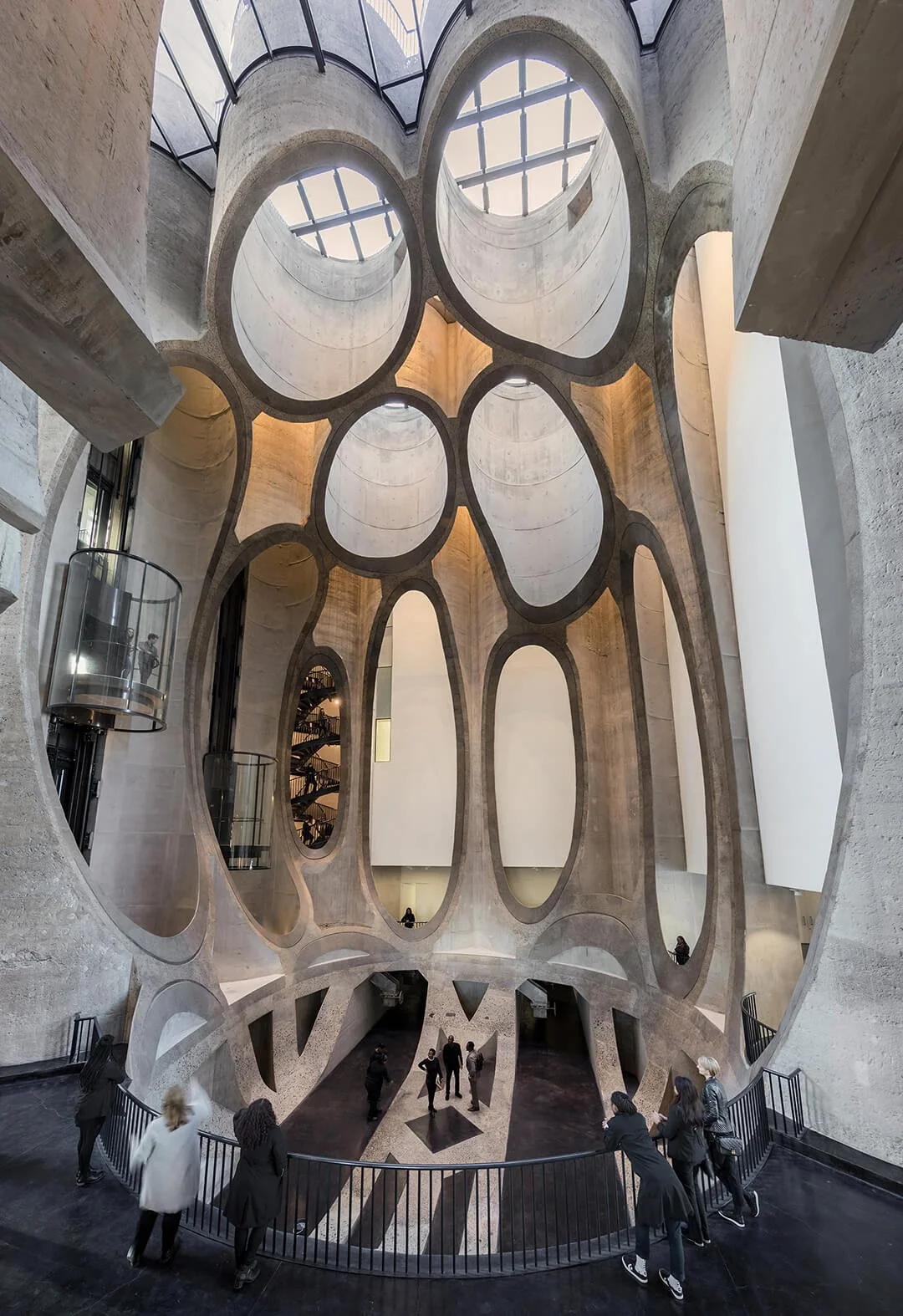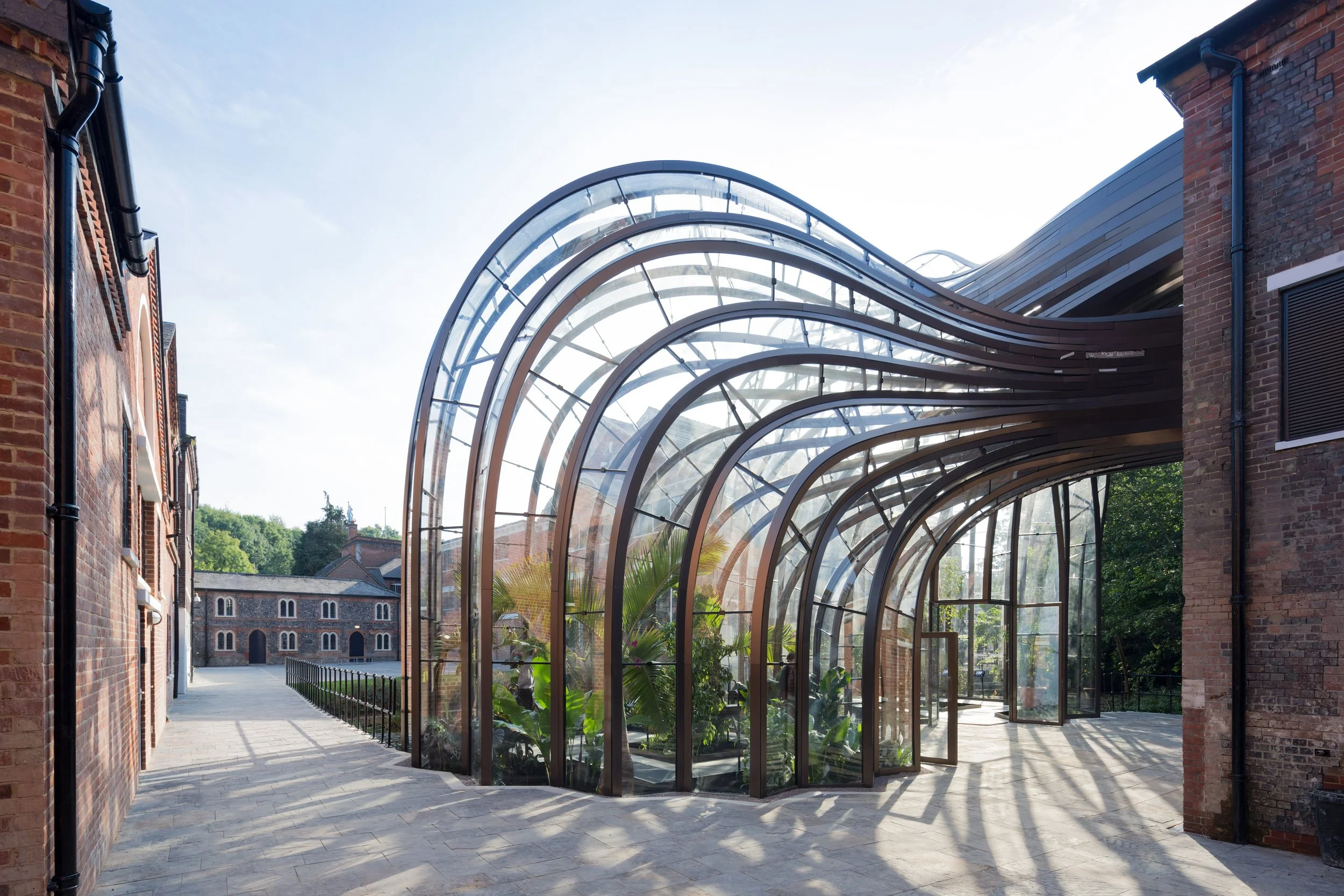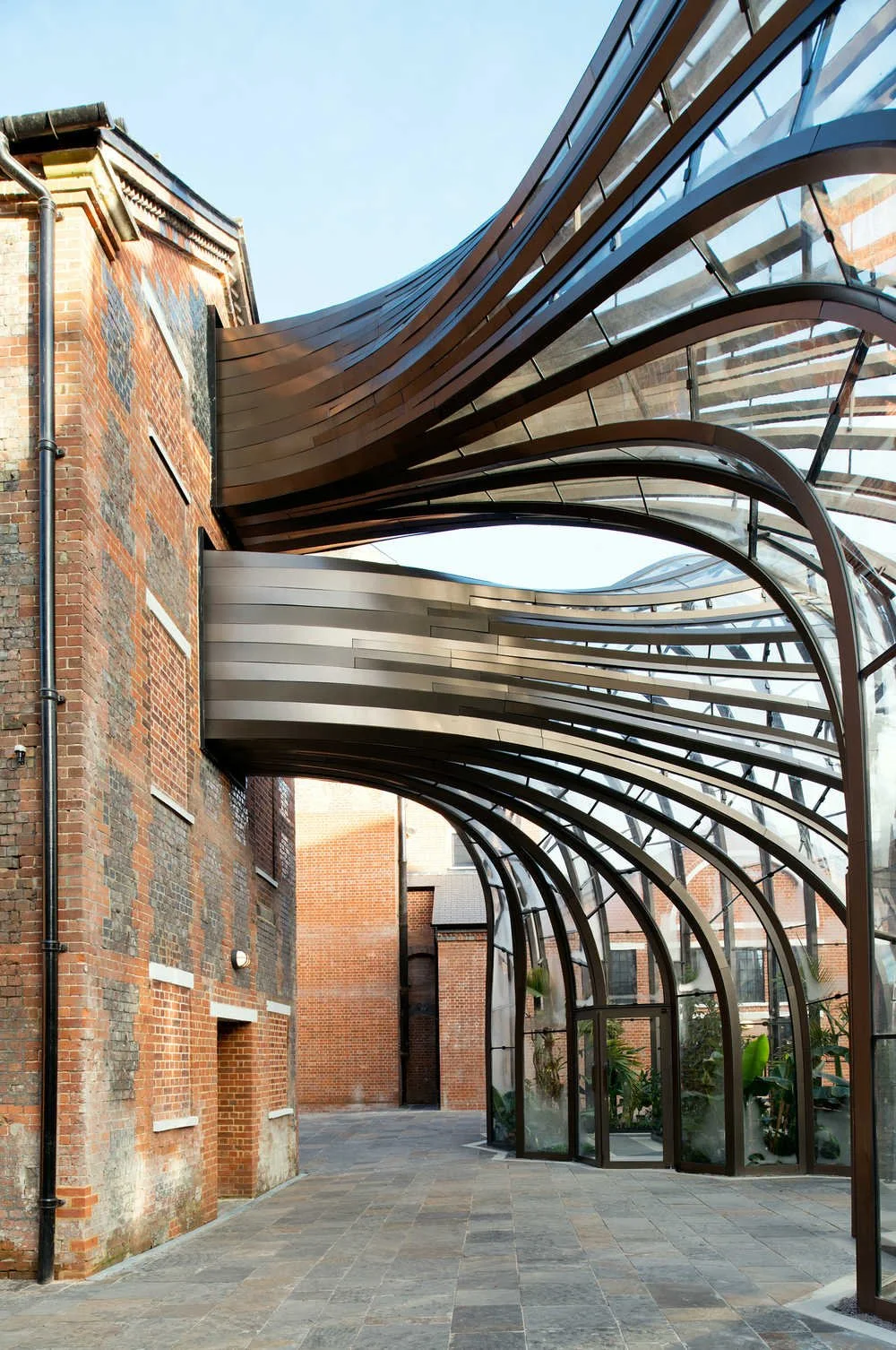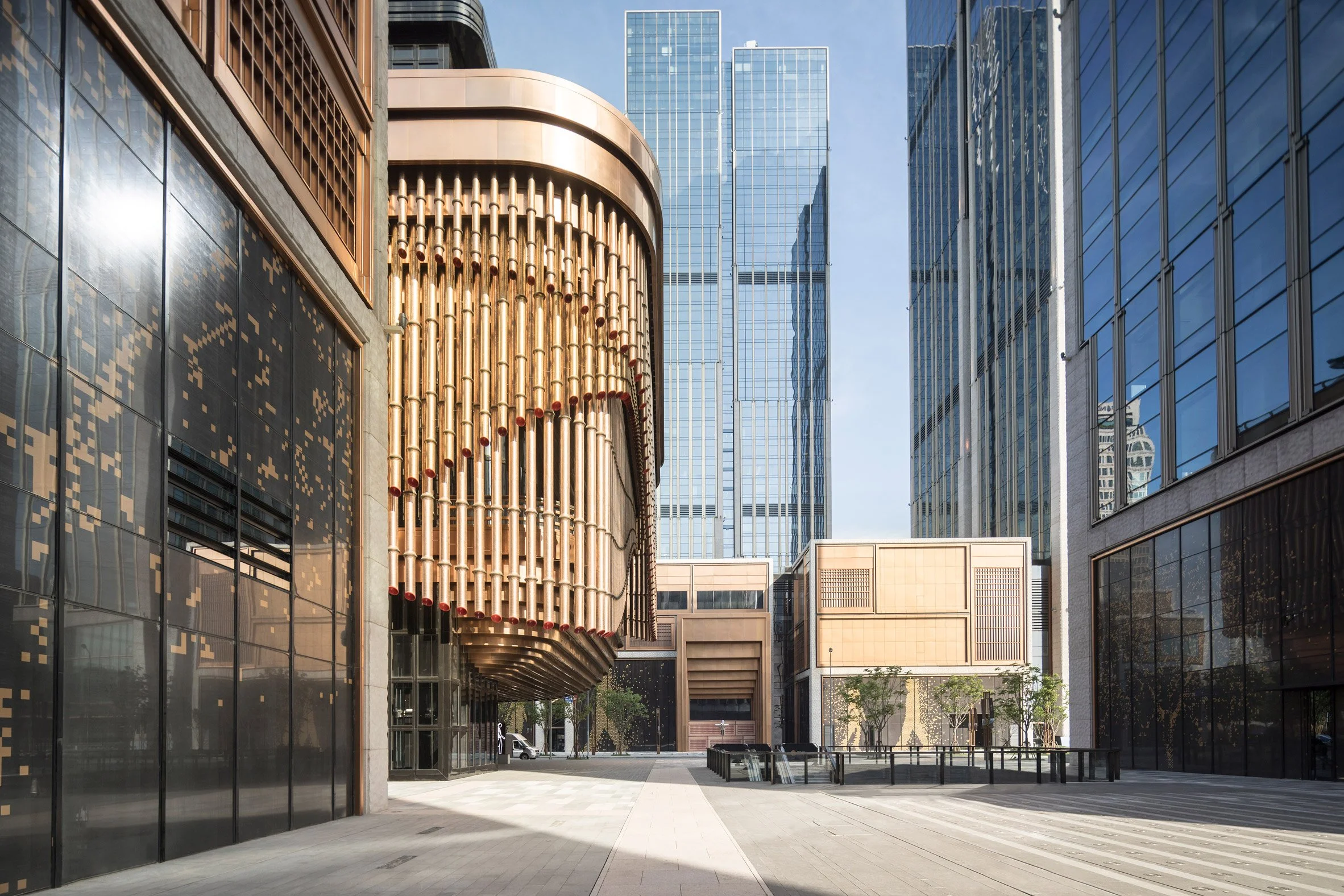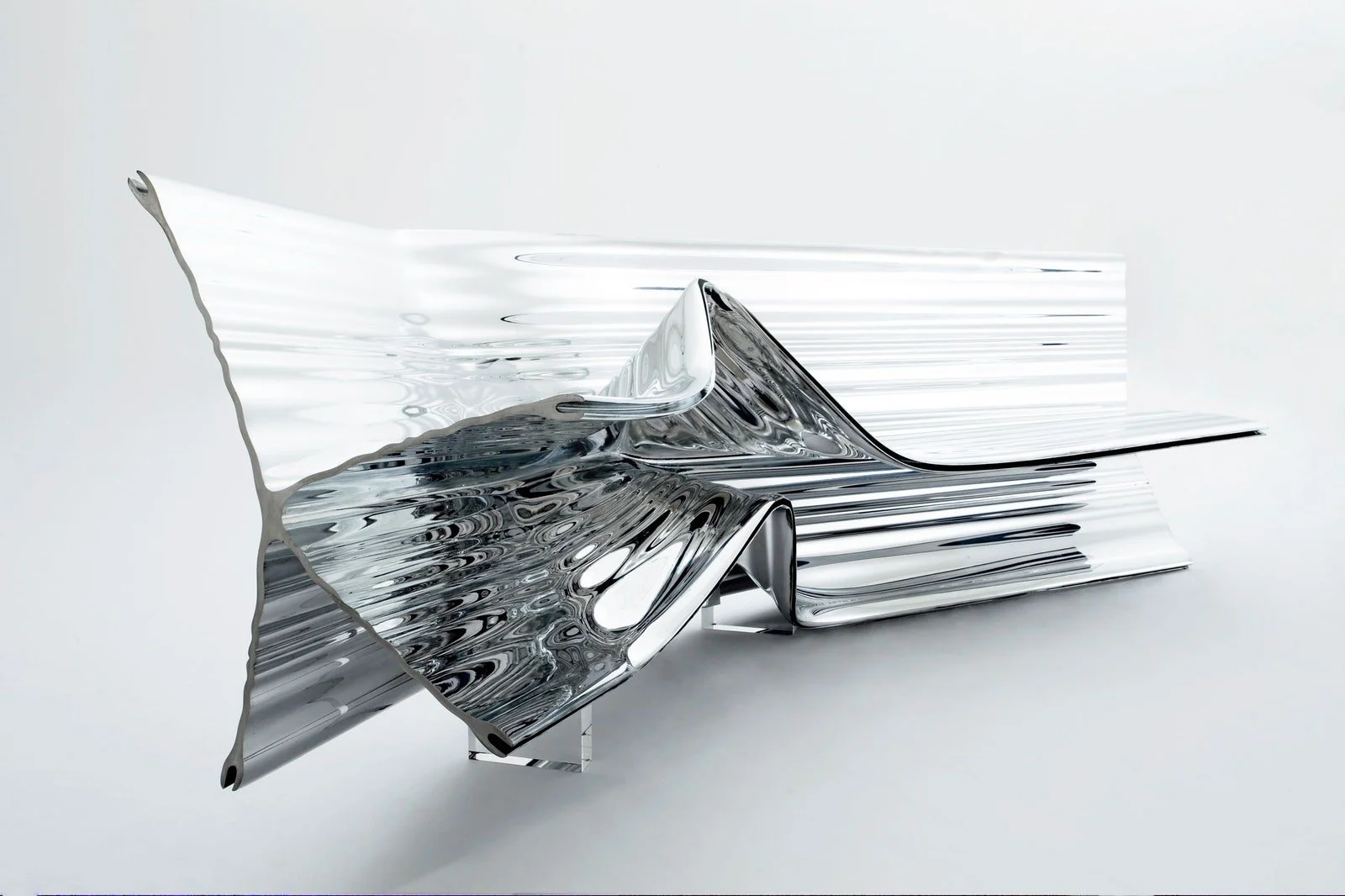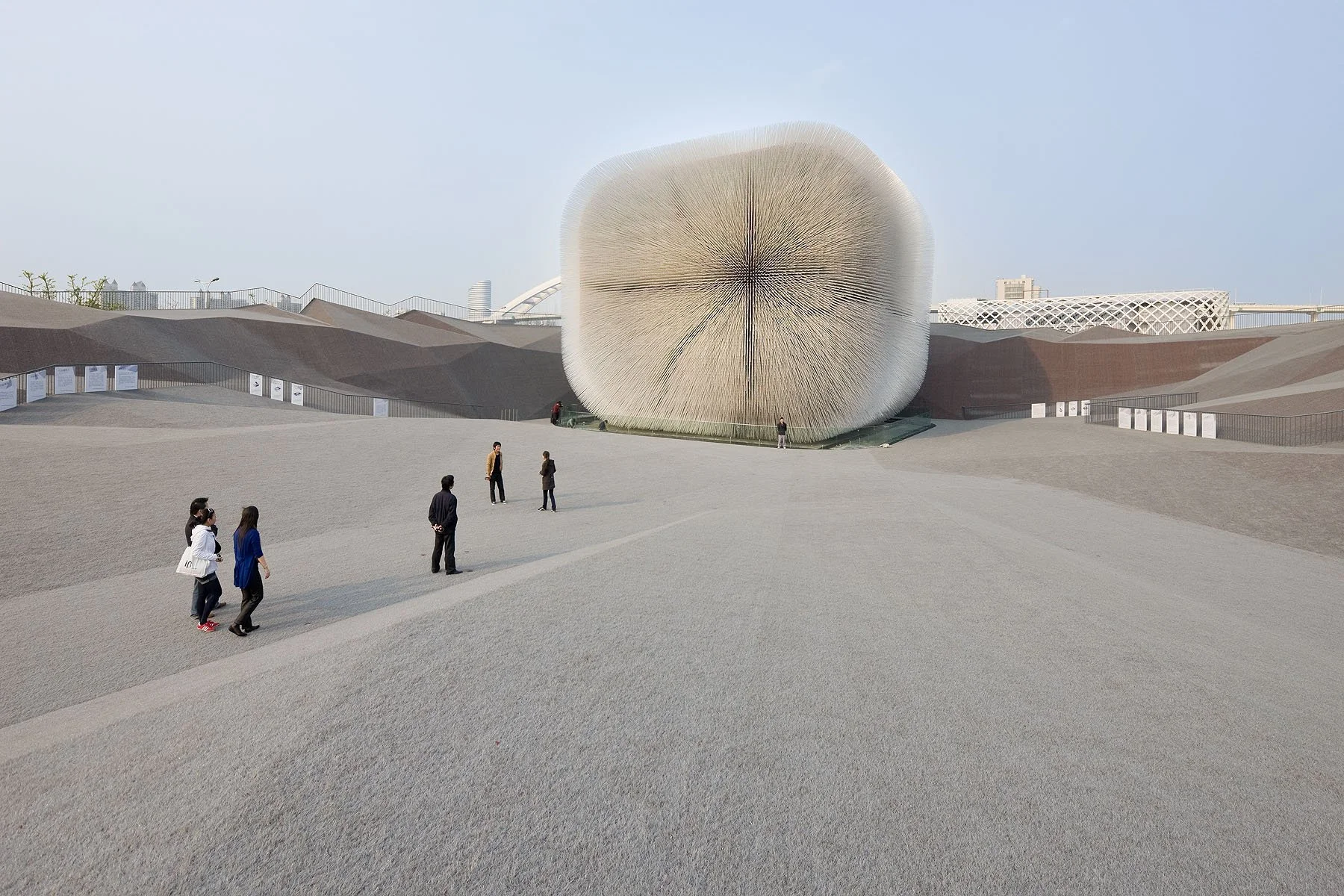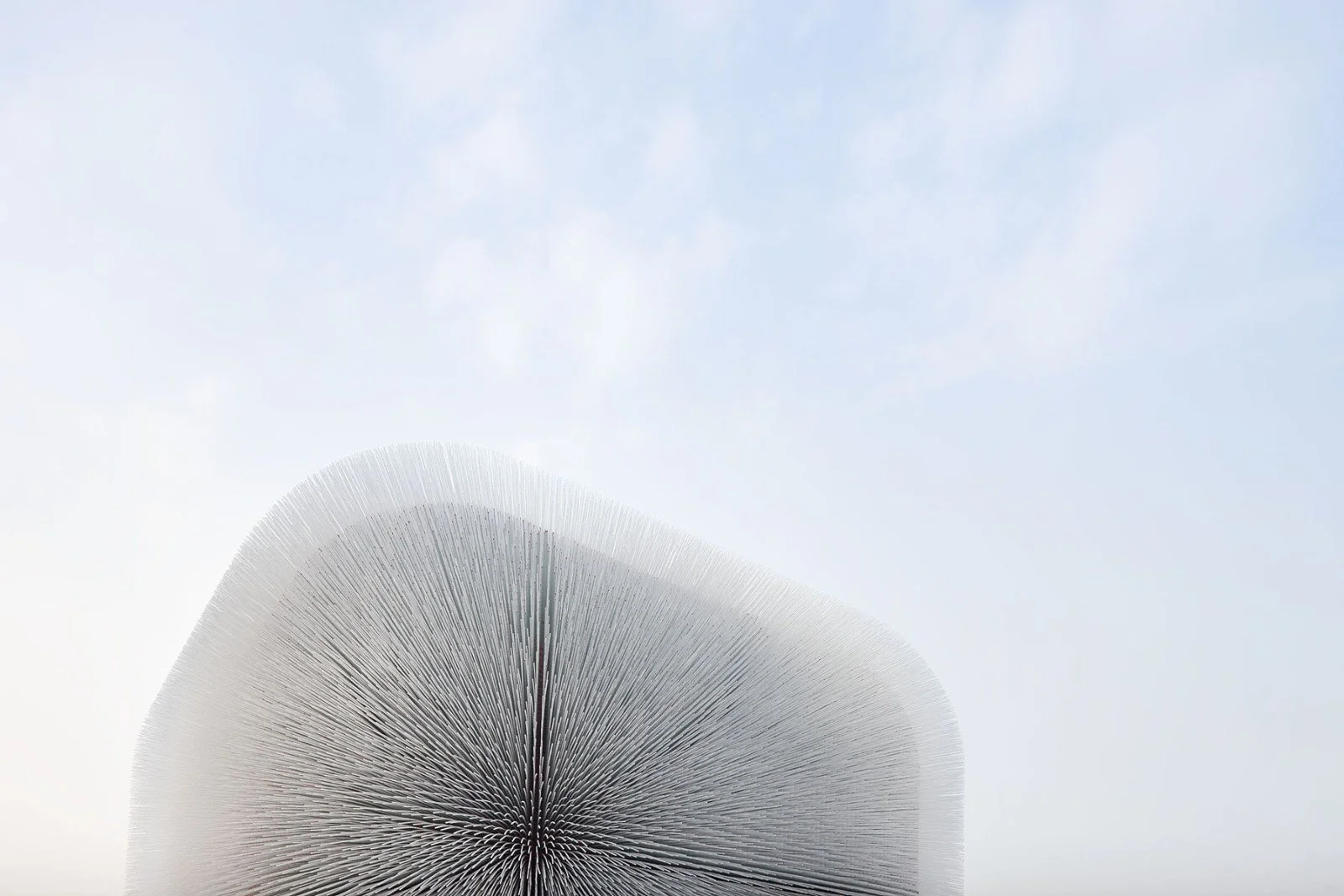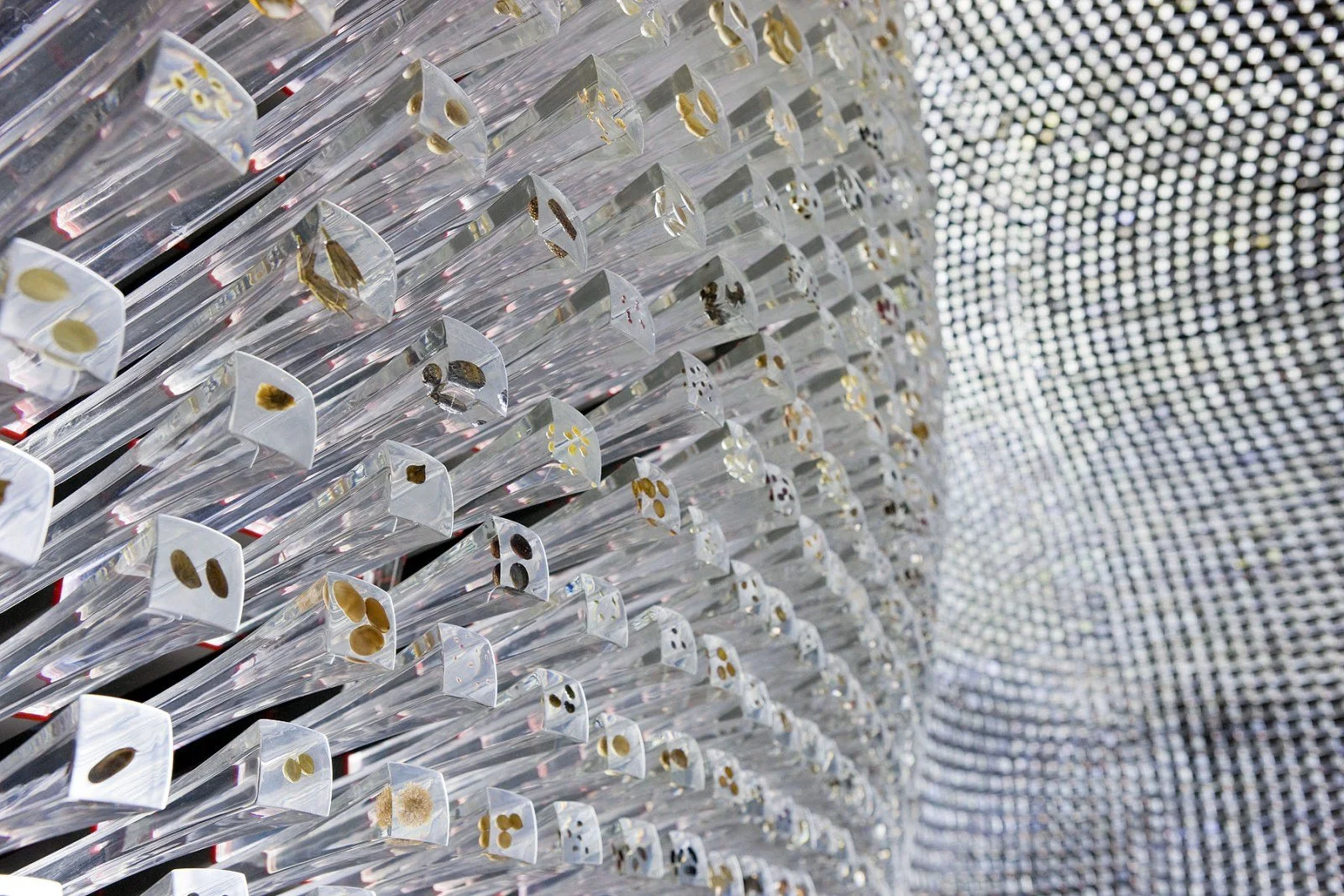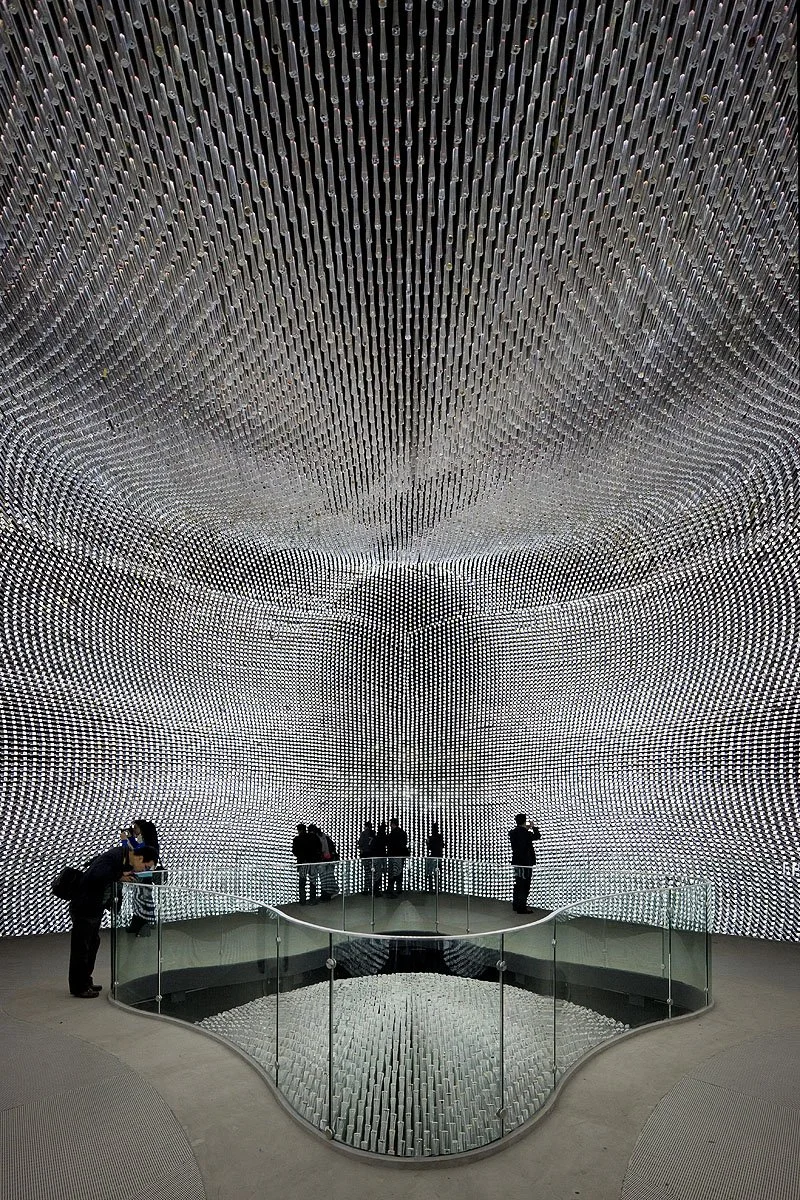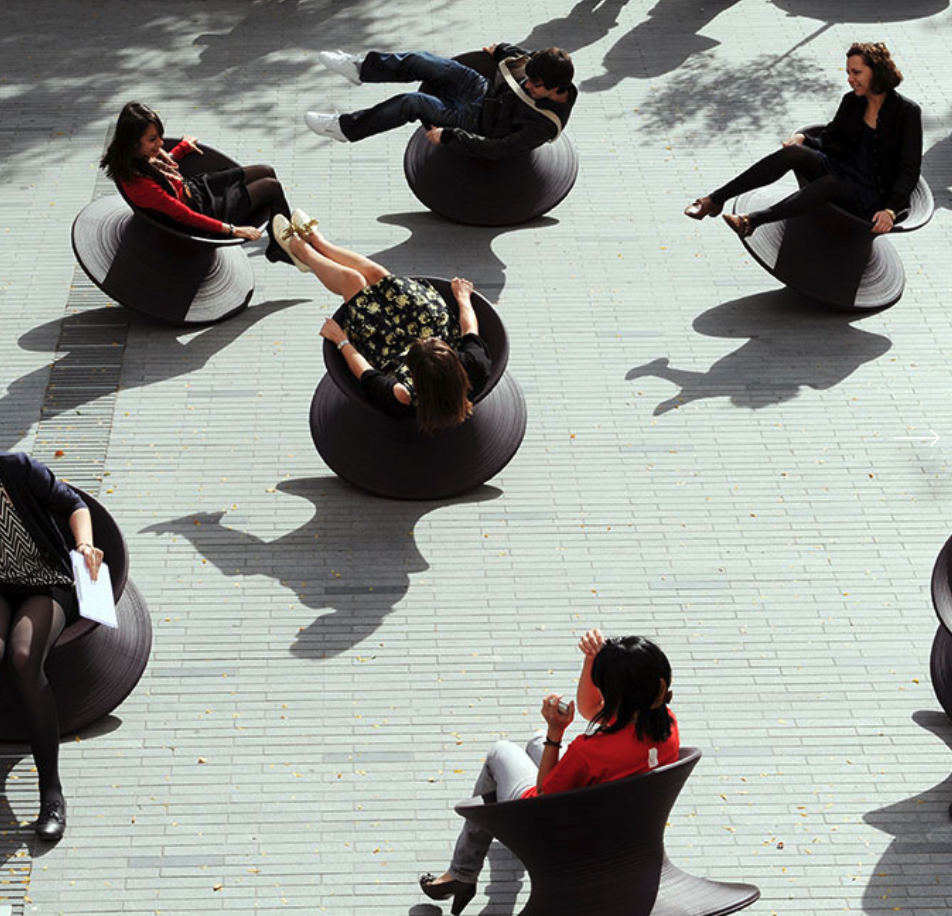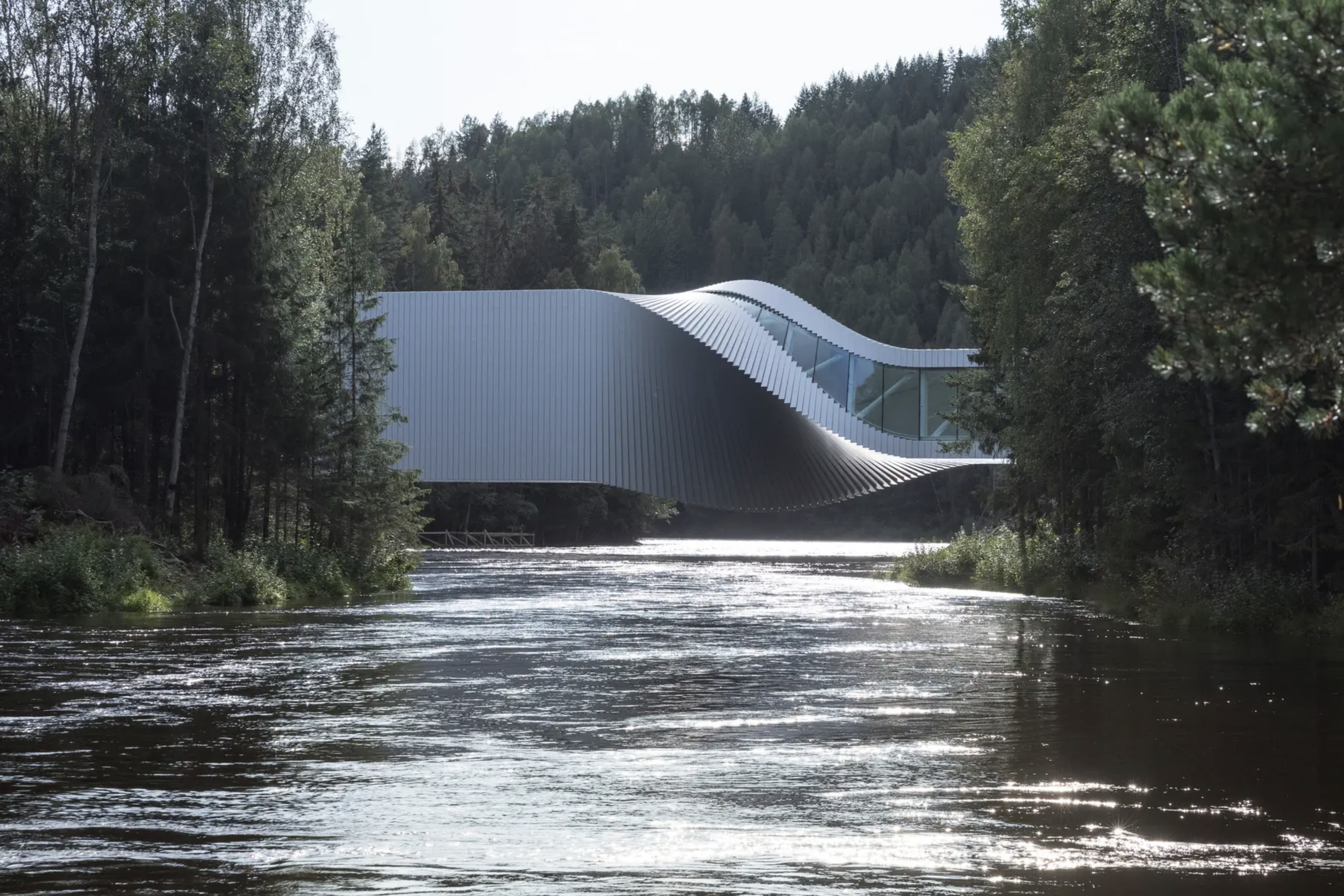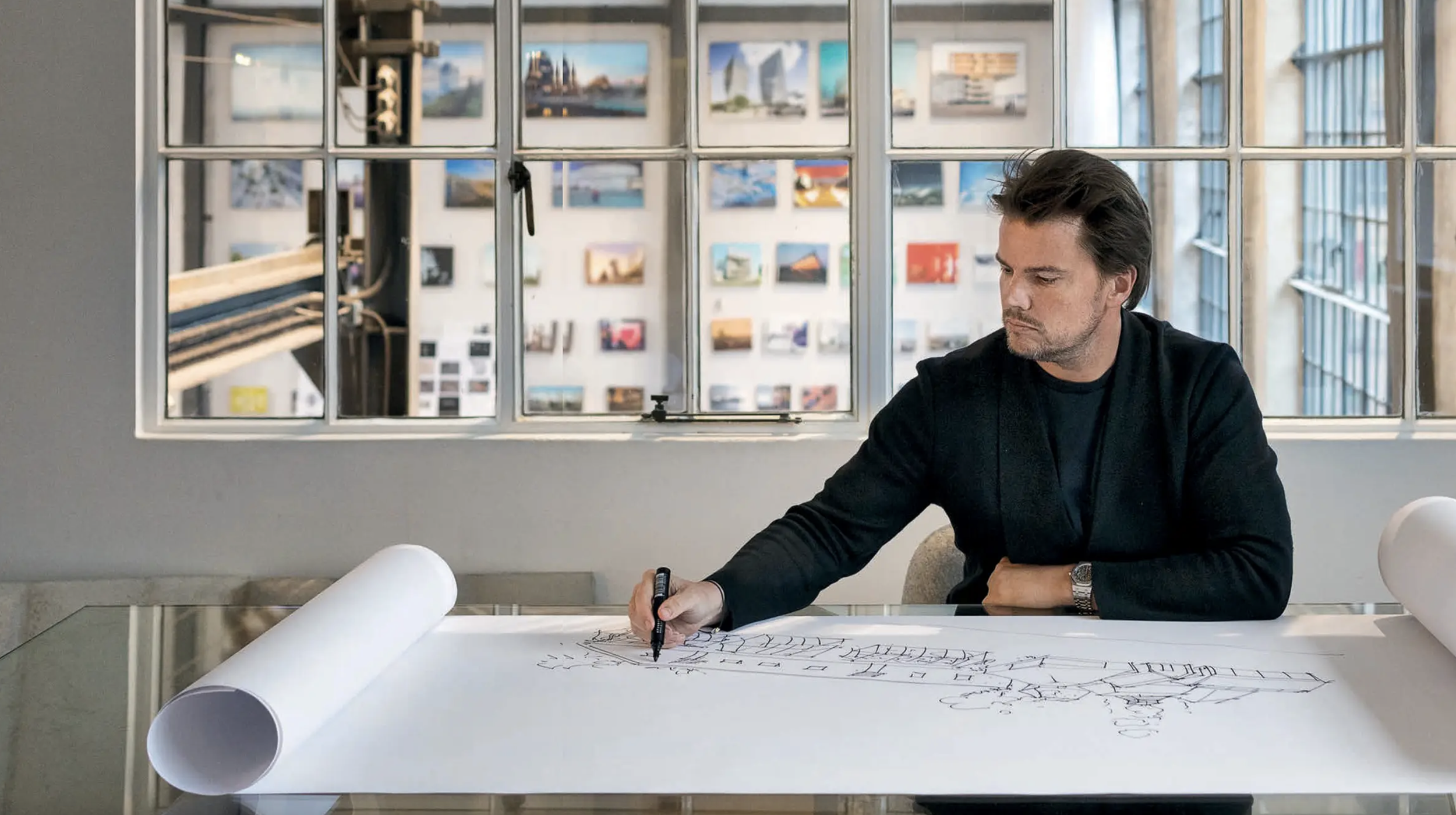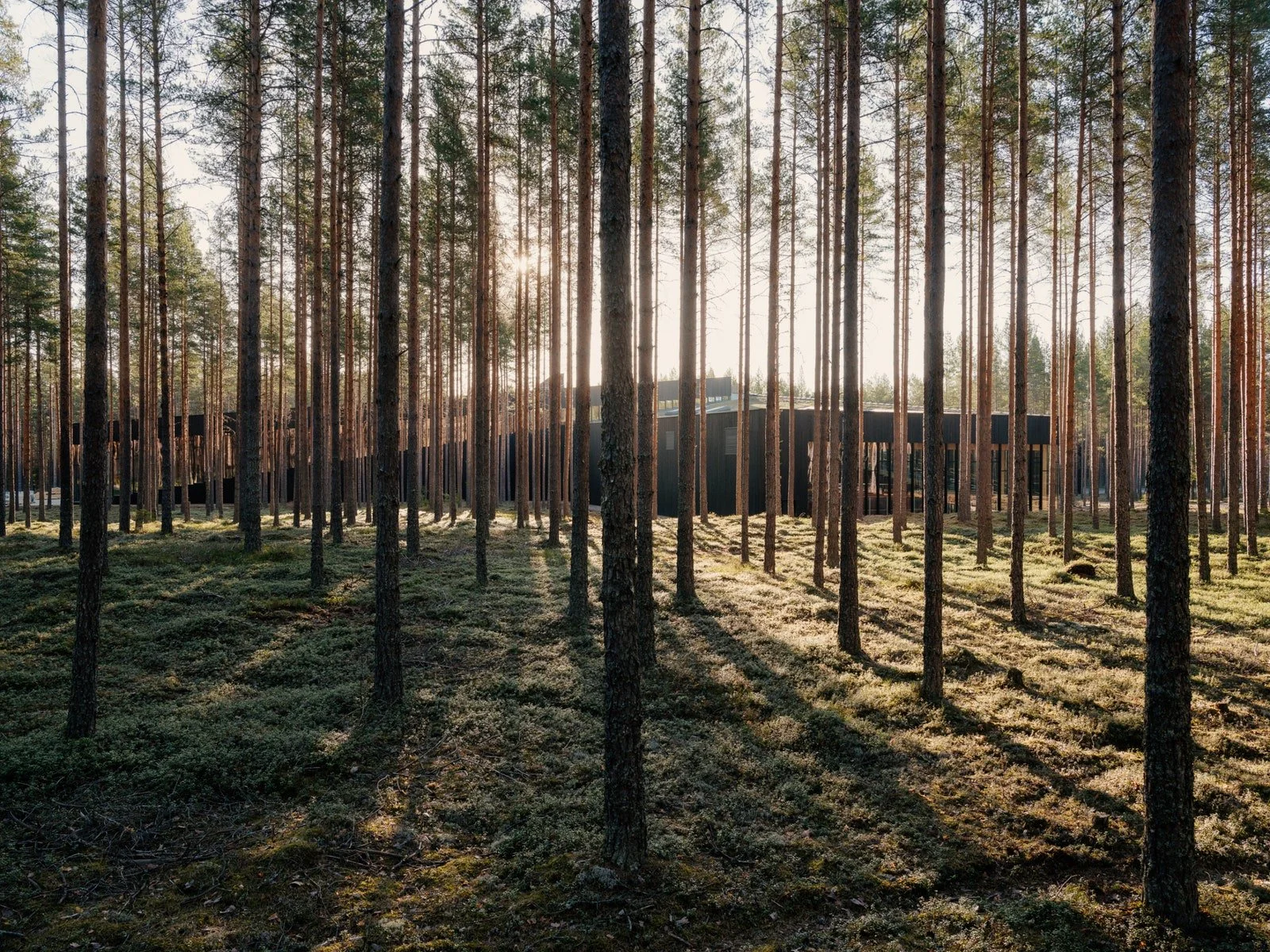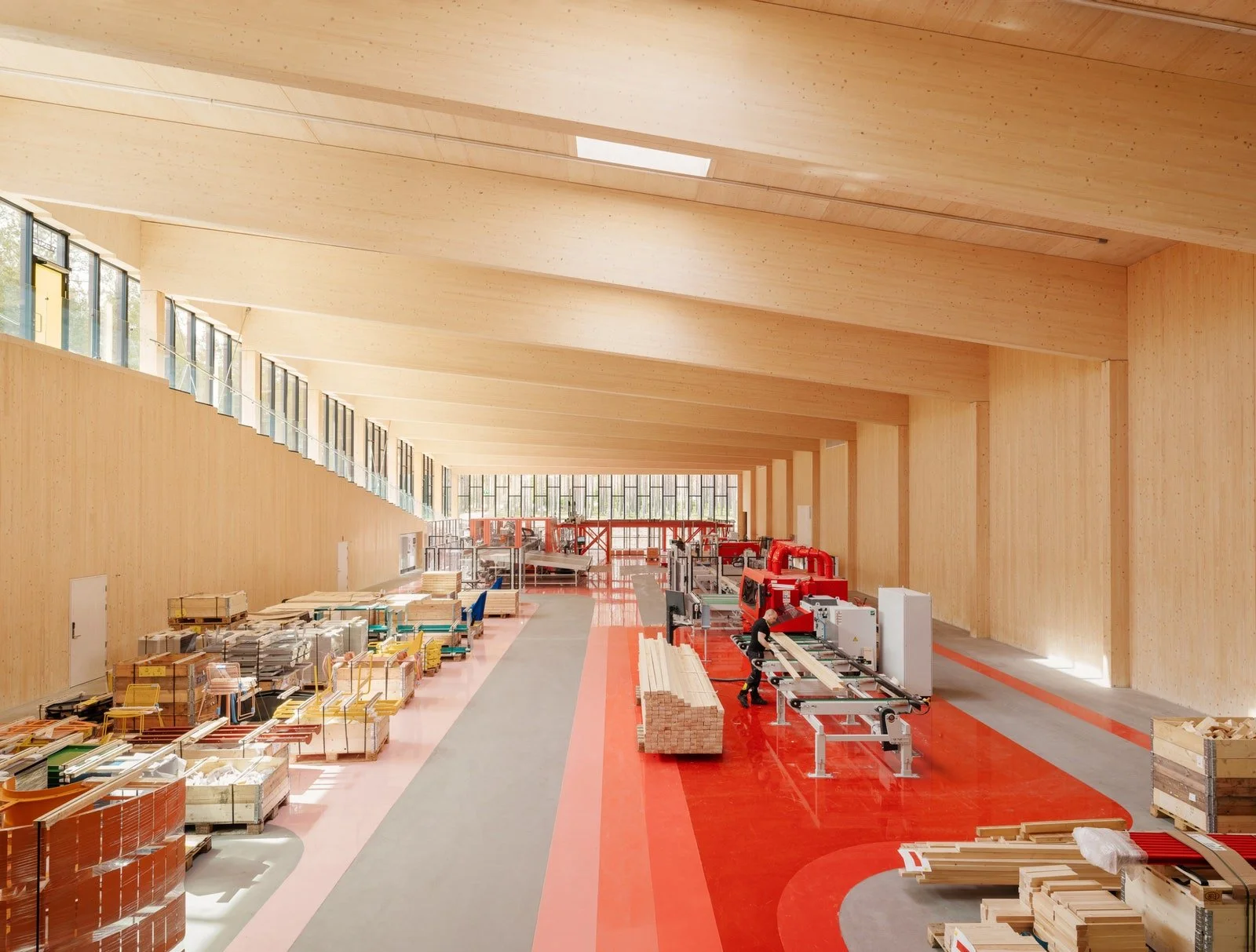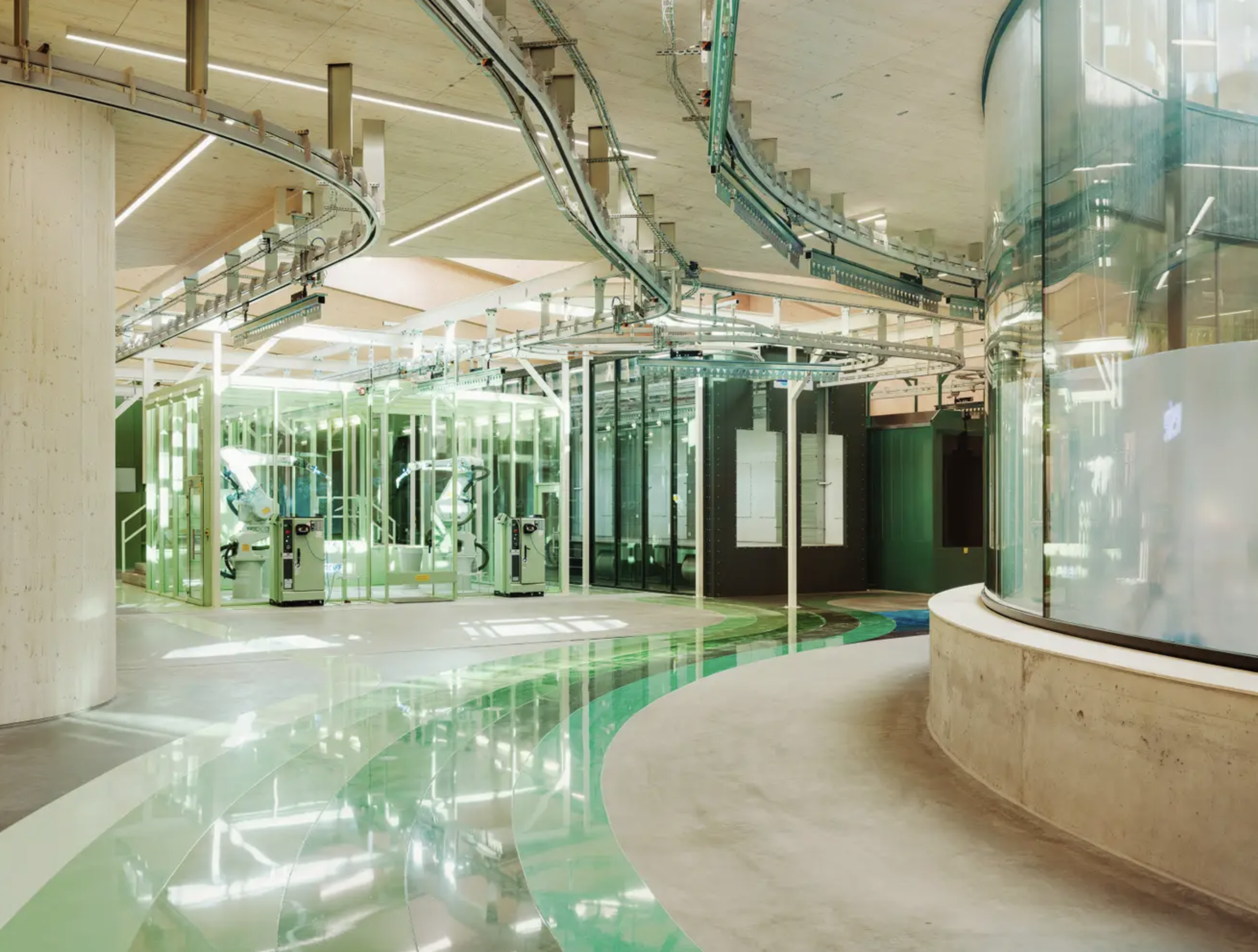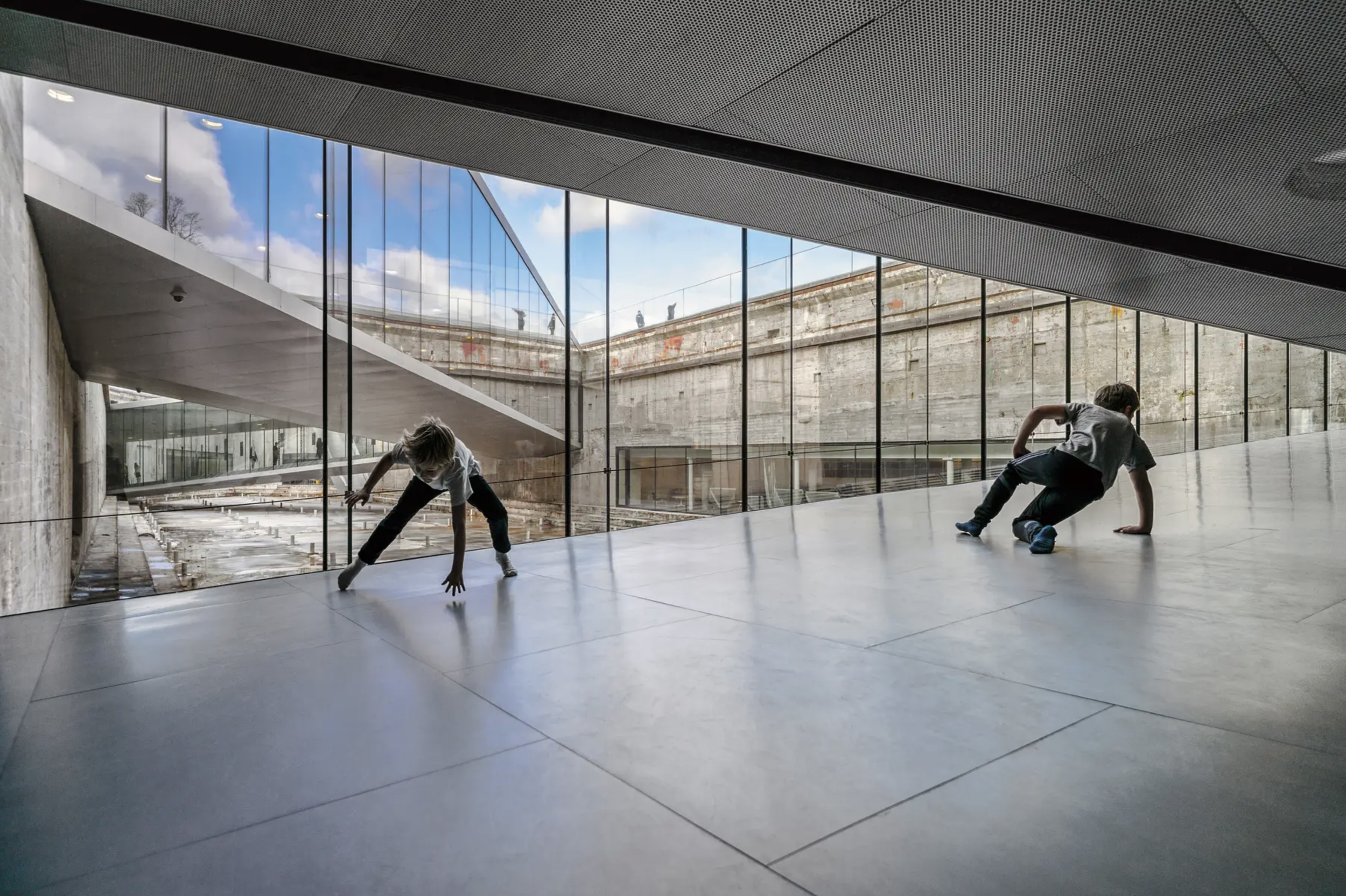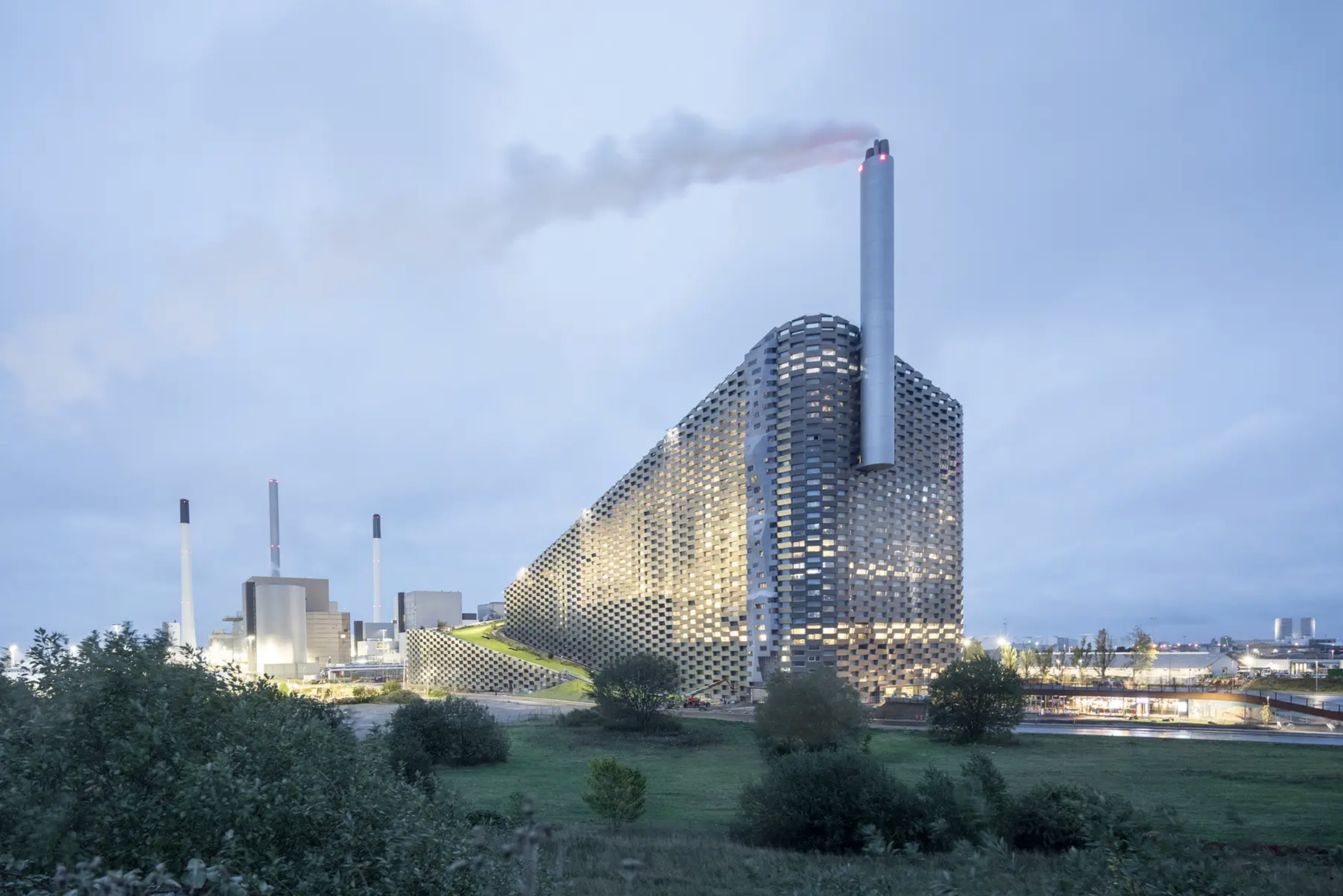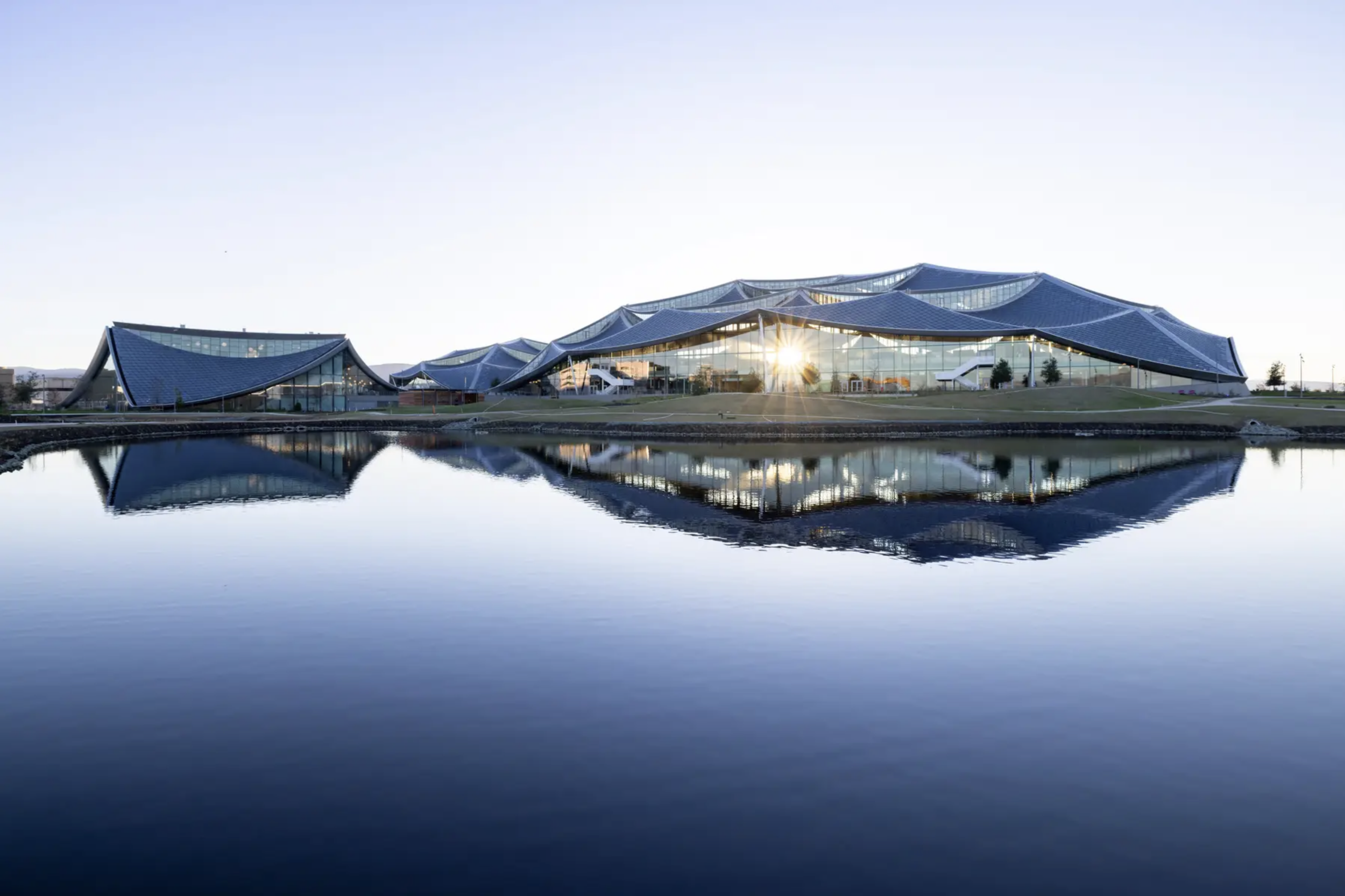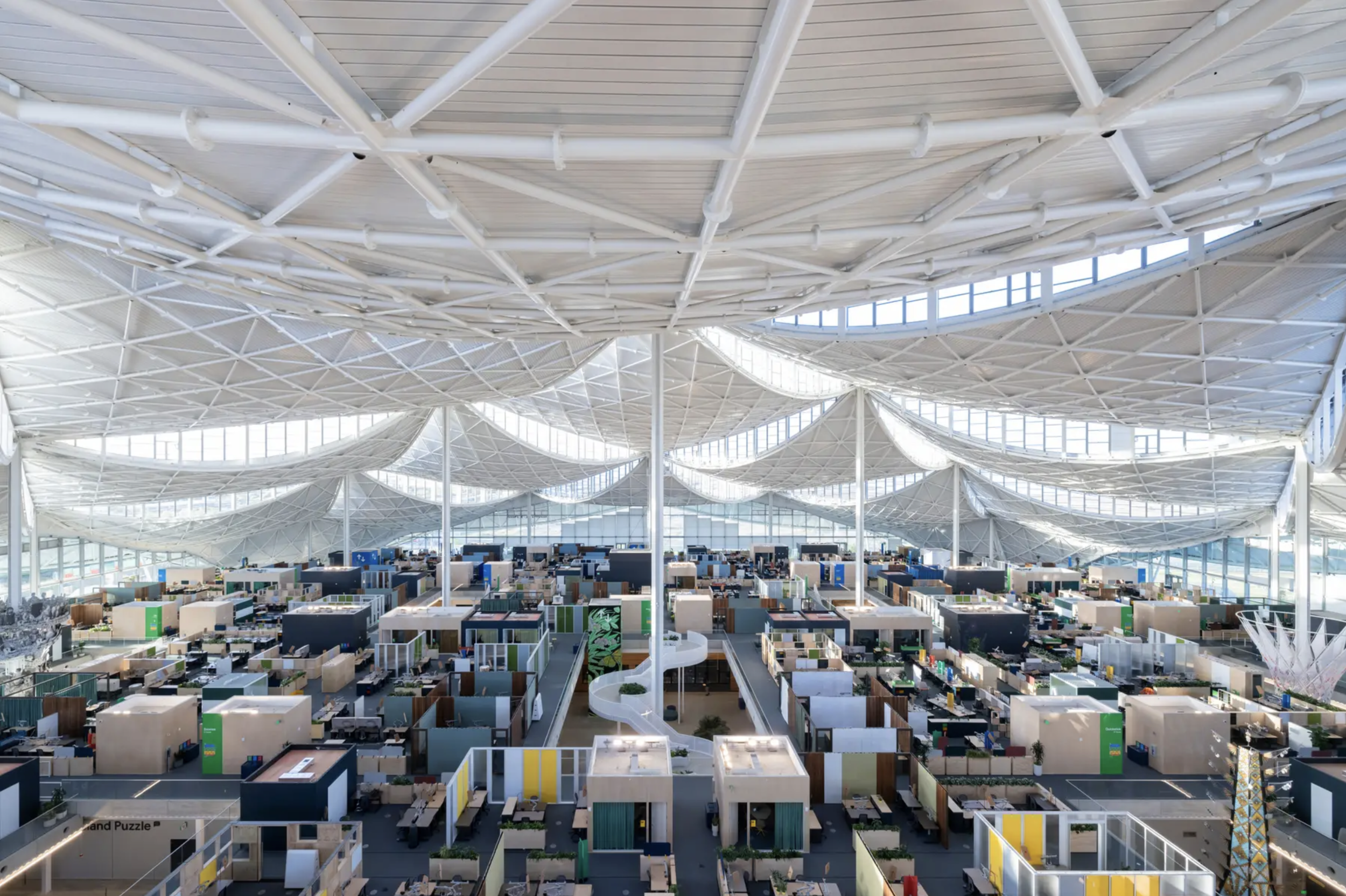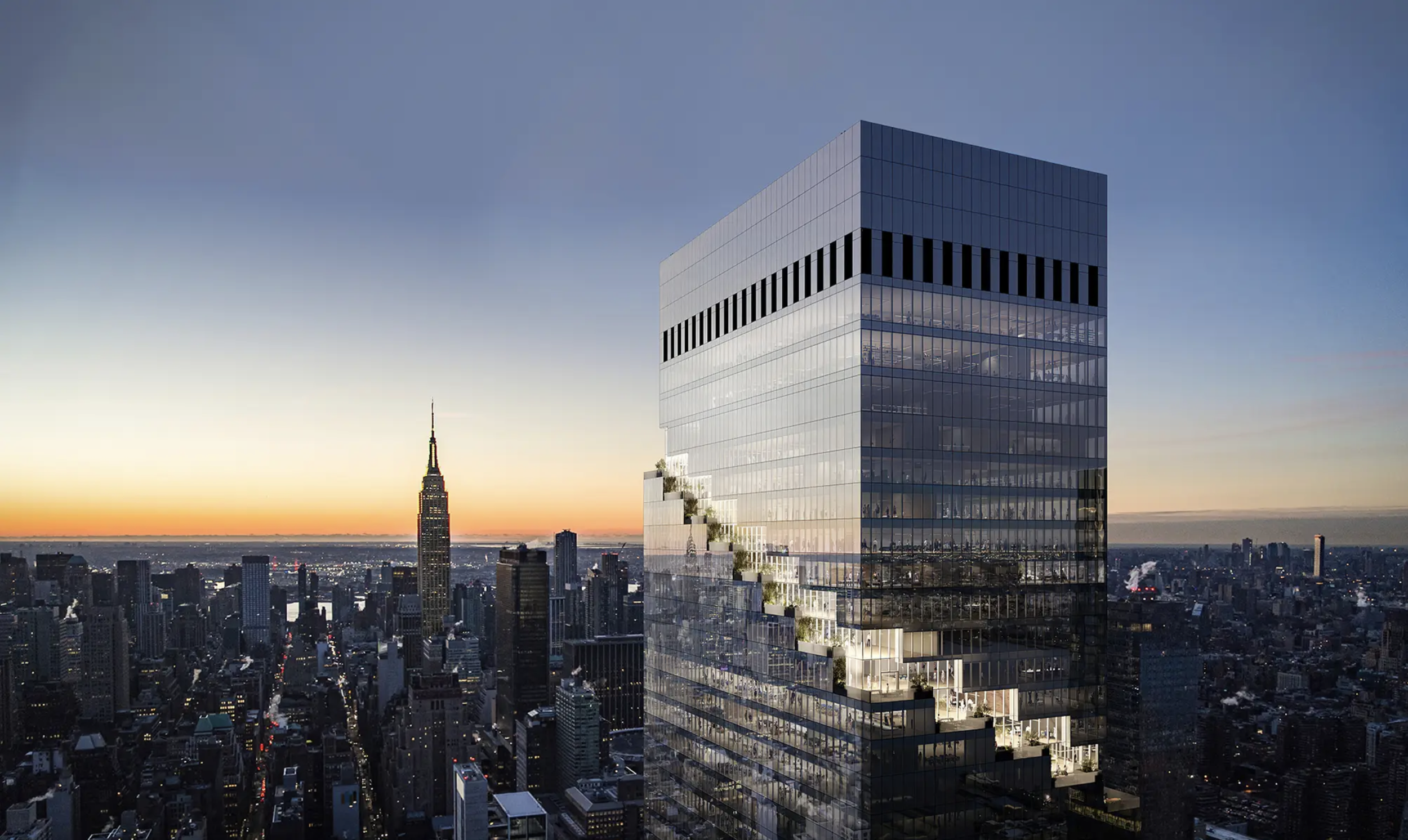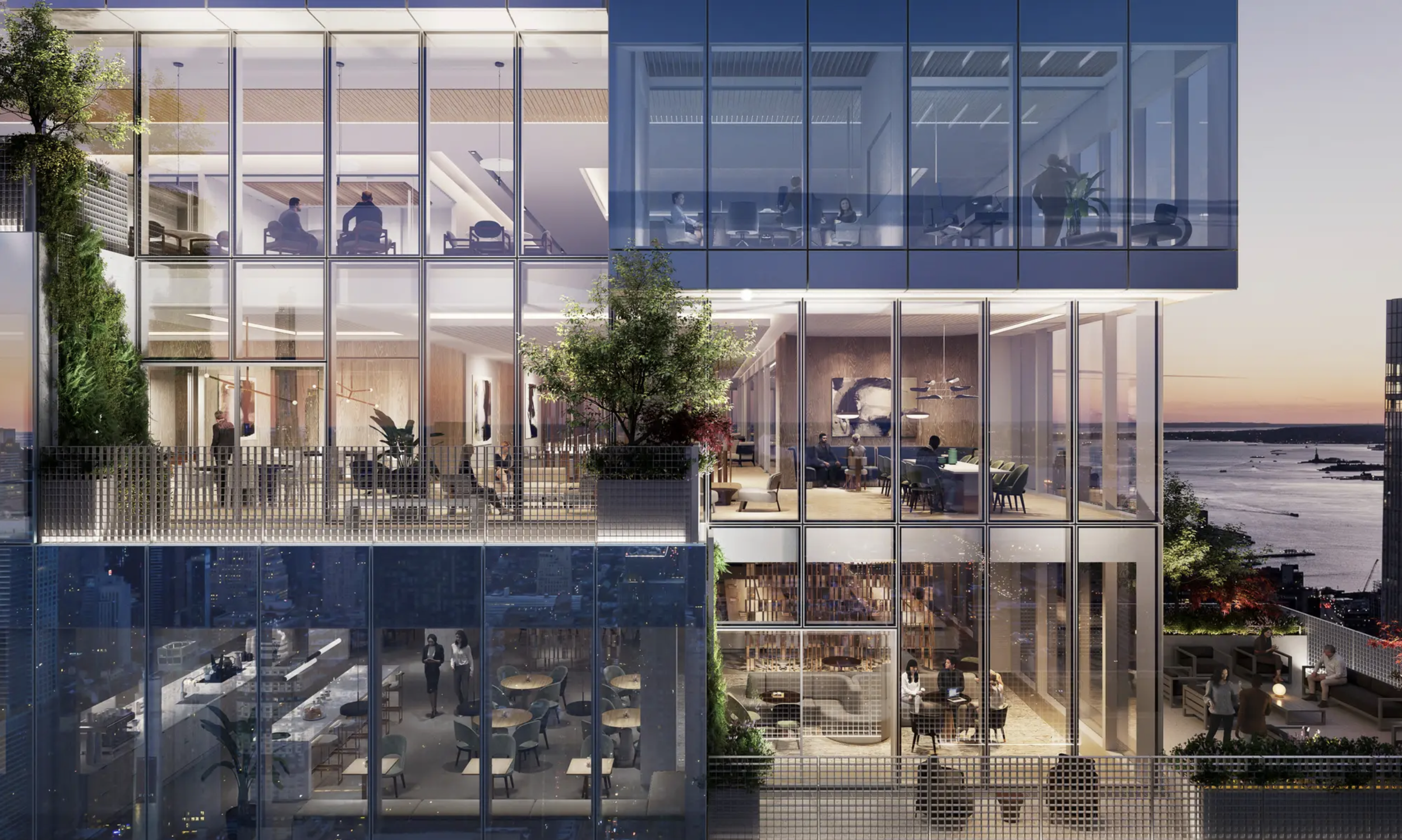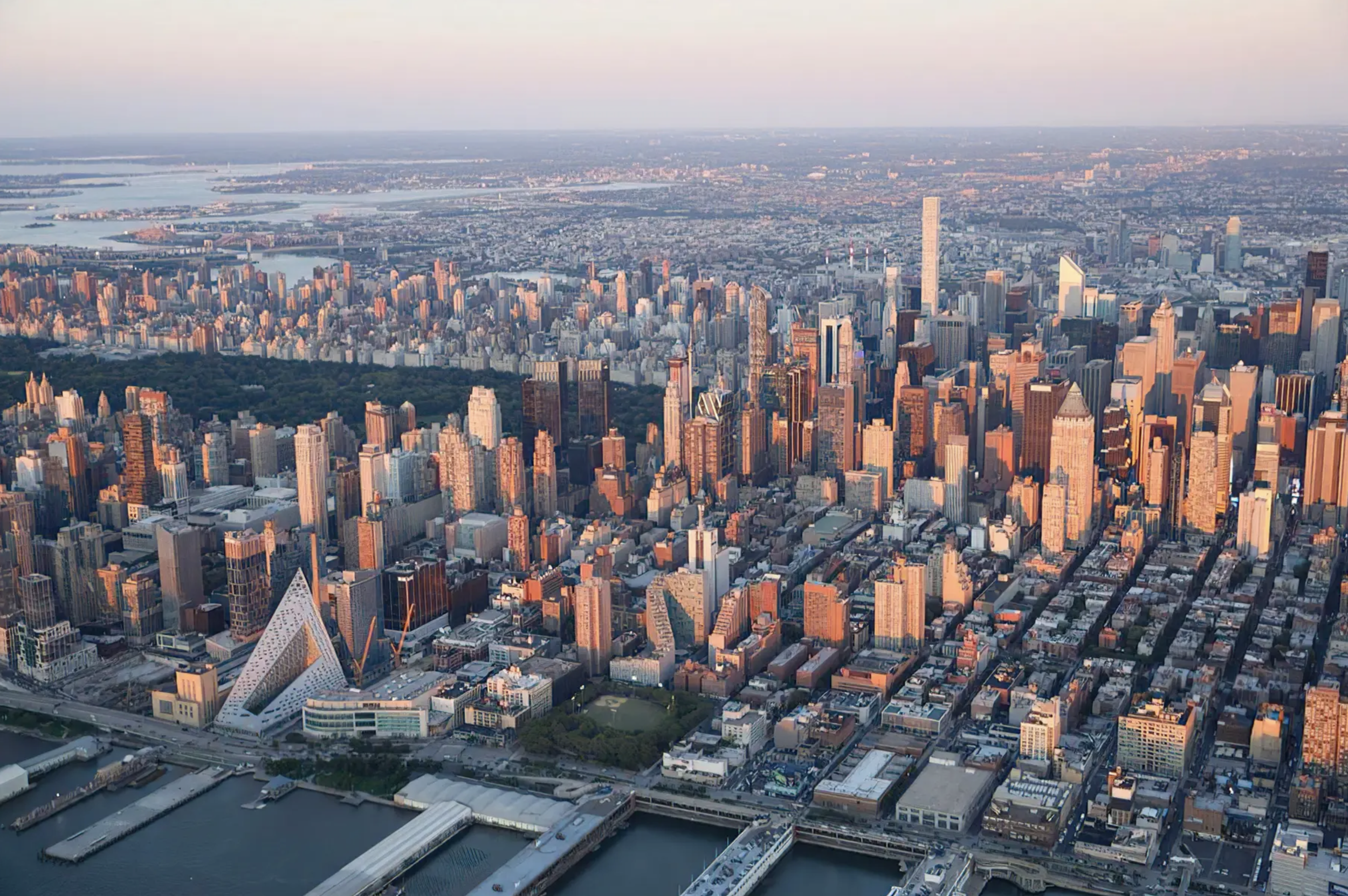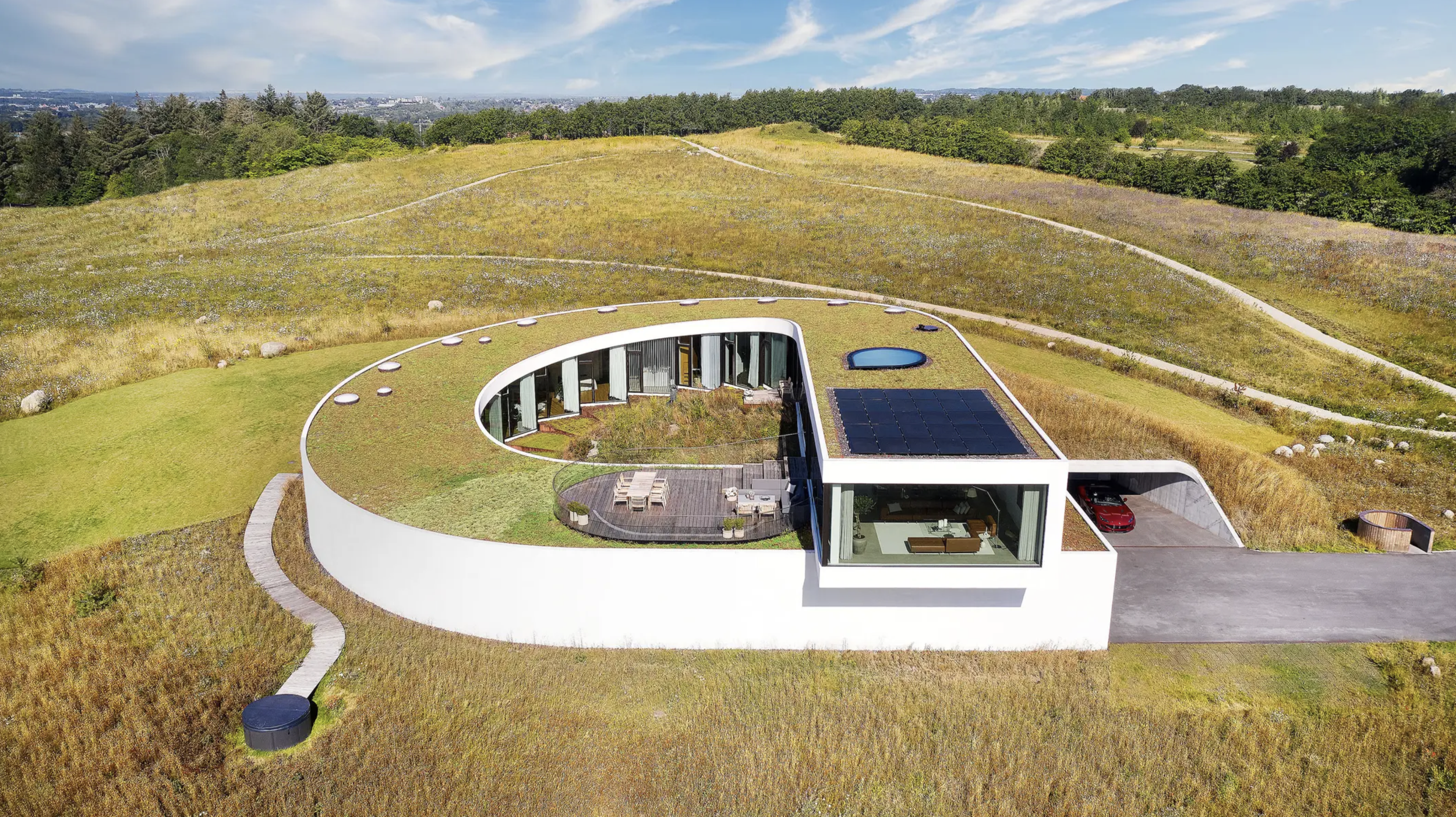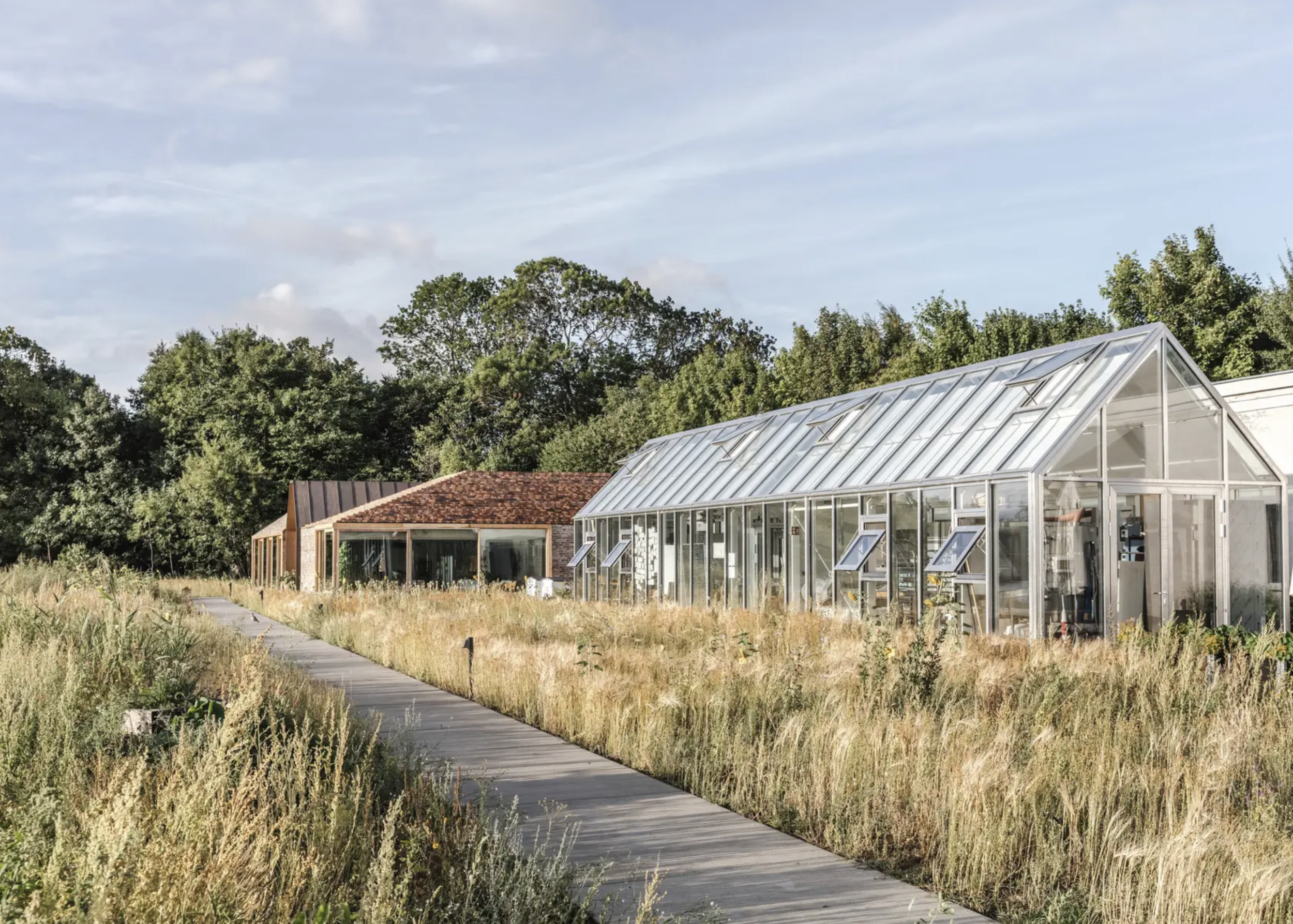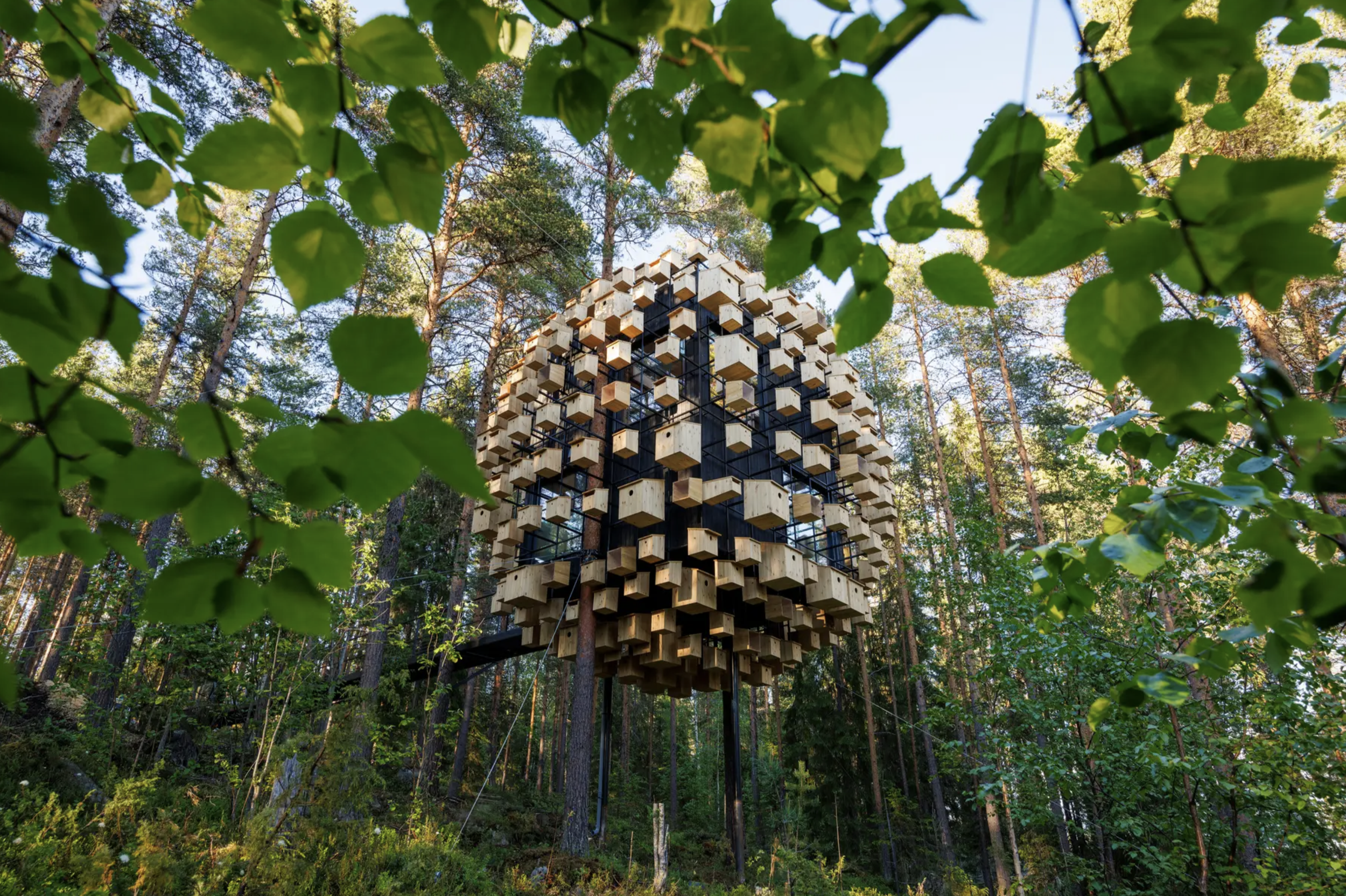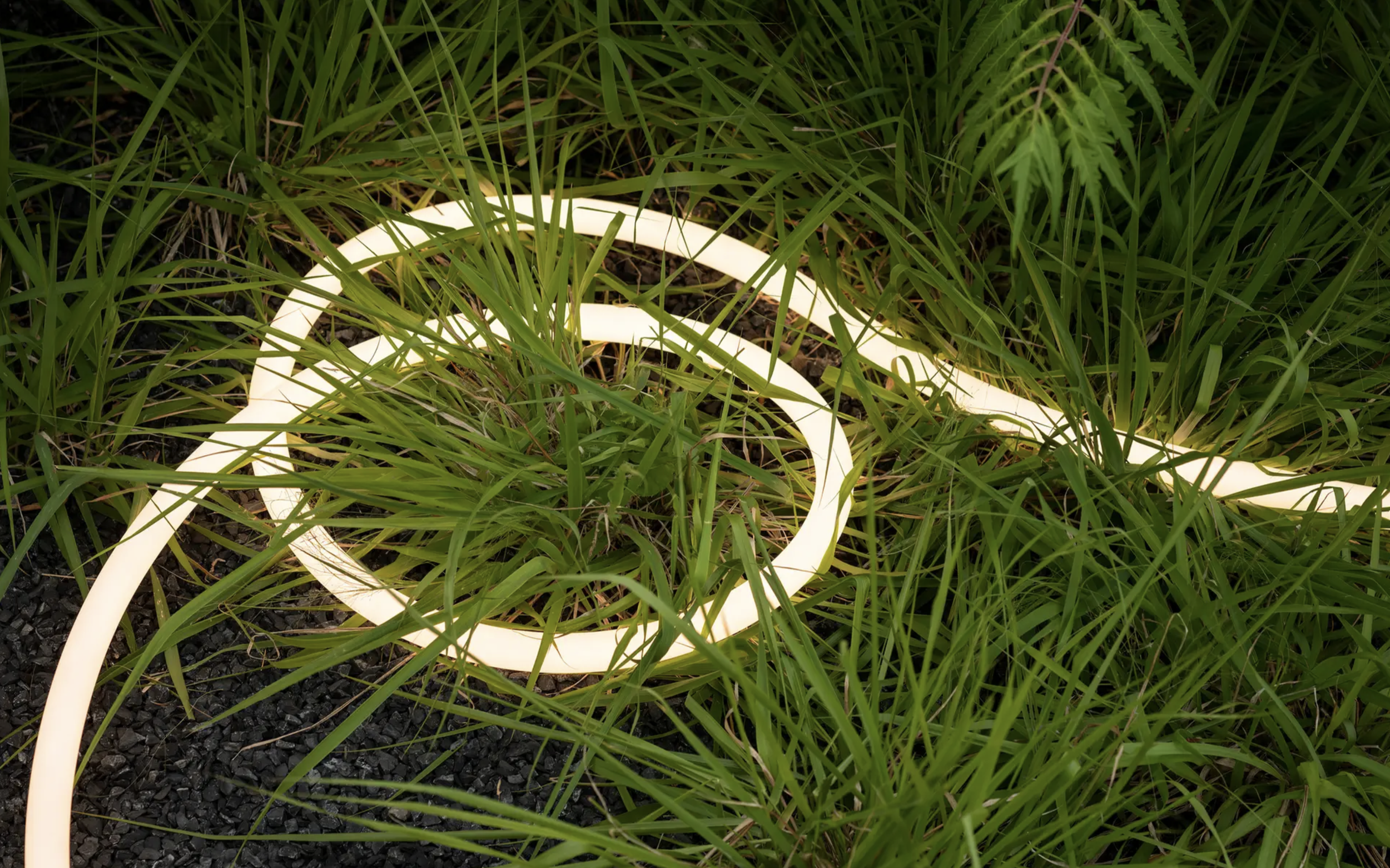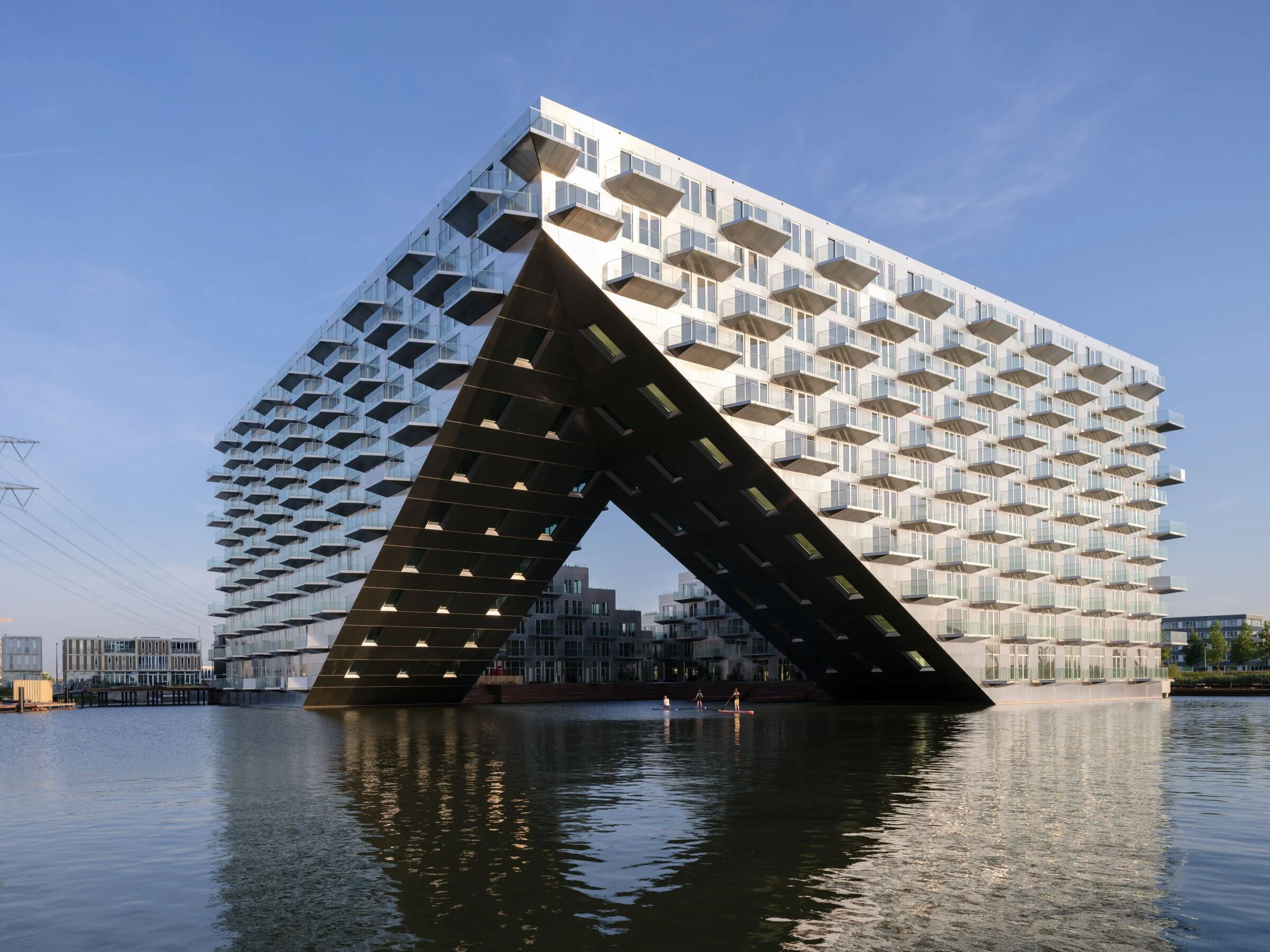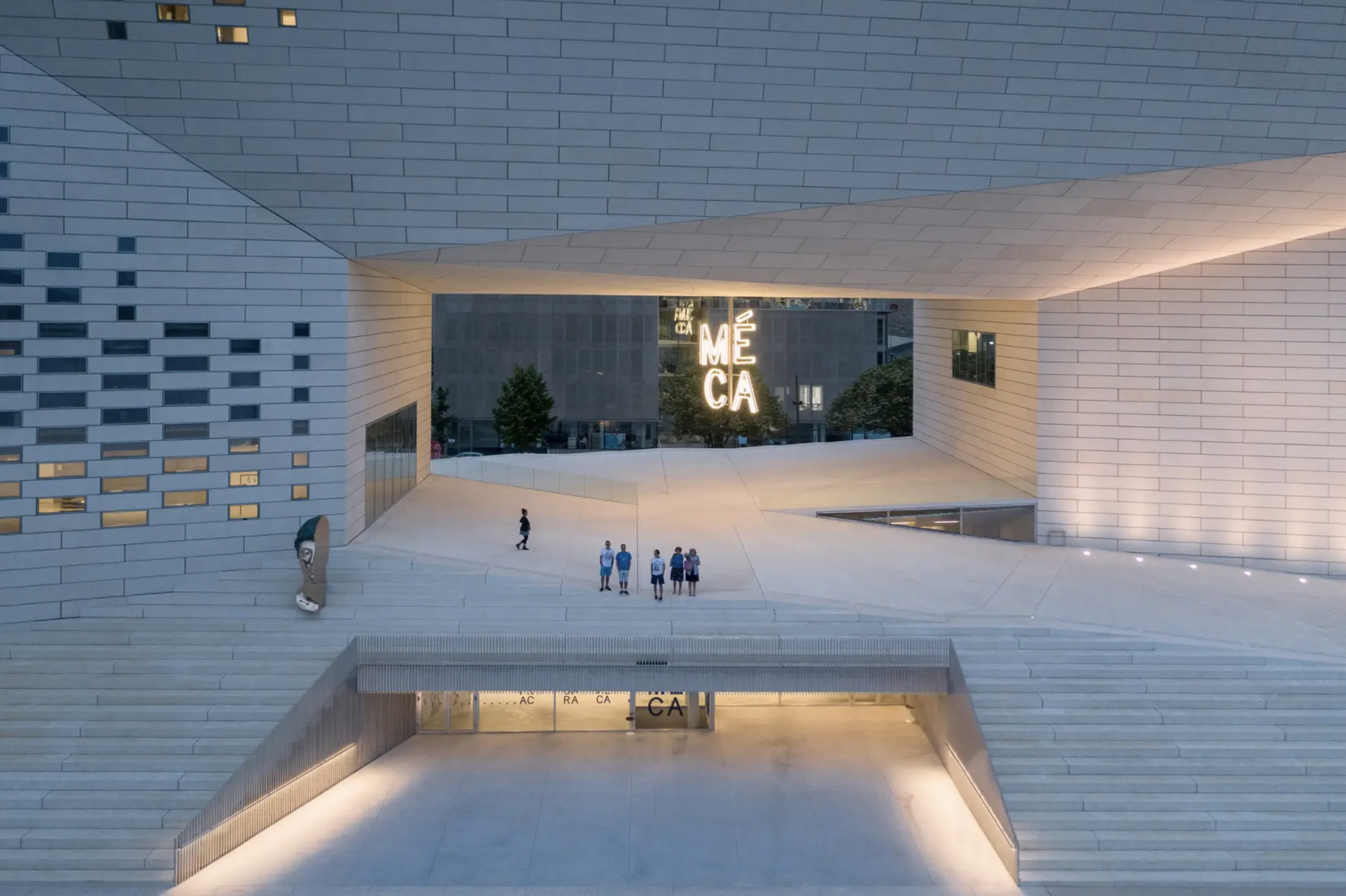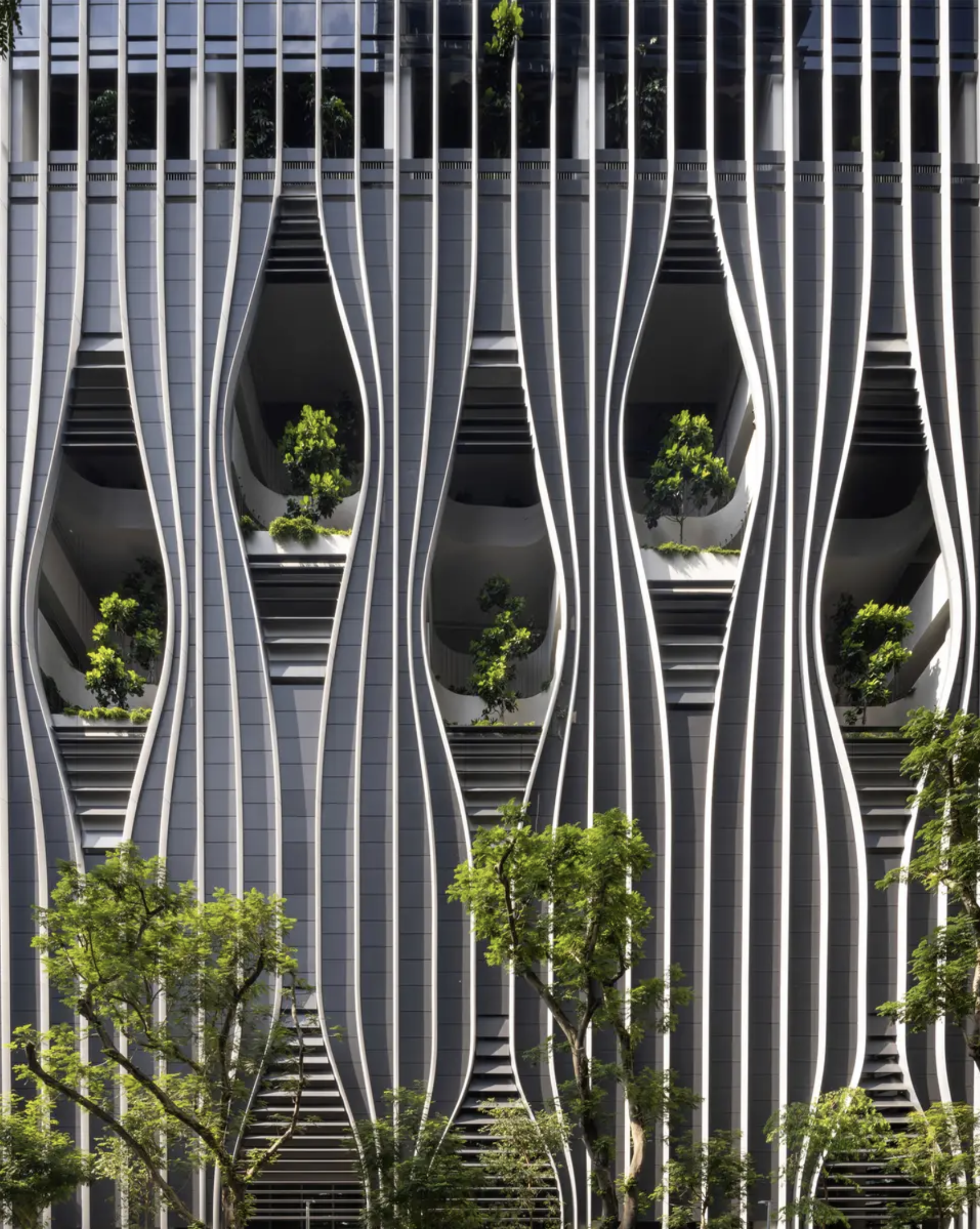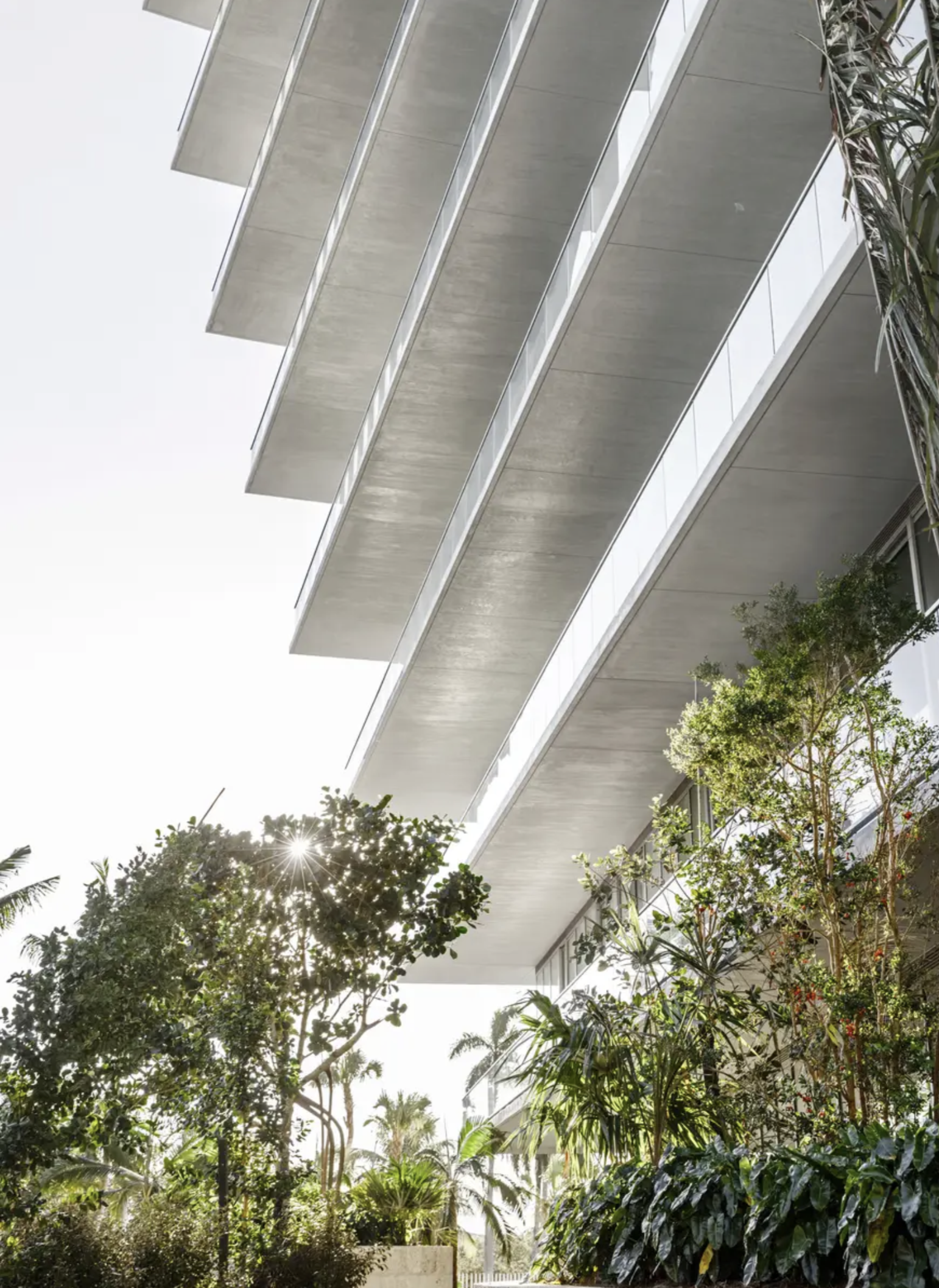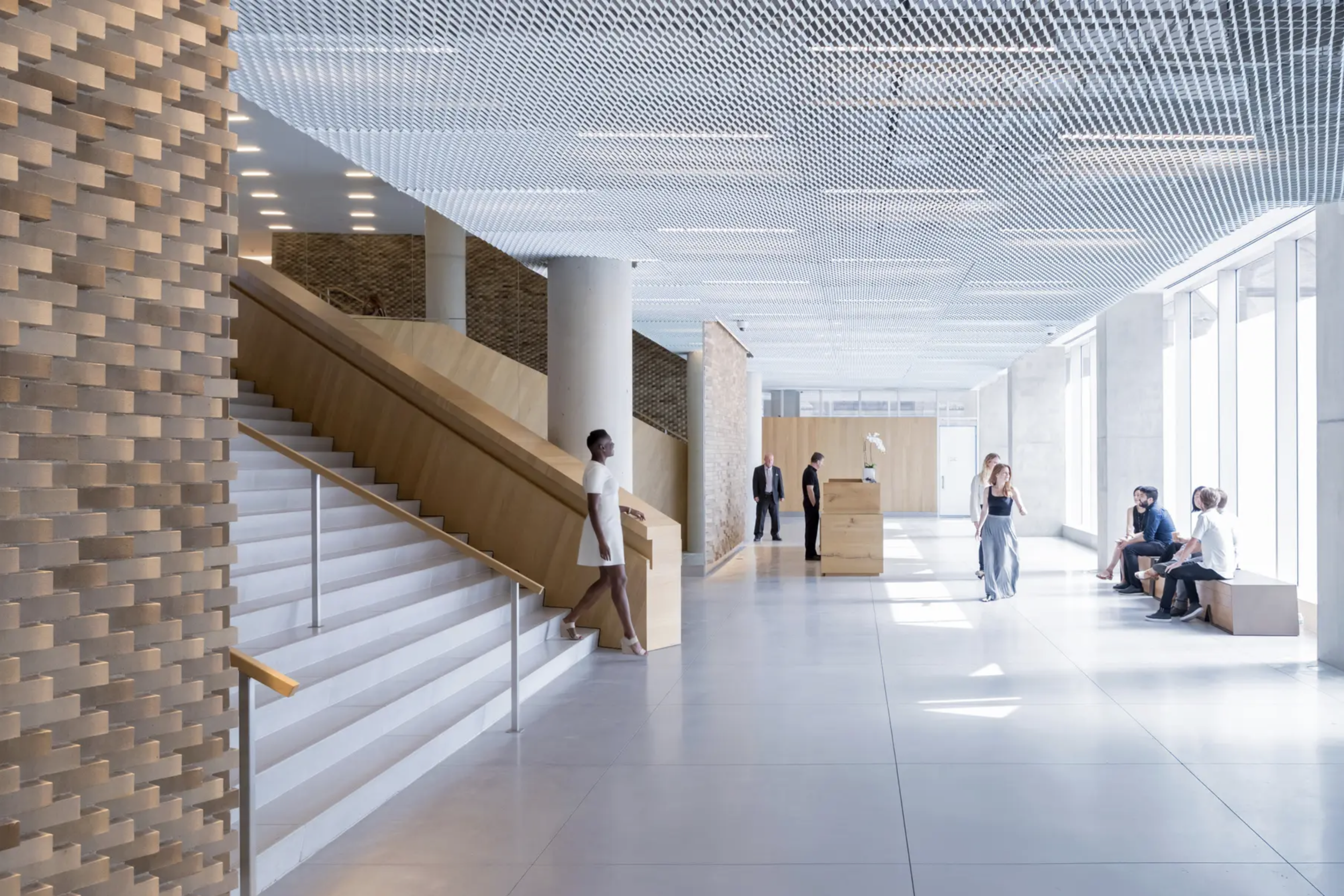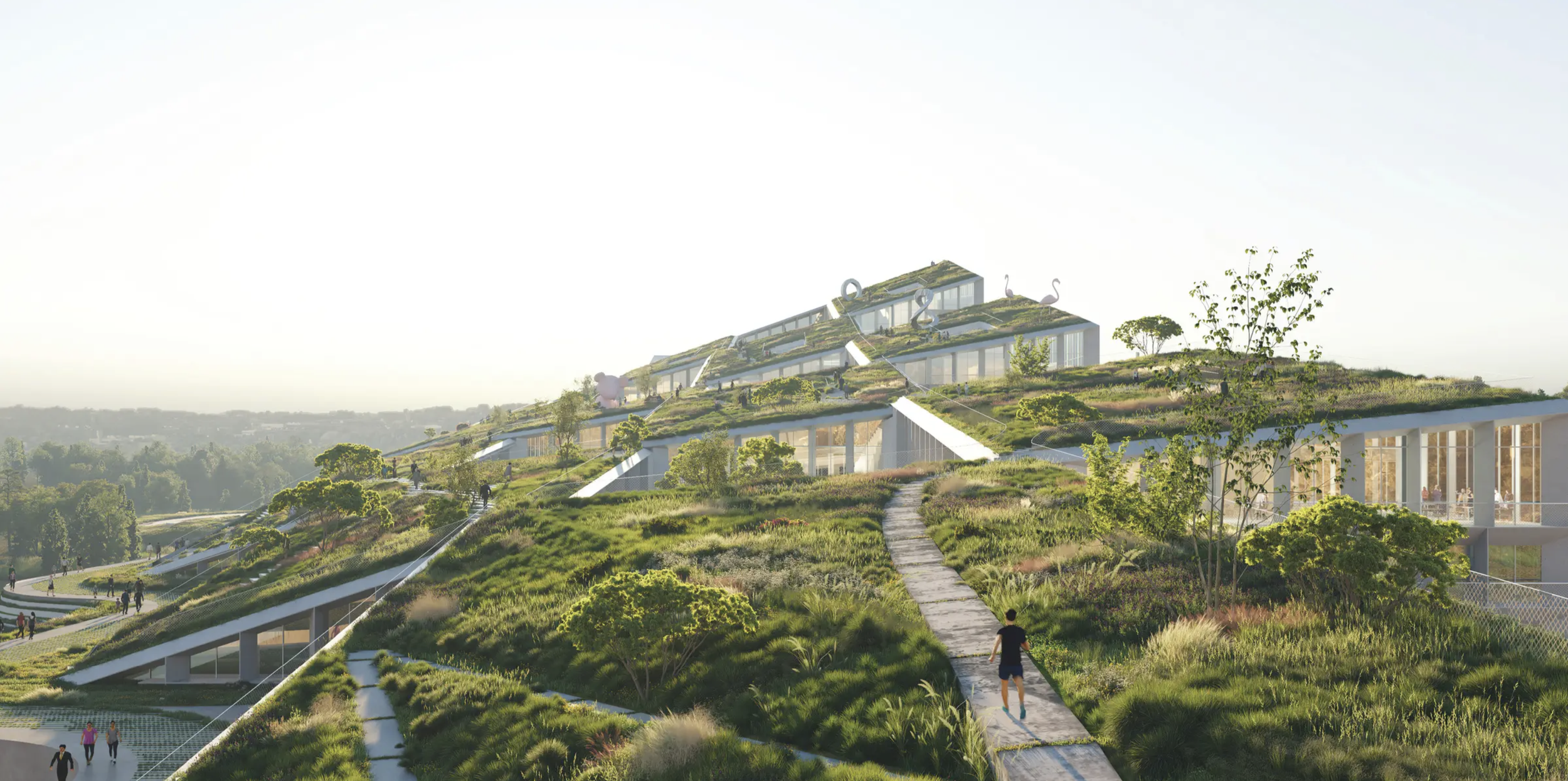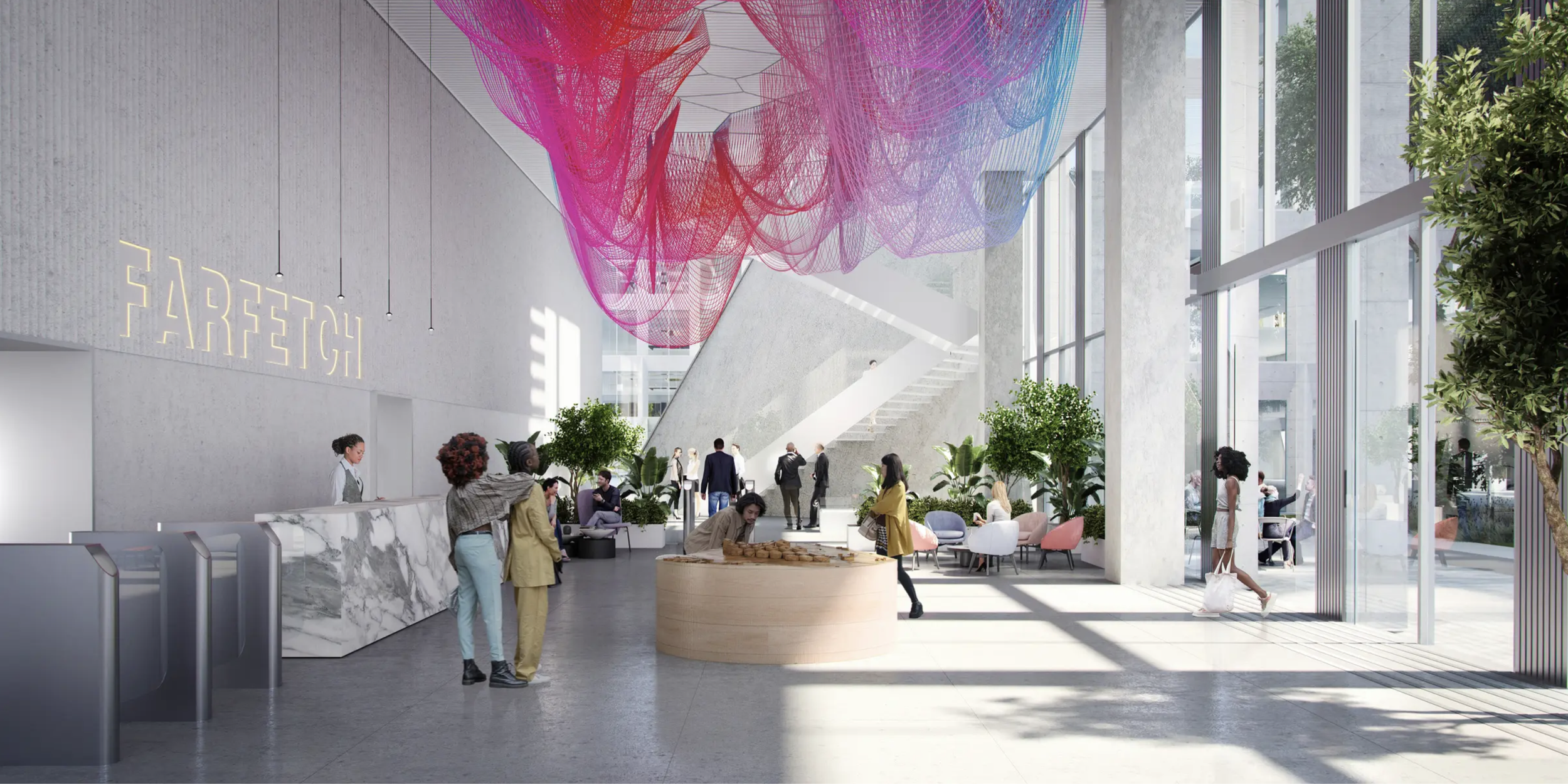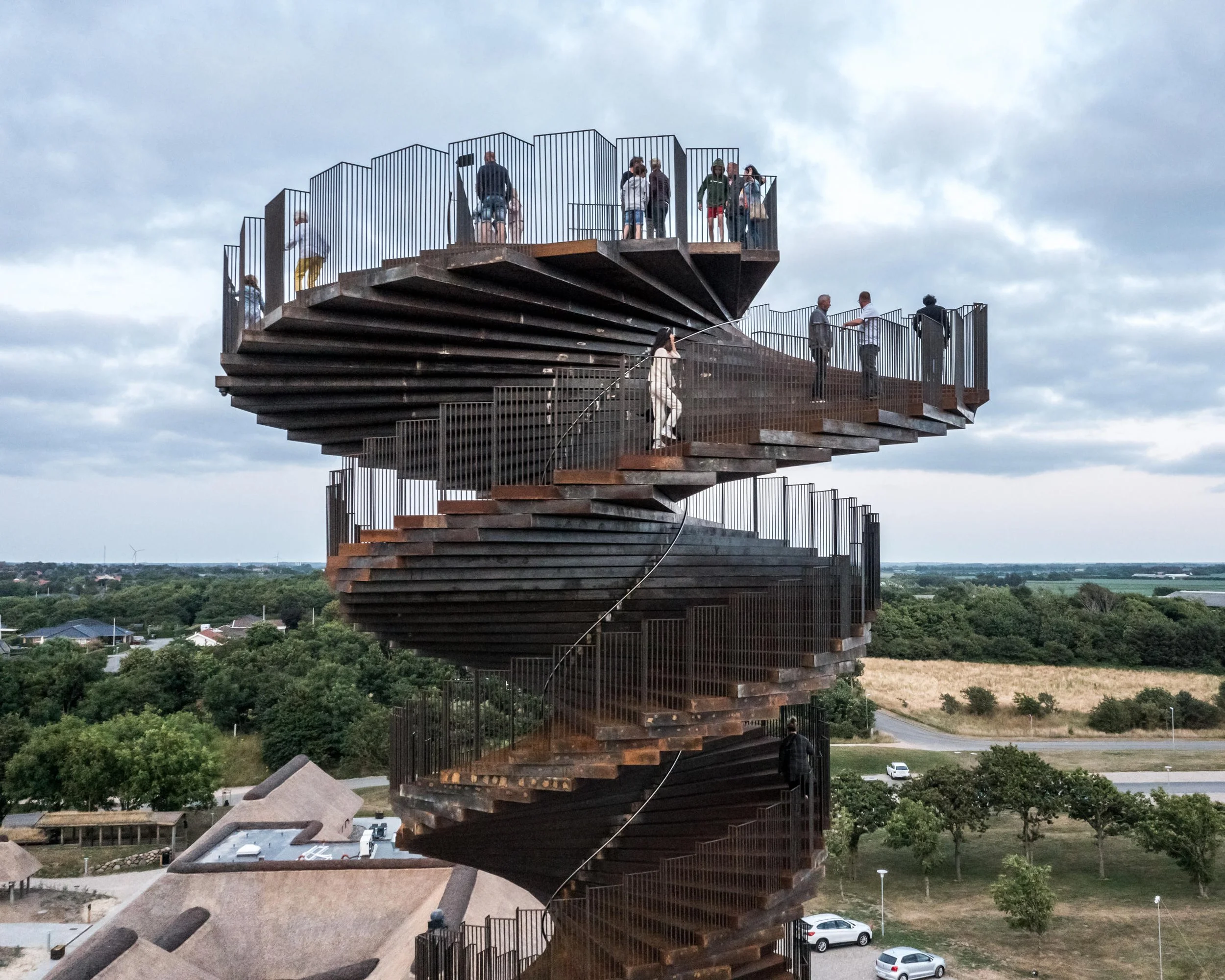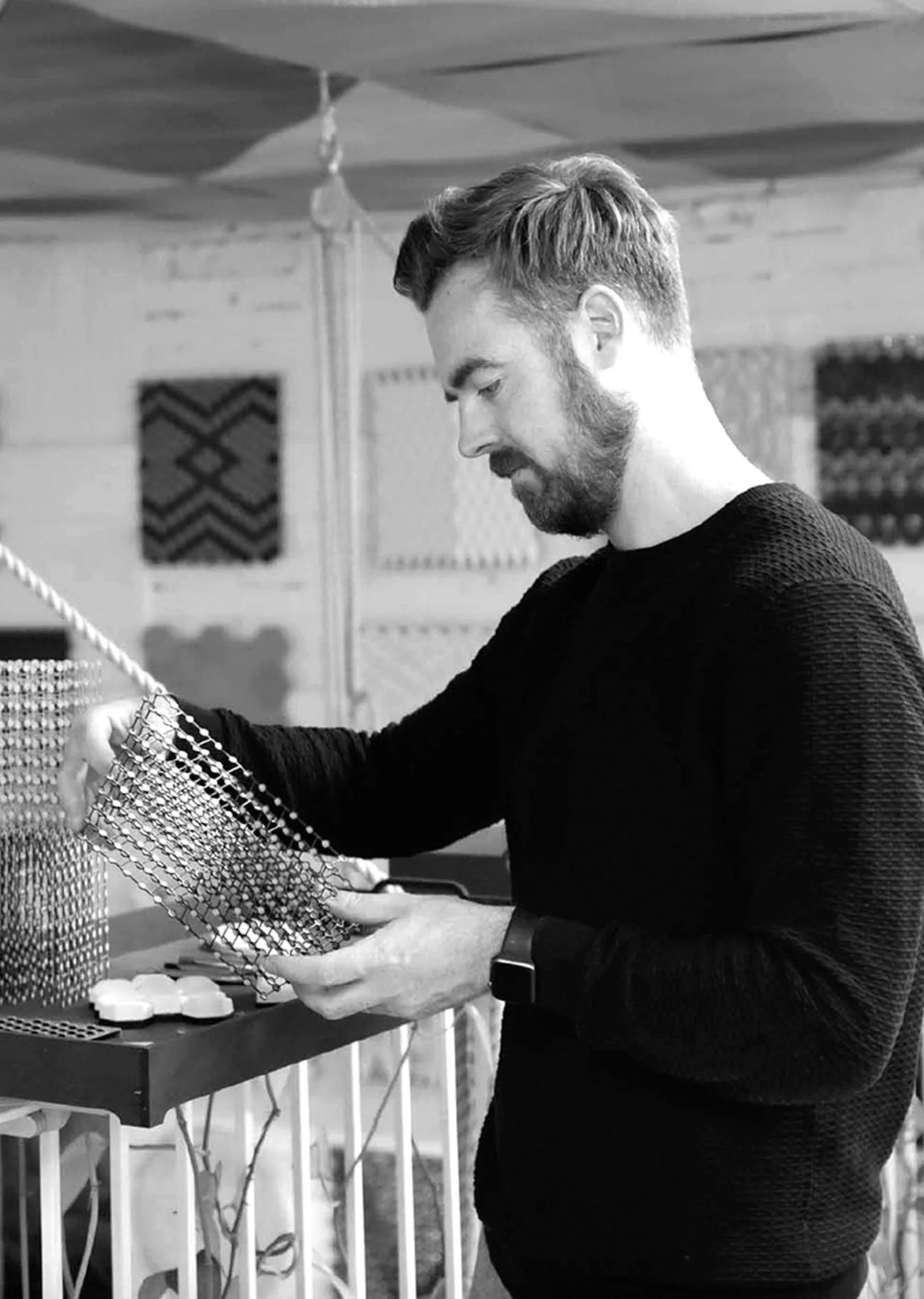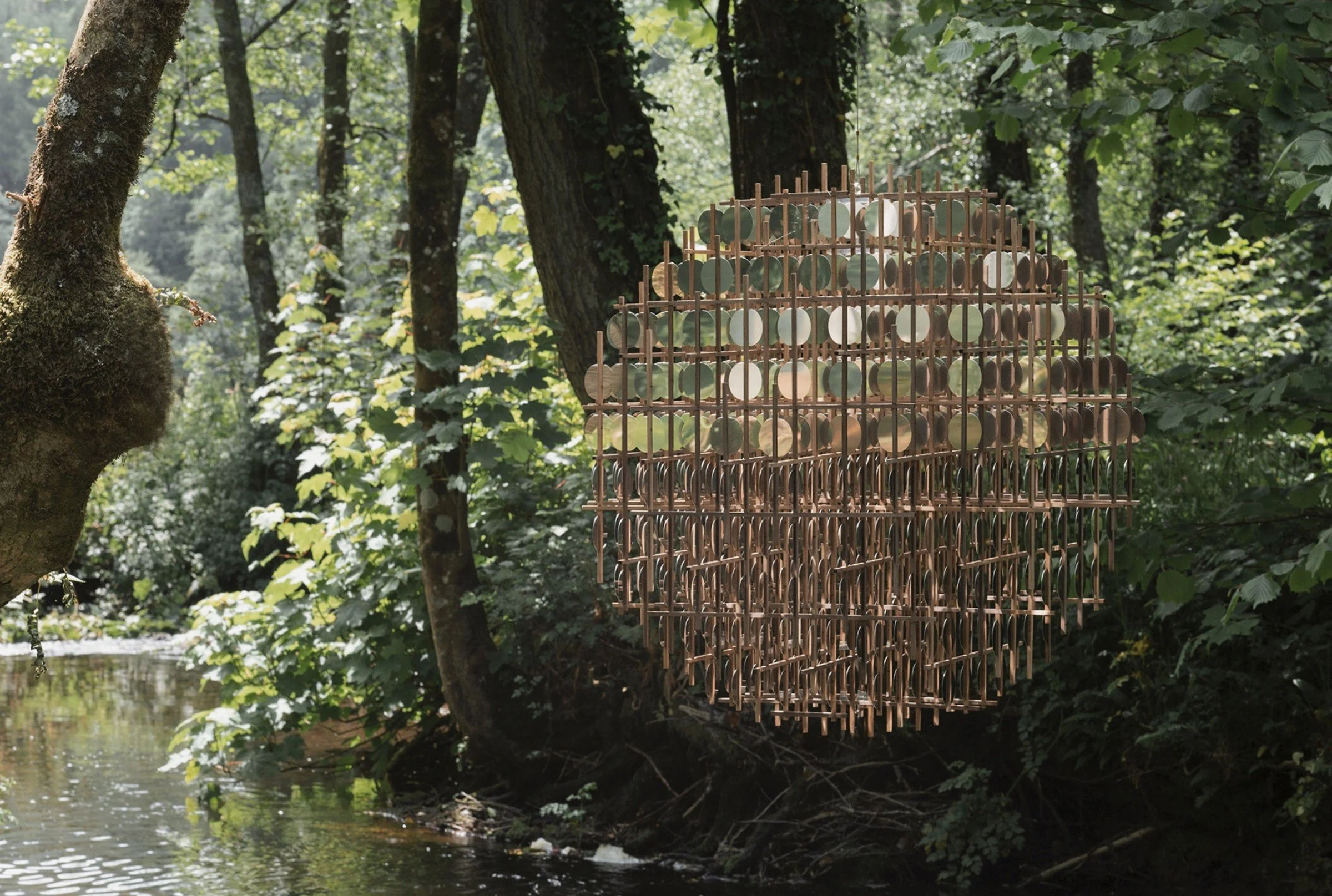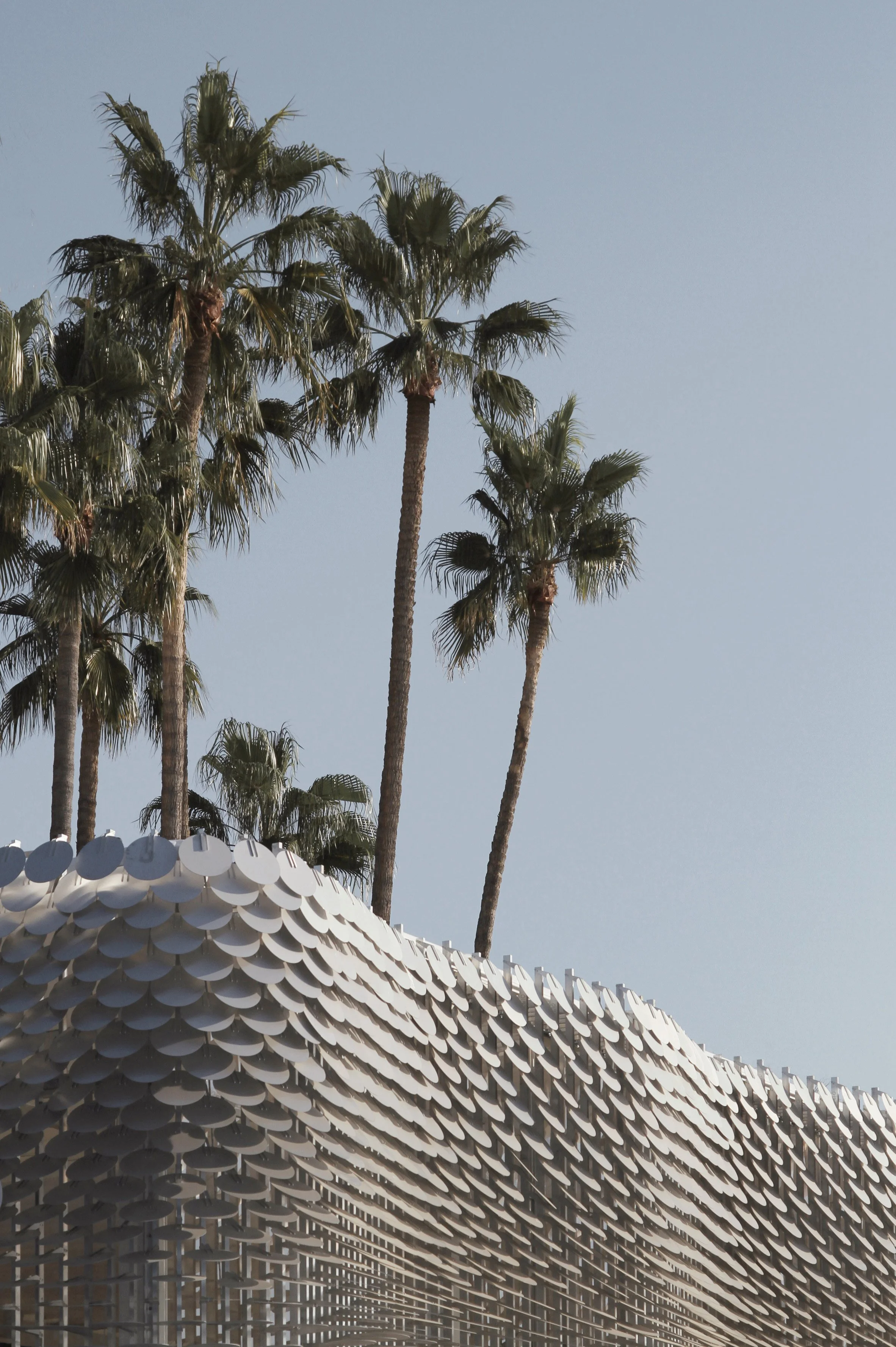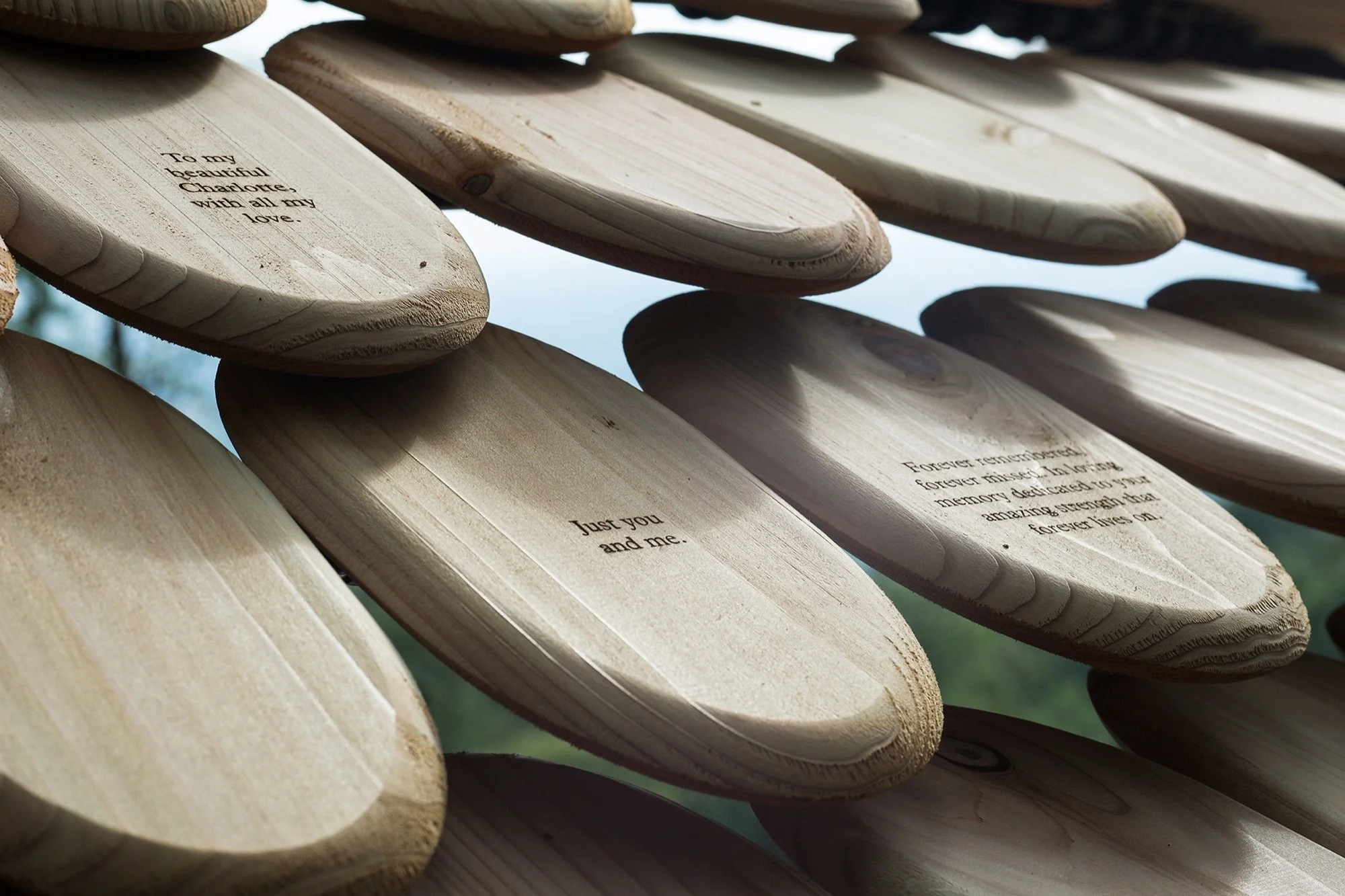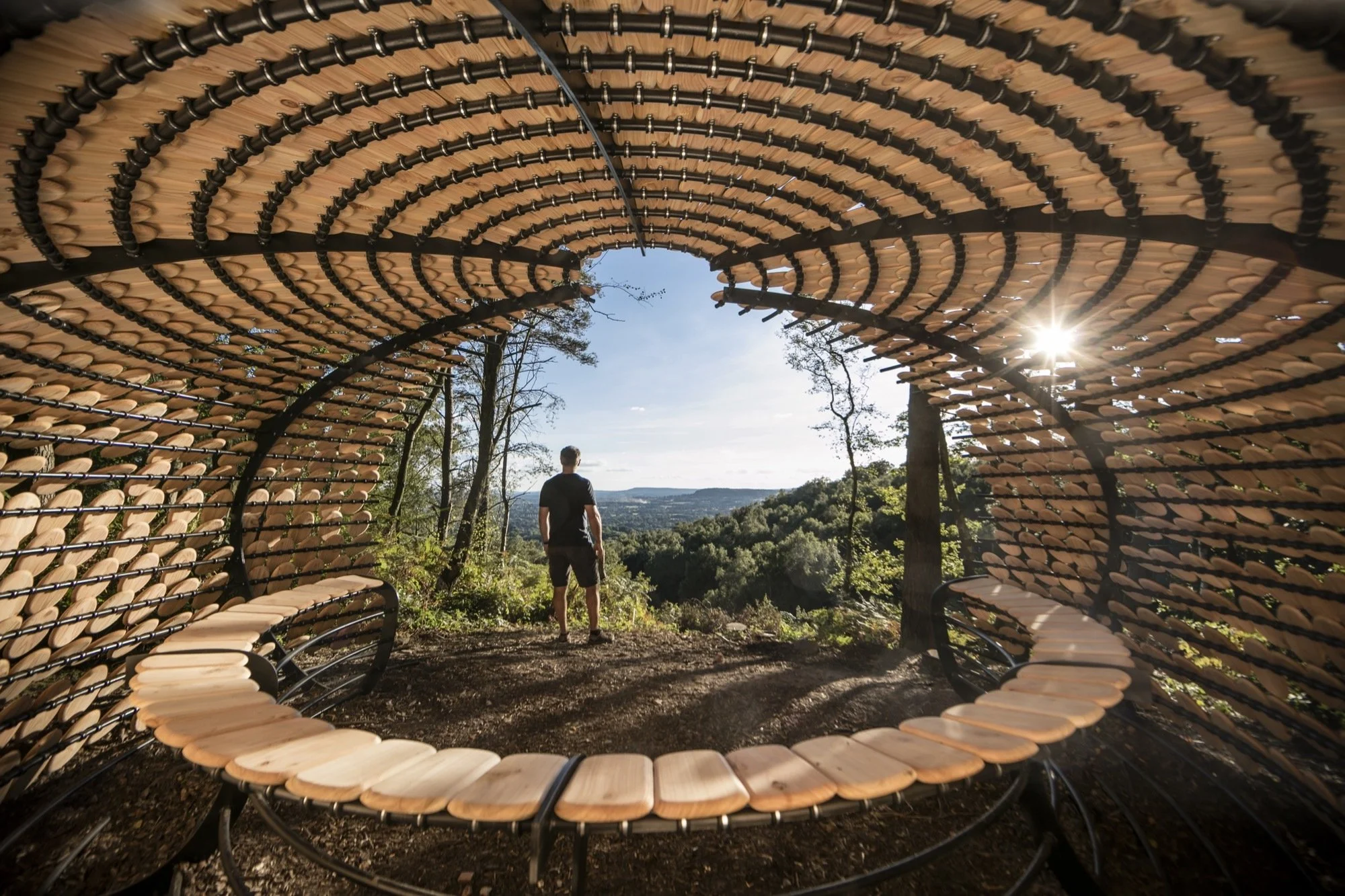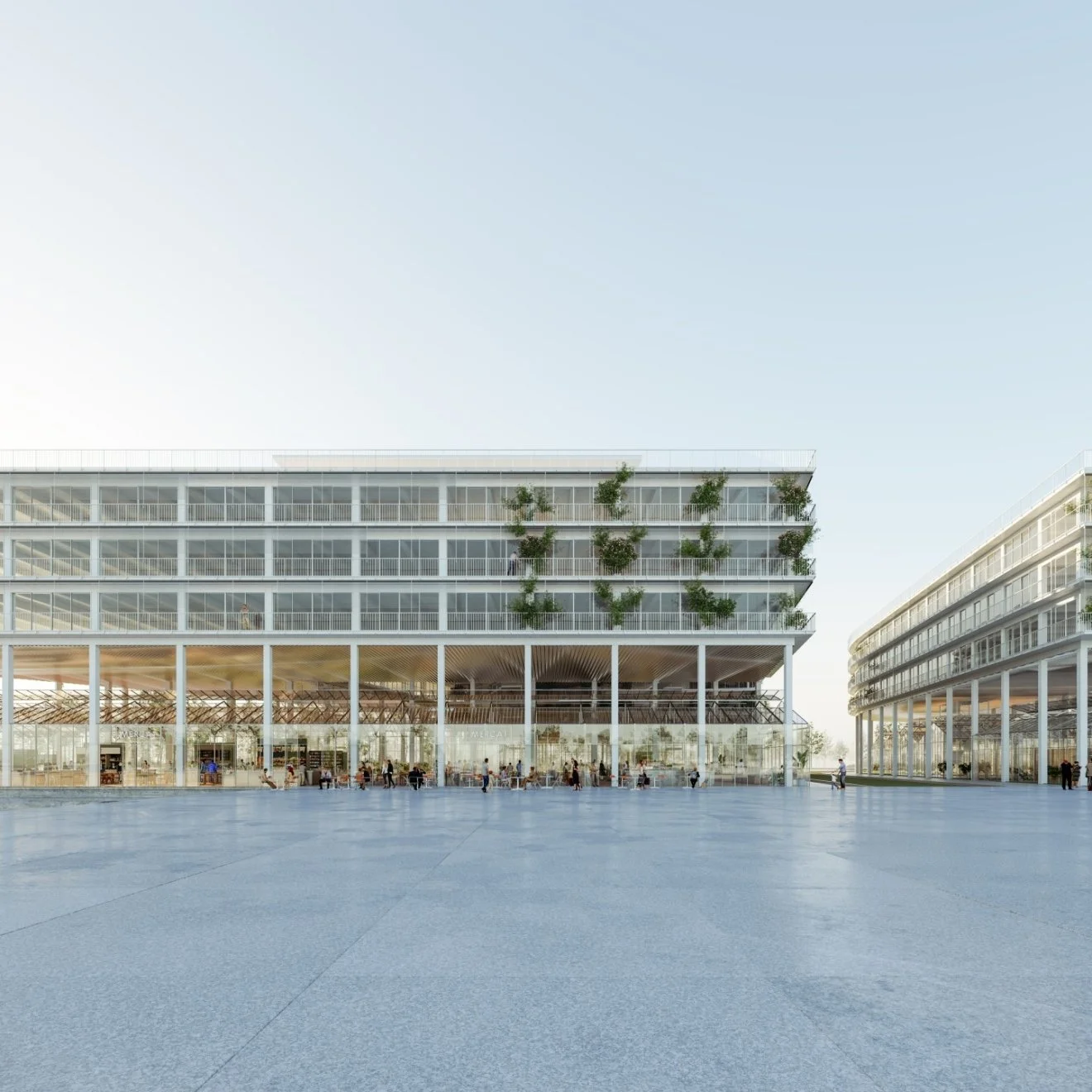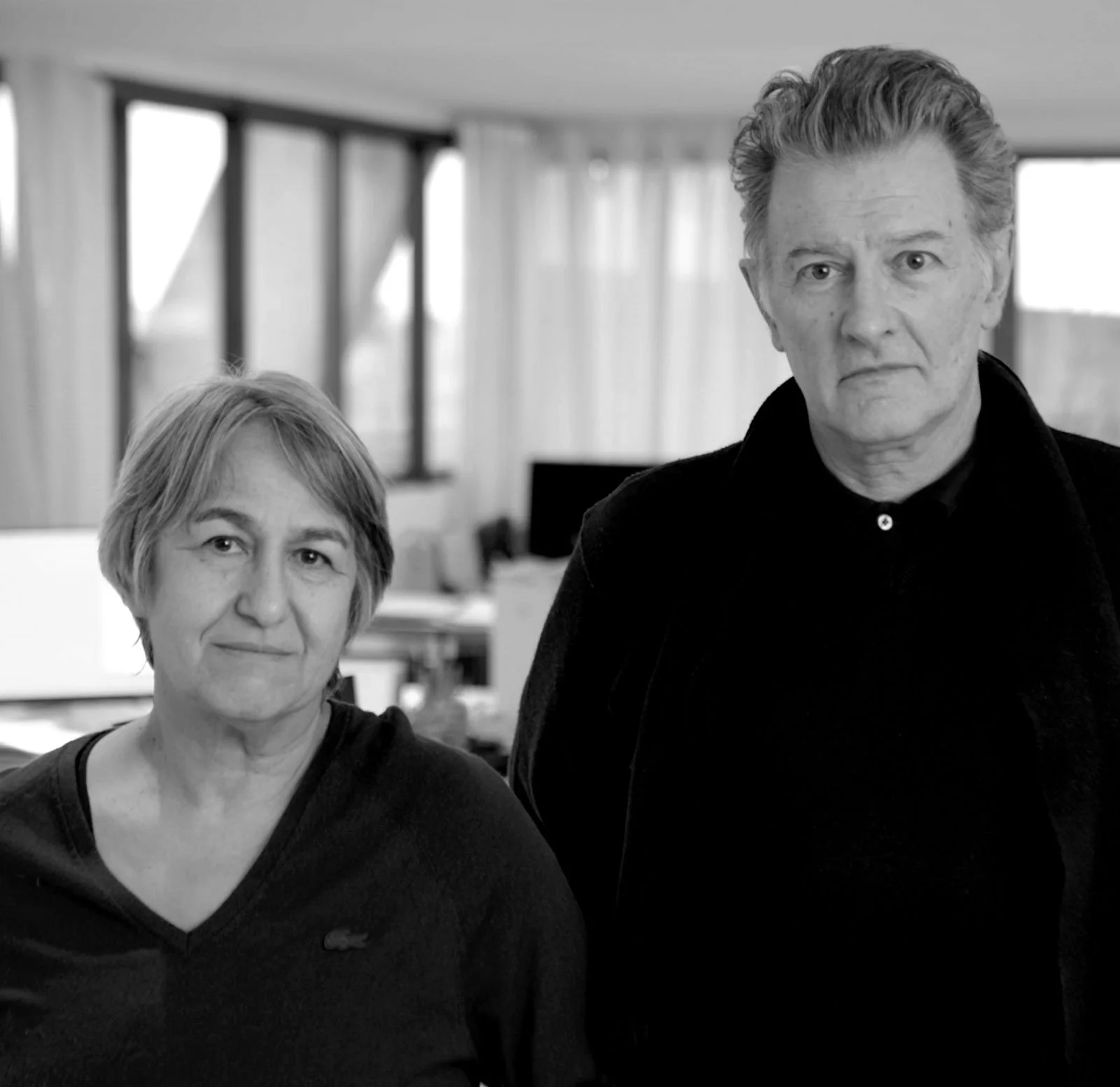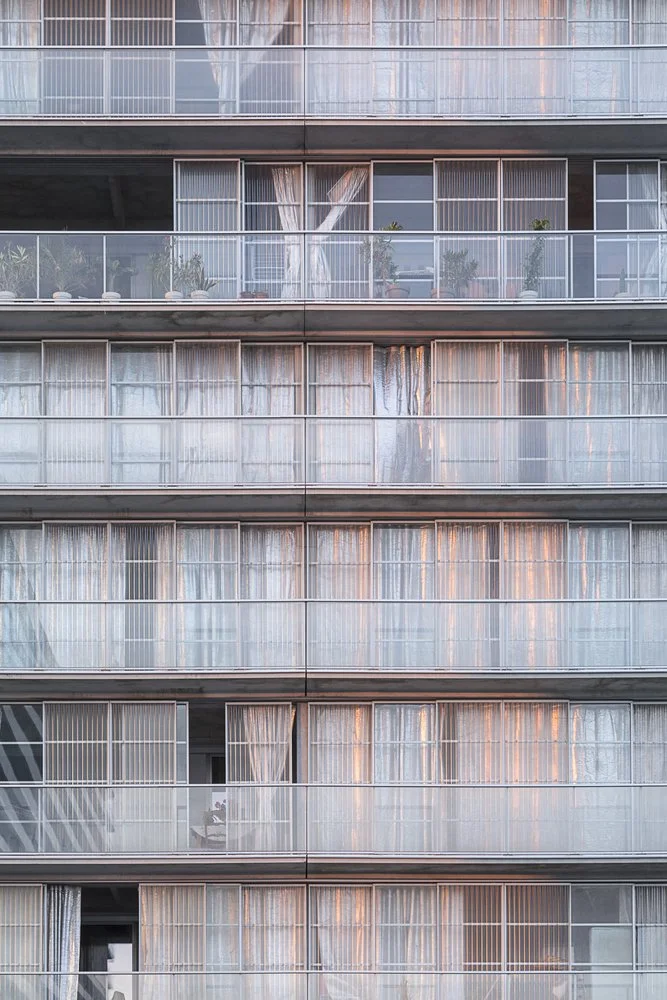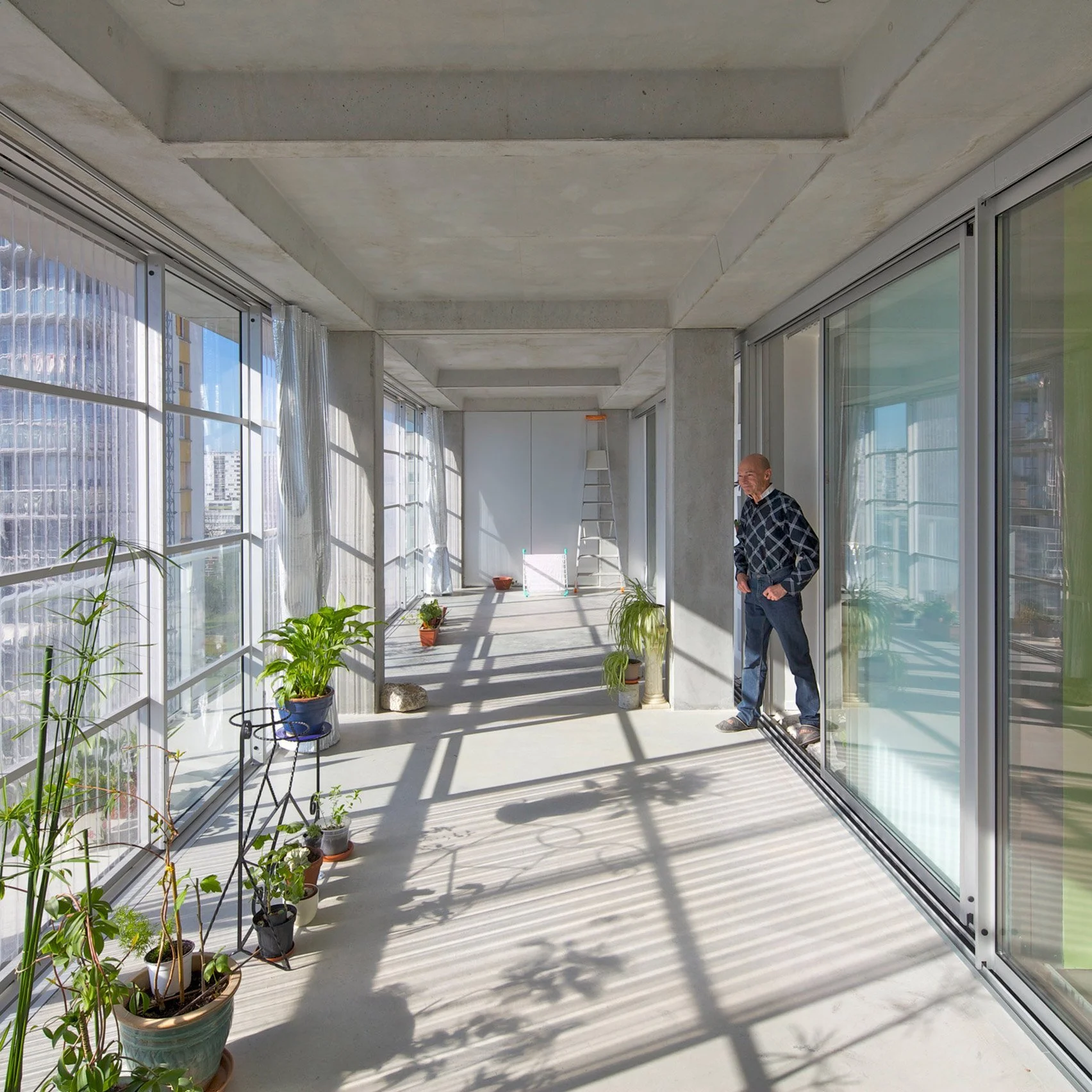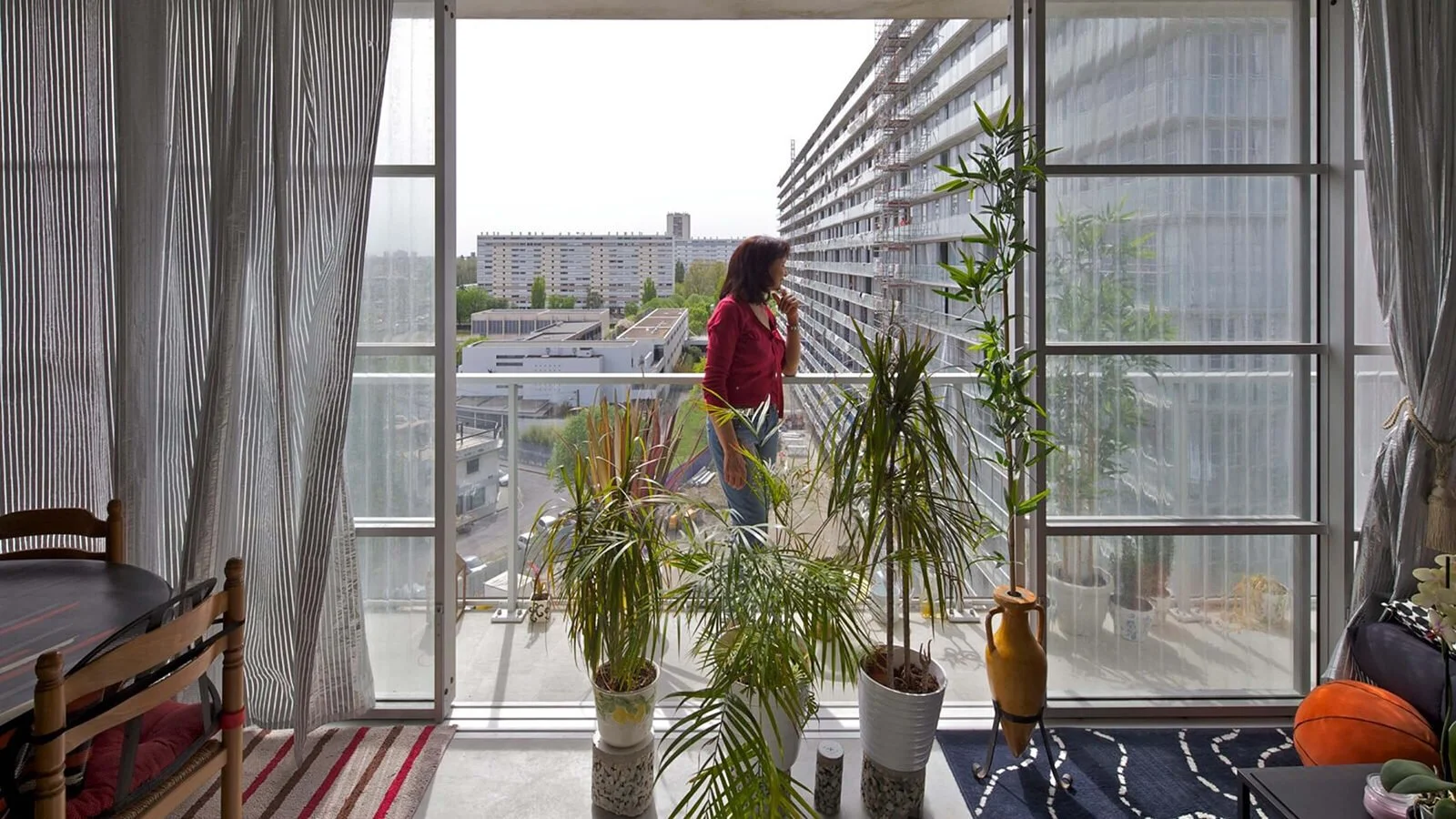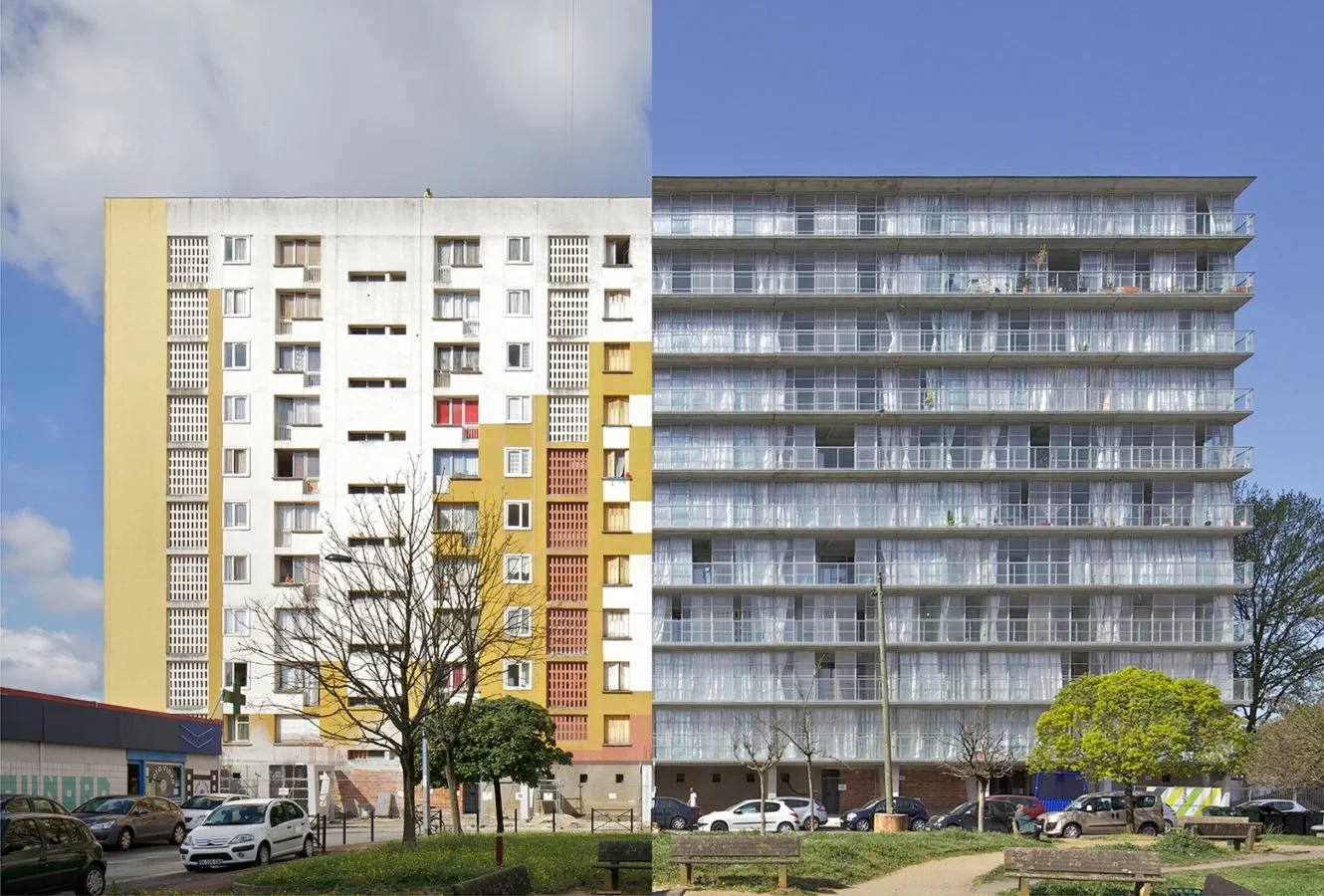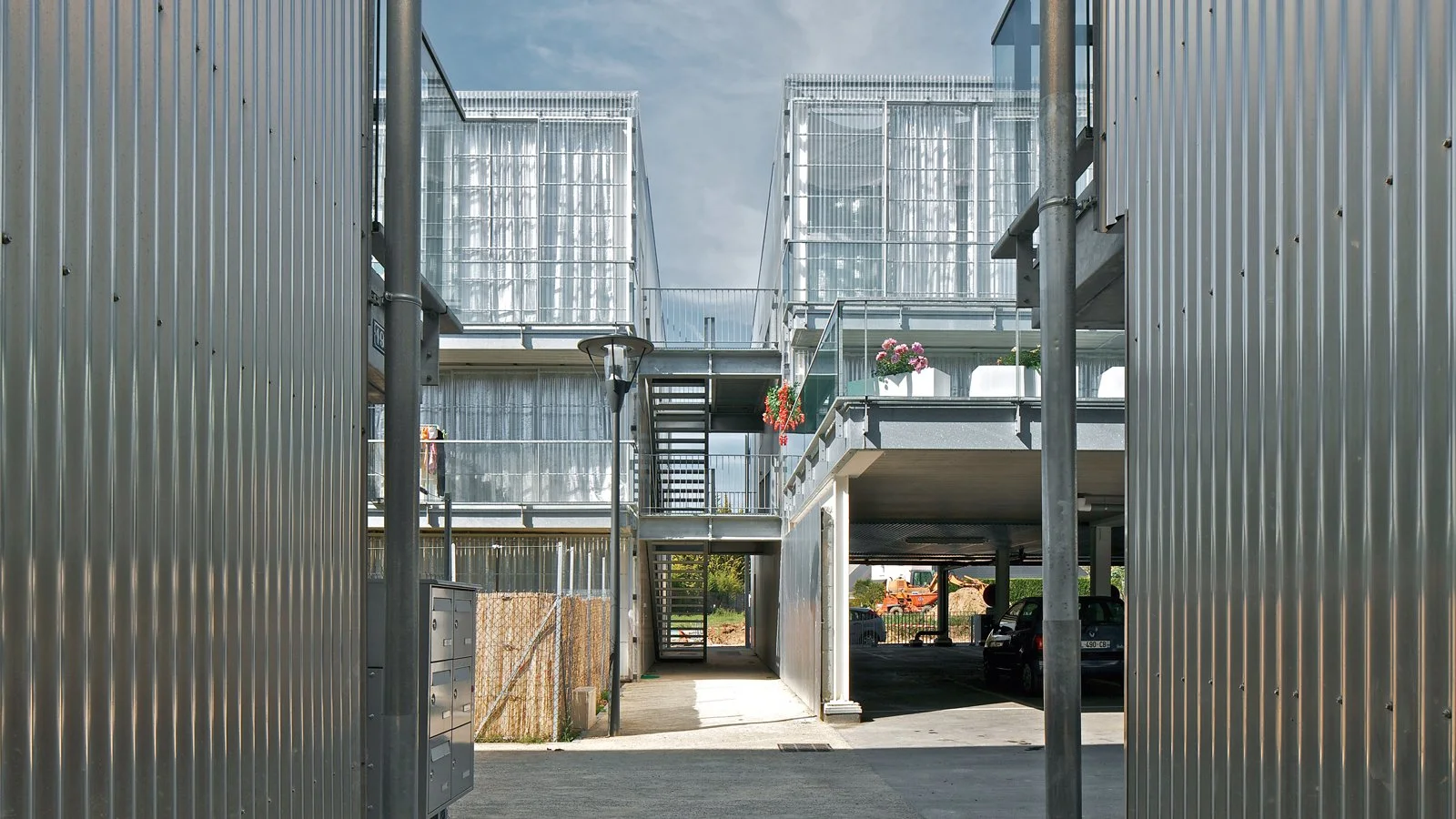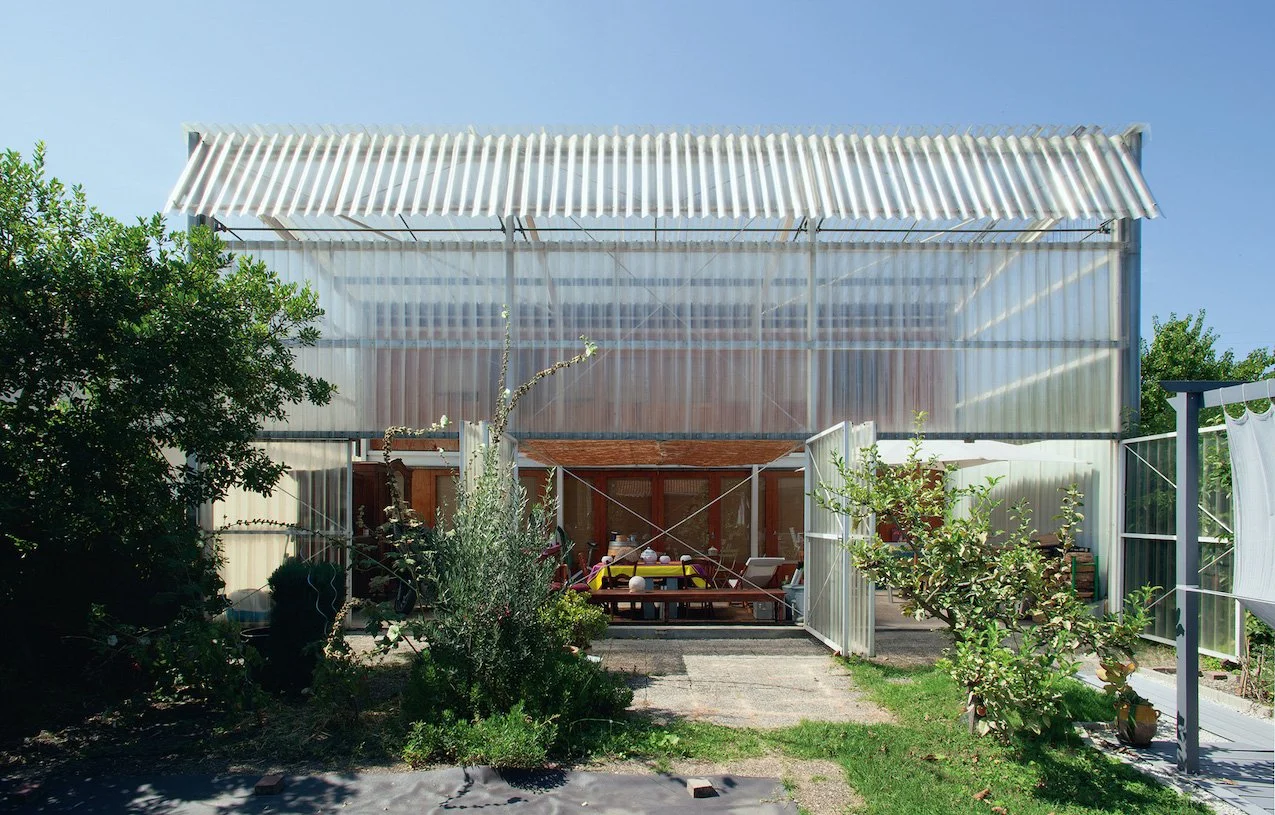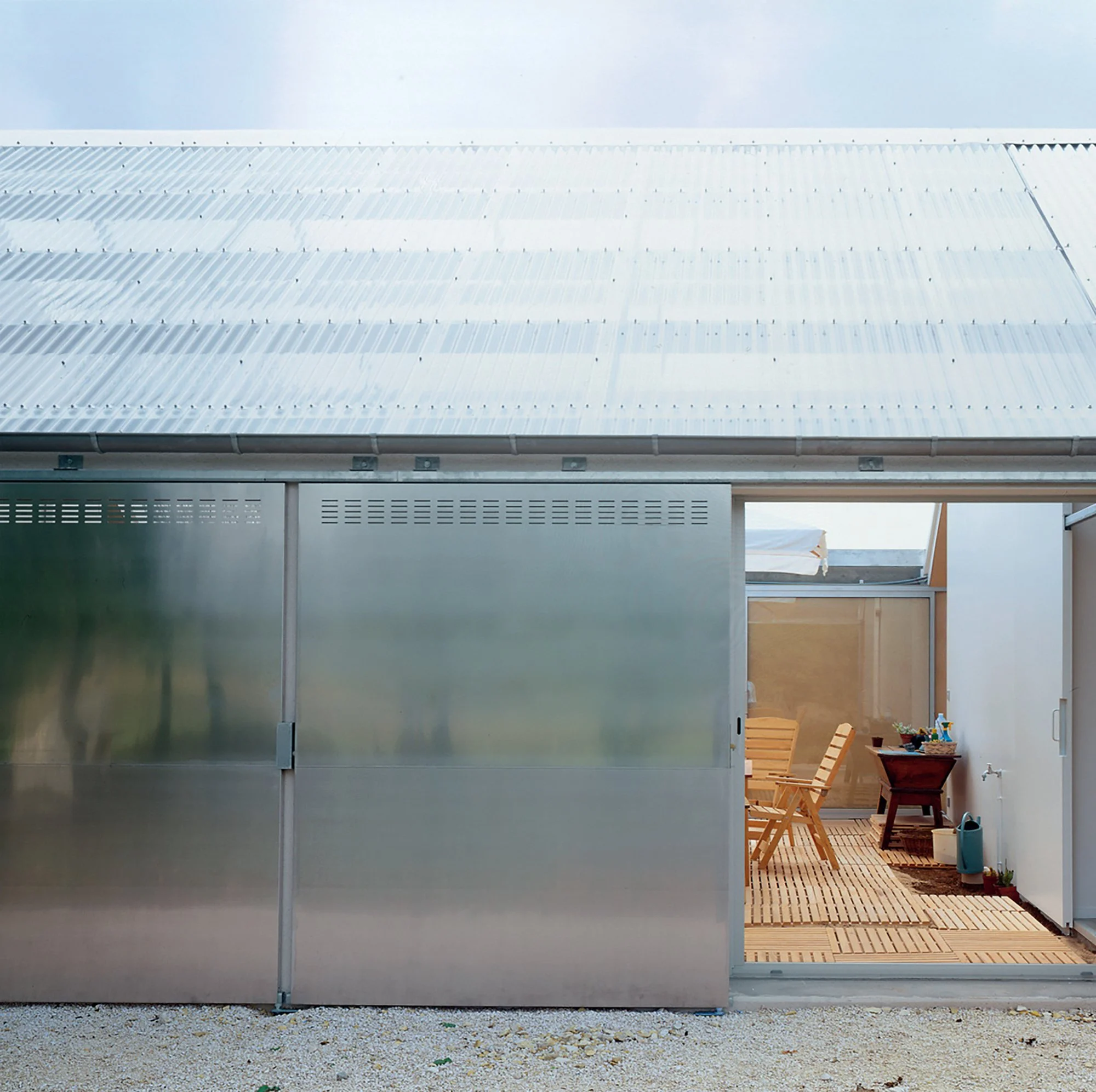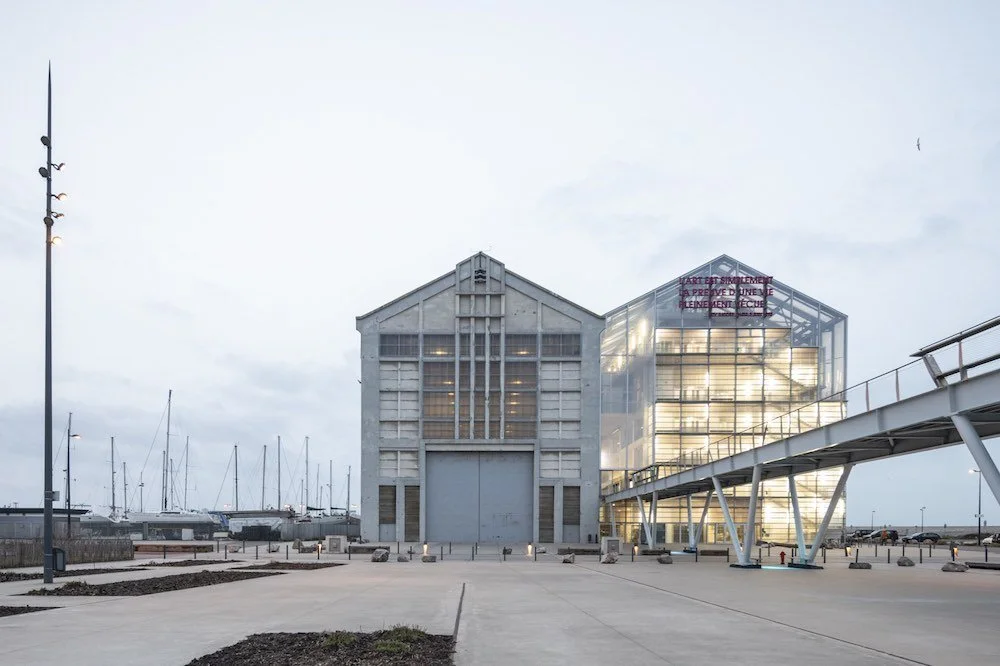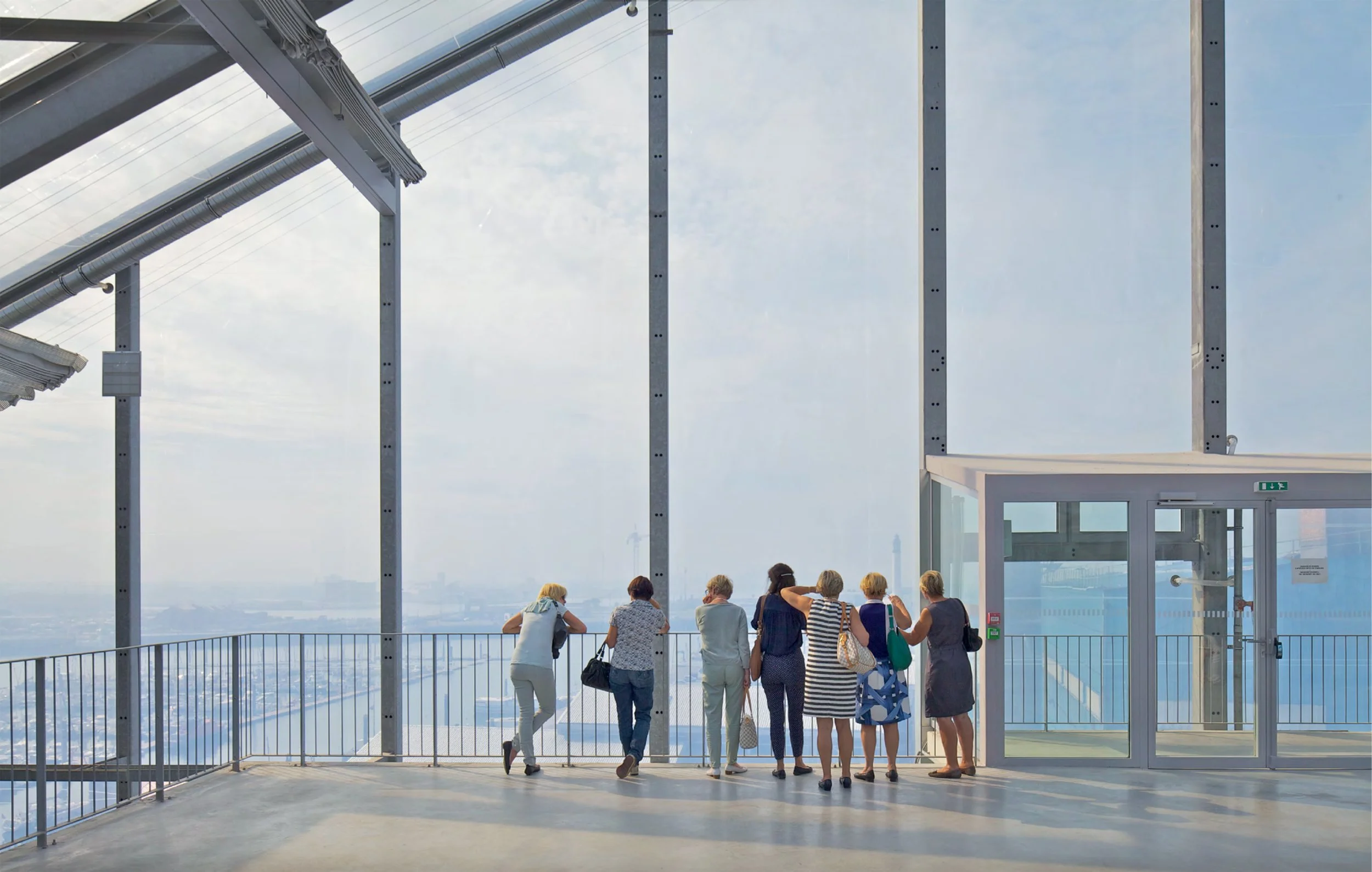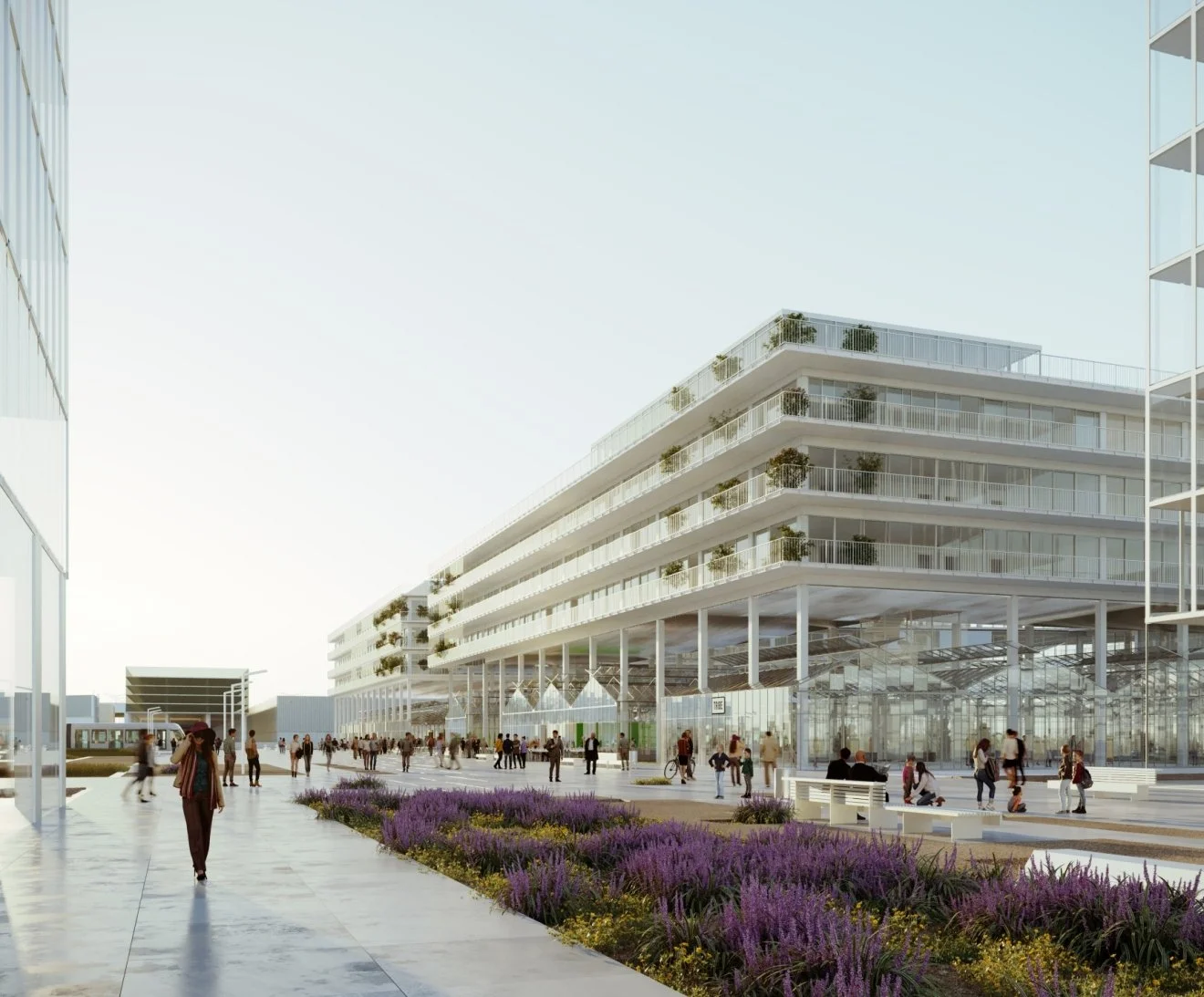 Image 1 of 17
Image 1 of 17

 Image 2 of 17
Image 2 of 17

 Image 3 of 17
Image 3 of 17

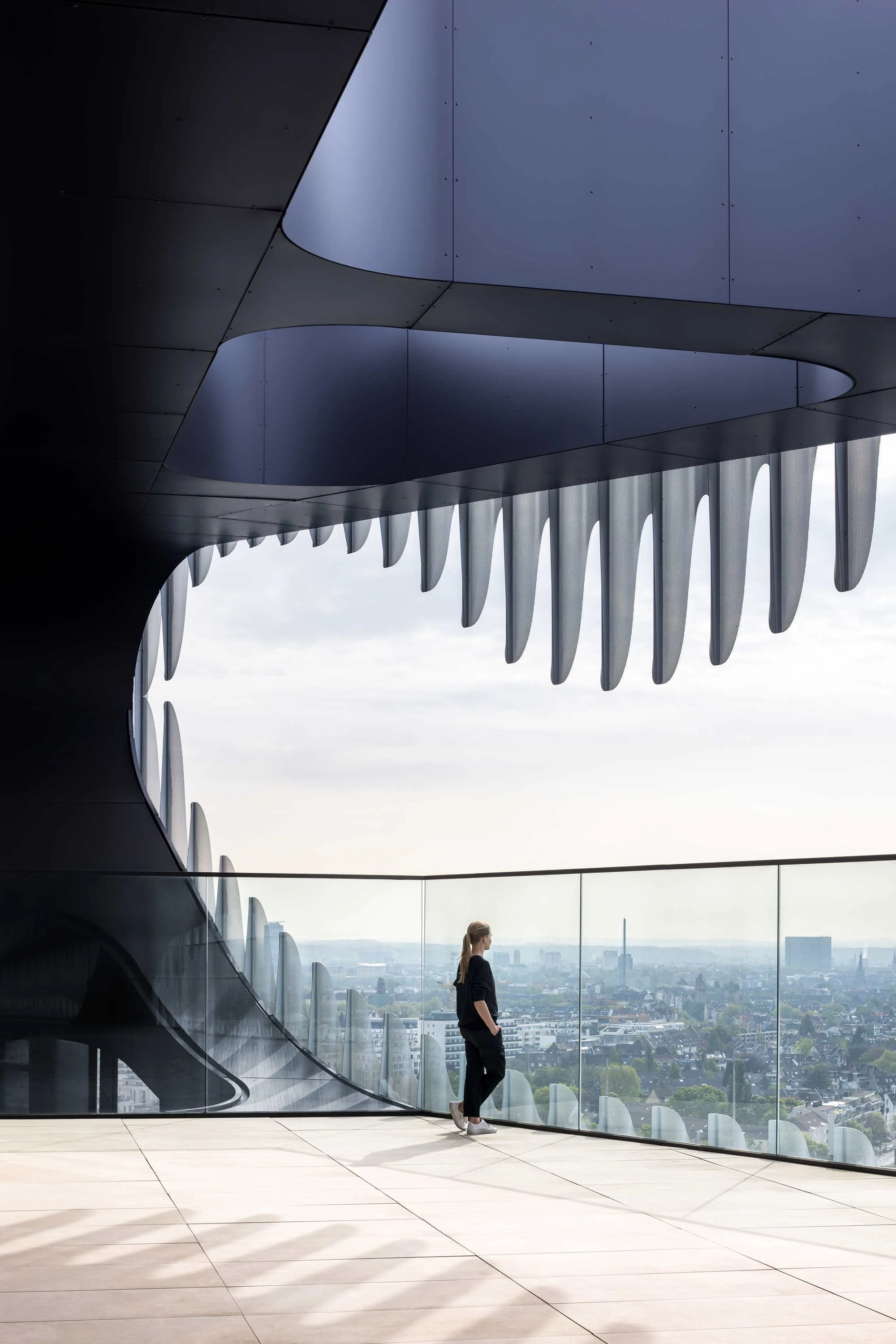 Image 4 of 17
Image 4 of 17

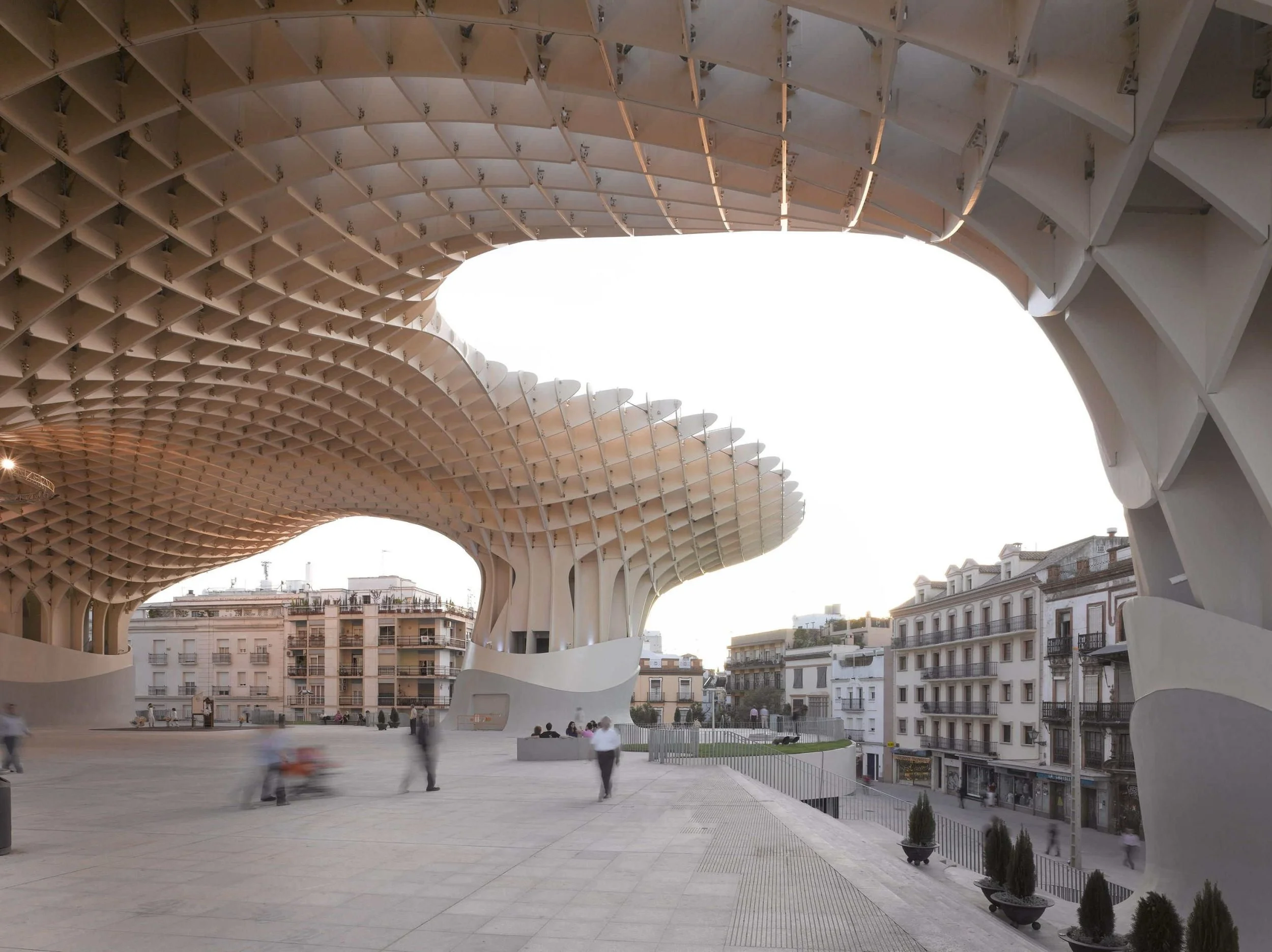 Image 5 of 17
Image 5 of 17

 Image 6 of 17
Image 6 of 17

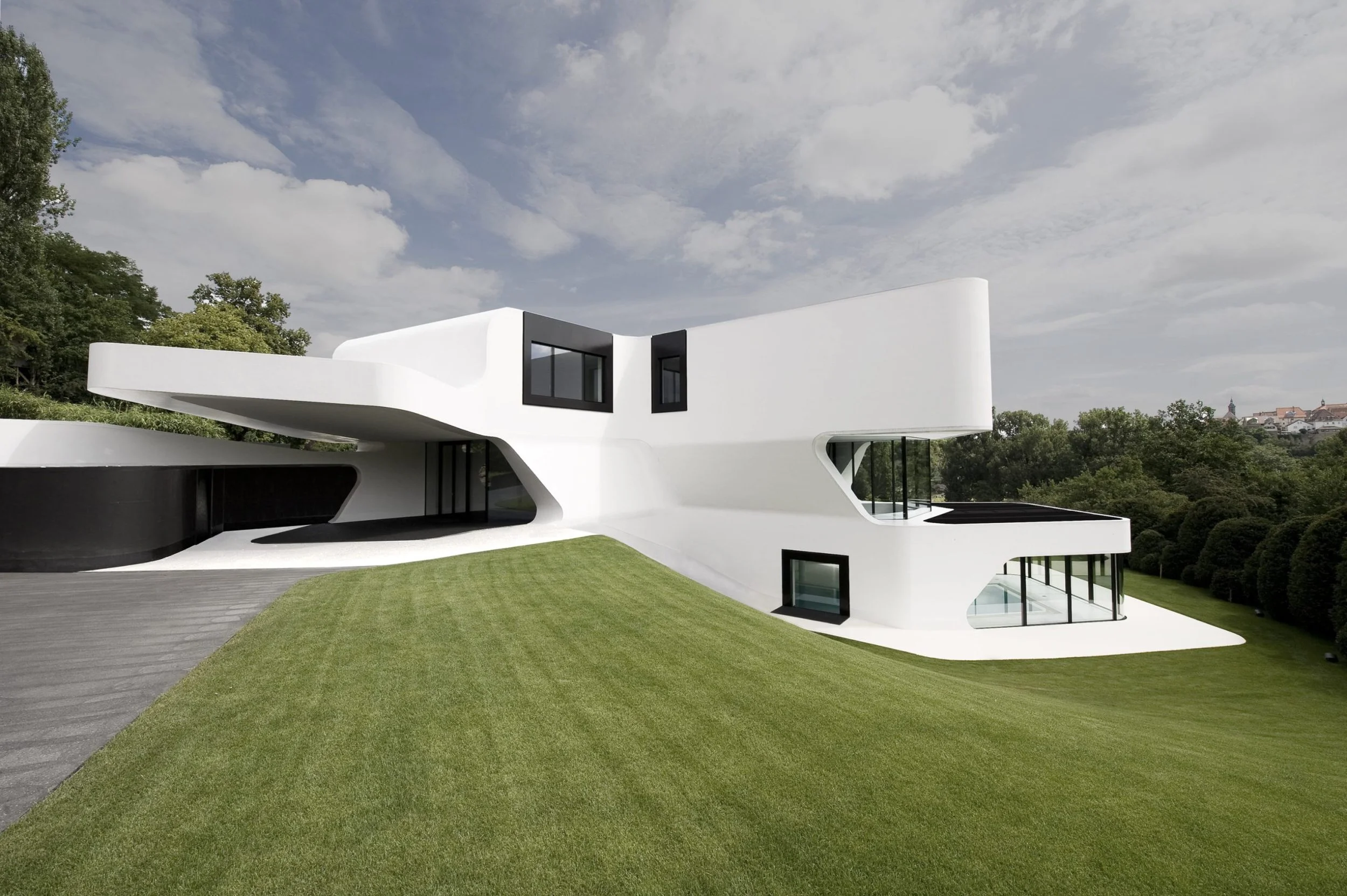 Image 7 of 17
Image 7 of 17

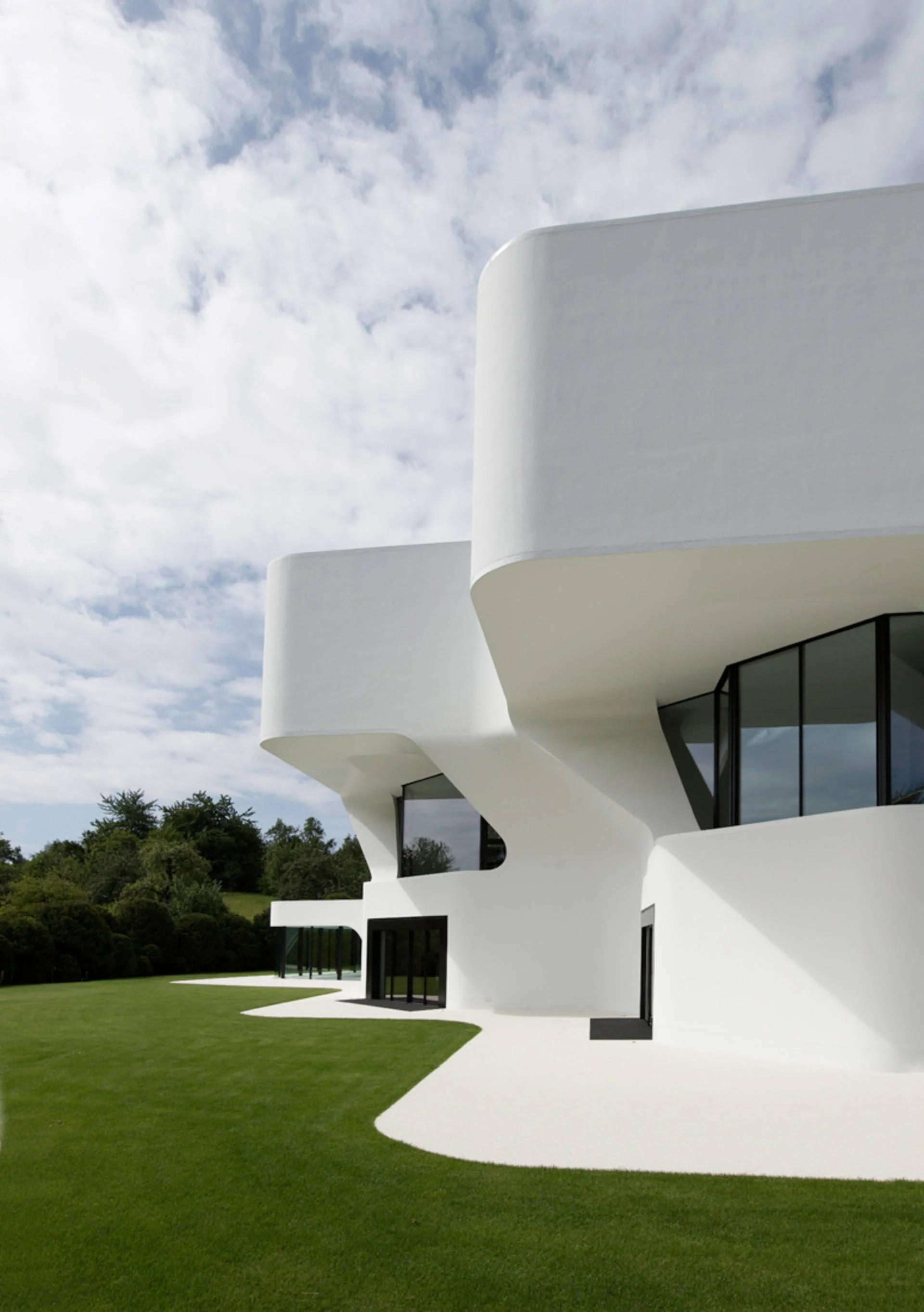 Image 8 of 17
Image 8 of 17

 Image 9 of 17
Image 9 of 17

 Image 10 of 17
Image 10 of 17

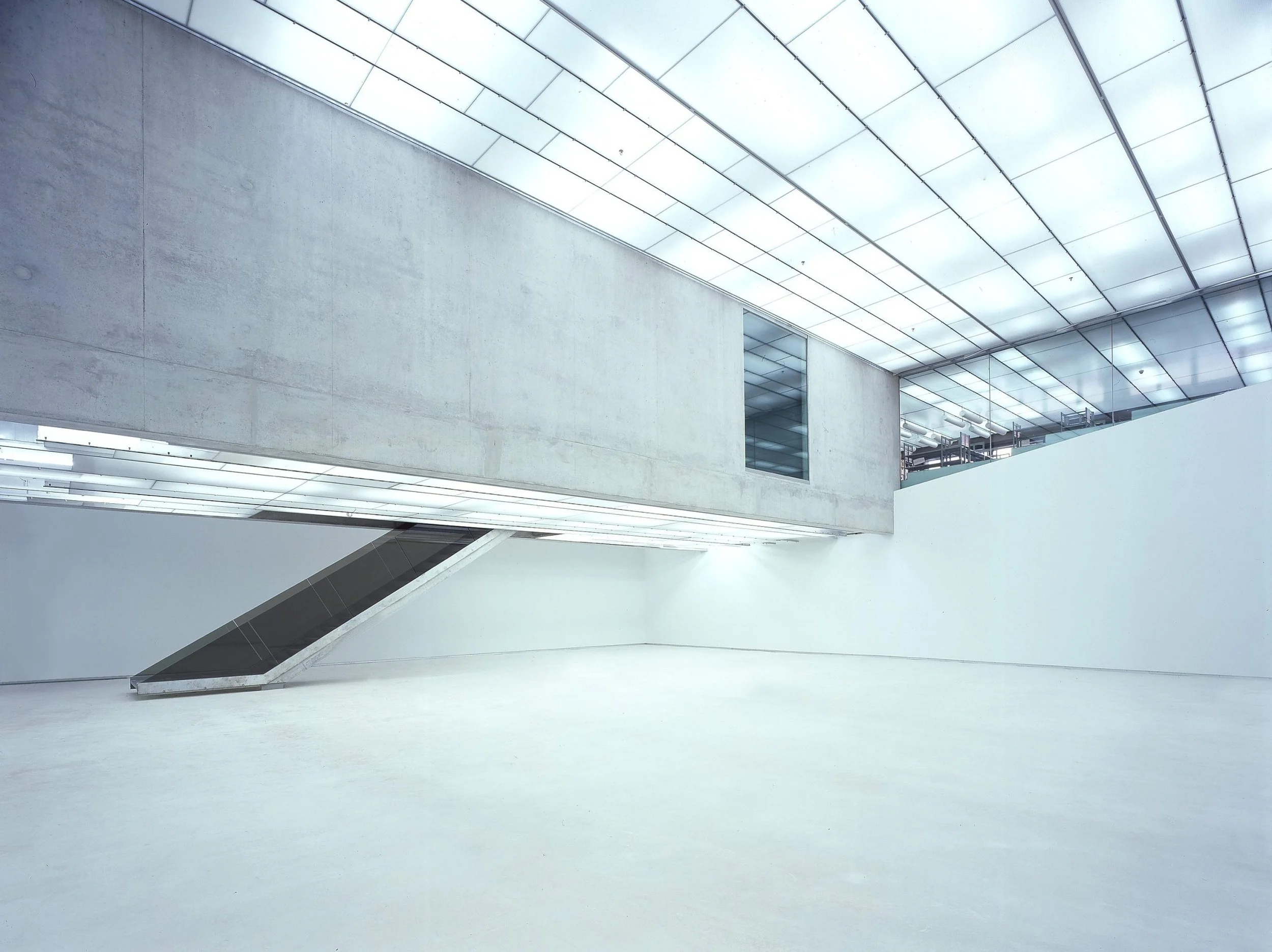 Image 11 of 17
Image 11 of 17

 Image 12 of 17
Image 12 of 17

 Image 13 of 17
Image 13 of 17

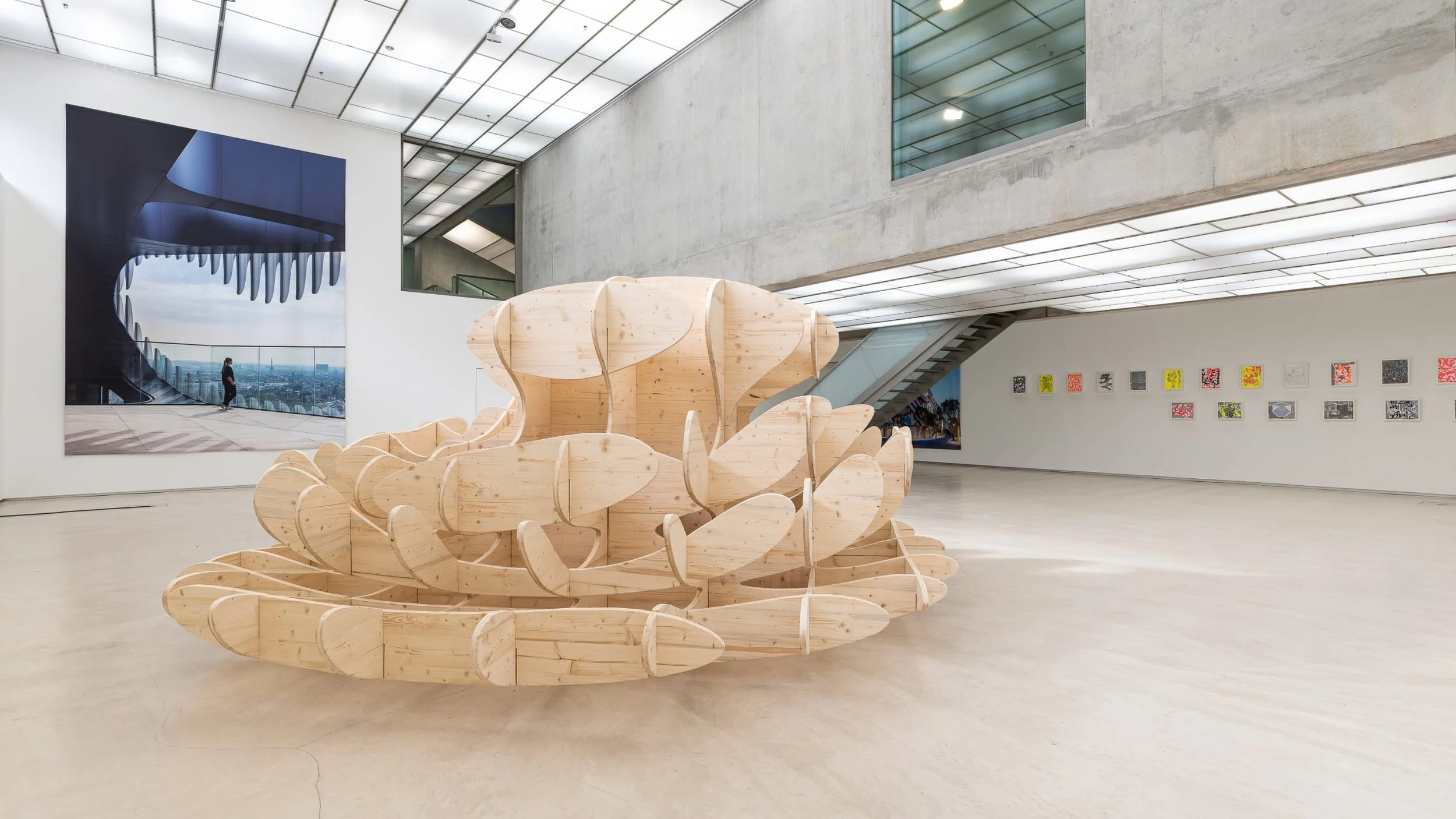 Image 14 of 17
Image 14 of 17

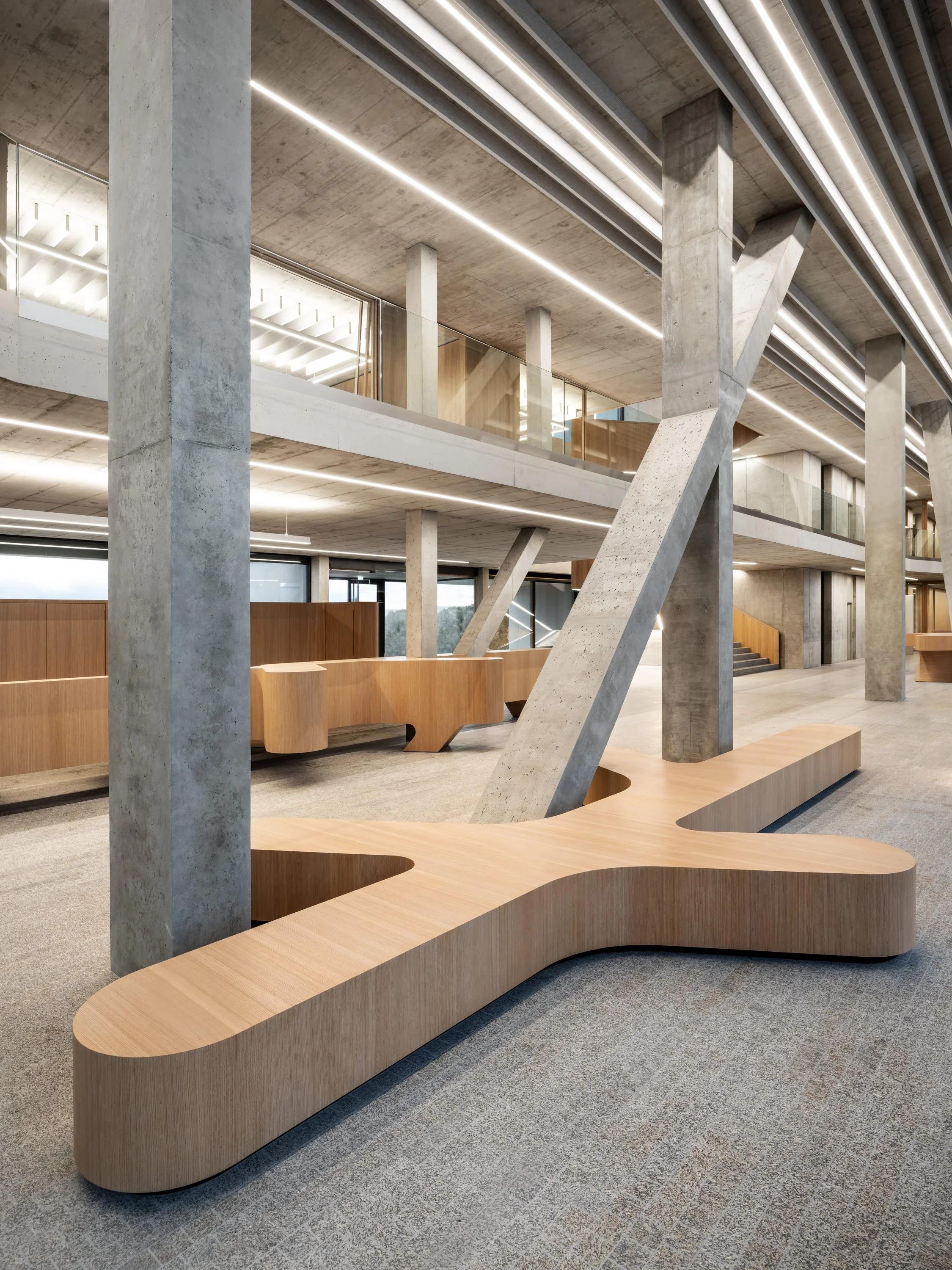 Image 15 of 17
Image 15 of 17

 Image 16 of 17
Image 16 of 17

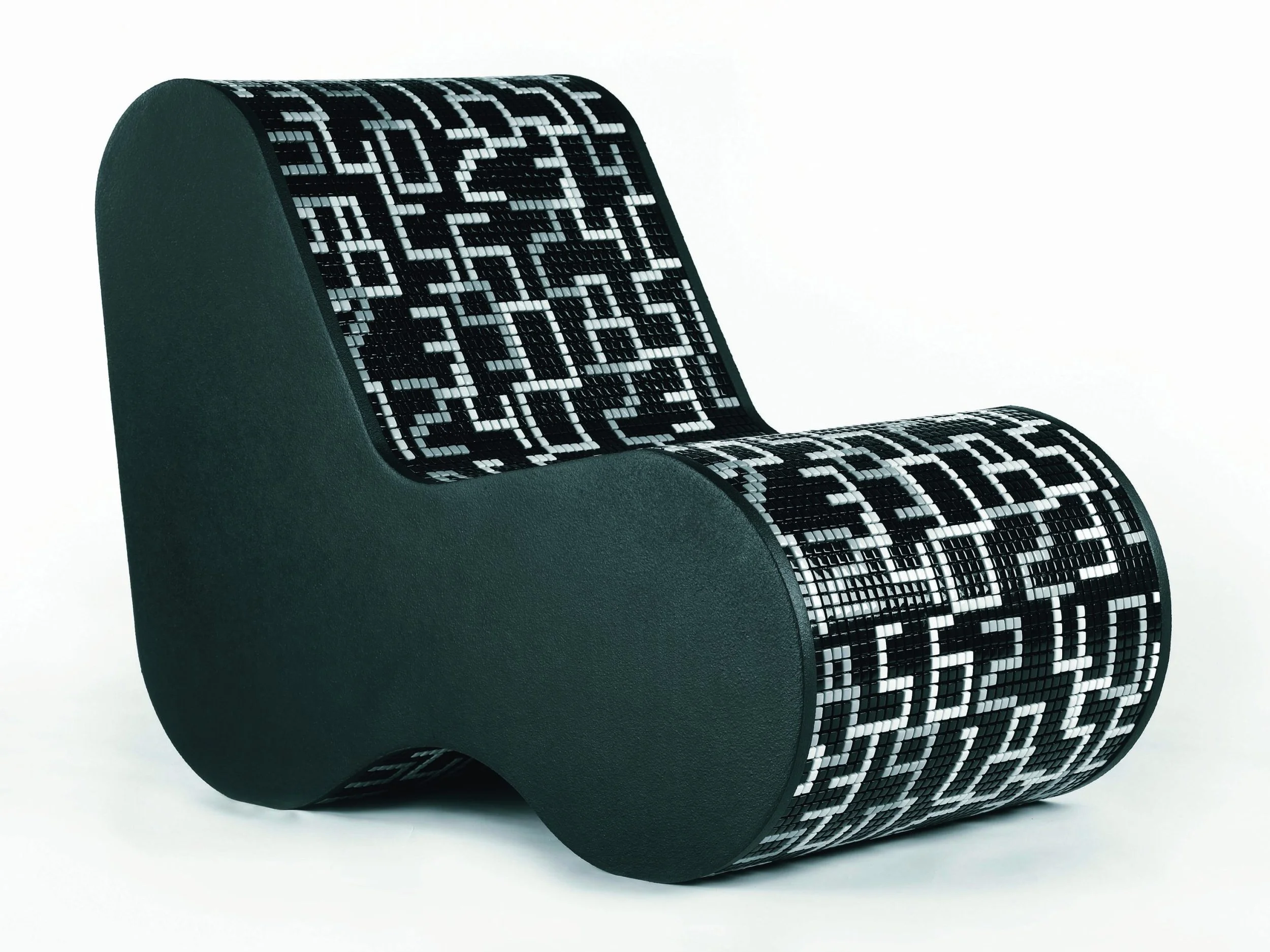 Image 17 of 17
Image 17 of 17


















J. Mayer H. Architects is known for its innovative and unconventional approach
J. MAYER H. und Partner, Architekten is an international award-winning architecture studio founded by Jürgen Mayer H. in 1996. Based in Berlin, Germany, the studio was established with the mission to explore the intersection of architecture, communication, and new technology. J. MAYER H.'s current mission focuses on creating innovative architectural solutions that integrate sustainability and circular economy principles. Core values include innovation, sustainability, and technological advancement, with a purpose to redefine the relationship between architecture, materials, and the environment.
Location
Headquarters: Berlin, Germany.
Primary manufacturing/operations locations: Various global locations for projects and collaborations.
The Circular Vision
Core circular economy principles: Designing out waste, using recycled and sustainable materials, and creating buildings that promote environmental awareness and sustainable practices.
Key innovations: Development of projects like the Metropol Parasol in Seville, Spain, which showcases the potential for using innovative materials and construction techniques to create sustainable urban spaces.
Prioritization of local sourcing and closed-loop supply chains: Emphasis on using locally sourced materials and sustainable production methods to minimize environmental impact and support local economies.
Pioneering Solutions
Flagship projects: J. MAYER H.'s portfolio includes innovative projects such as the Metropol Parasol (a large wooden structure in Seville, Spain), the RKM 740 Tower (a high-rise residential building in Düsseldorf), the IGZ Headquarters in Falkenberg, the FOM University building in Düsseldorf, and various public and infrastructural buildings in Georgia, such as the Mestia Airport and the Sarpi Border Crossing.
The Regenerative Future
R&D focus areas: Advancing sustainable architectural techniques, exploring new applications for innovative materials, and developing solutions that further reduce waste and energy consumption in architectural design and construction processes.
Ambitious goals: To lead the architecture industry in sustainable practices, create zero-waste buildings, and inspire a shift towards a regenerative approach to design and environmental stewardship.
Fact Sheet
Commercial Availability: Architectural design services available through collaborations, exhibitions, and partnerships with cultural institutions and businesses.
Circularity Rating: 4/5 (Strong focus on integrating circular economy principles and innovative materials in design).
Key Certifications: Mies van der Rohe Award Emerging Architect Special Mention (2003), Holcim Award Bronze (2005), Audi Urban Future Award (2010).
Material Passport: Detailed material exploration and innovation in many projects, often focusing on the use of sustainable and locally sourced materials.
Designed for Disassembly: Yes, many projects are designed with consideration for future adaptability and material reuse.
Carbon Performance: Focus on reducing carbon footprint through the use of sustainable materials and innovative construction techniques. Committed to minimizing environmental impact through efficient design and construction processes.
Key Takeaway
J. MAYER H. transforms the architecture industry through innovative, sustainable solutions that prioritize circular economy principles, setting a benchmark for environmental responsibility and material innovation in contemporary design.
Explore Further
J. MAYER H. website: https://www.jmayerh.de
J. MAYER H. und Partner, Architekten is an international award-winning architecture studio founded by Jürgen Mayer H. in 1996. Based in Berlin, Germany, the studio was established with the mission to explore the intersection of architecture, communication, and new technology. J. MAYER H.'s current mission focuses on creating innovative architectural solutions that integrate sustainability and circular economy principles. Core values include innovation, sustainability, and technological advancement, with a purpose to redefine the relationship between architecture, materials, and the environment.
Location
Headquarters: Berlin, Germany.
Primary manufacturing/operations locations: Various global locations for projects and collaborations.
The Circular Vision
Core circular economy principles: Designing out waste, using recycled and sustainable materials, and creating buildings that promote environmental awareness and sustainable practices.
Key innovations: Development of projects like the Metropol Parasol in Seville, Spain, which showcases the potential for using innovative materials and construction techniques to create sustainable urban spaces.
Prioritization of local sourcing and closed-loop supply chains: Emphasis on using locally sourced materials and sustainable production methods to minimize environmental impact and support local economies.
Pioneering Solutions
Flagship projects: J. MAYER H.'s portfolio includes innovative projects such as the Metropol Parasol (a large wooden structure in Seville, Spain), the RKM 740 Tower (a high-rise residential building in Düsseldorf), the IGZ Headquarters in Falkenberg, the FOM University building in Düsseldorf, and various public and infrastructural buildings in Georgia, such as the Mestia Airport and the Sarpi Border Crossing.
The Regenerative Future
R&D focus areas: Advancing sustainable architectural techniques, exploring new applications for innovative materials, and developing solutions that further reduce waste and energy consumption in architectural design and construction processes.
Ambitious goals: To lead the architecture industry in sustainable practices, create zero-waste buildings, and inspire a shift towards a regenerative approach to design and environmental stewardship.
Fact Sheet
Commercial Availability: Architectural design services available through collaborations, exhibitions, and partnerships with cultural institutions and businesses.
Circularity Rating: 4/5 (Strong focus on integrating circular economy principles and innovative materials in design).
Key Certifications: Mies van der Rohe Award Emerging Architect Special Mention (2003), Holcim Award Bronze (2005), Audi Urban Future Award (2010).
Material Passport: Detailed material exploration and innovation in many projects, often focusing on the use of sustainable and locally sourced materials.
Designed for Disassembly: Yes, many projects are designed with consideration for future adaptability and material reuse.
Carbon Performance: Focus on reducing carbon footprint through the use of sustainable materials and innovative construction techniques. Committed to minimizing environmental impact through efficient design and construction processes.
Key Takeaway
J. MAYER H. transforms the architecture industry through innovative, sustainable solutions that prioritize circular economy principles, setting a benchmark for environmental responsibility and material innovation in contemporary design.
Explore Further
J. MAYER H. website: https://www.jmayerh.de

